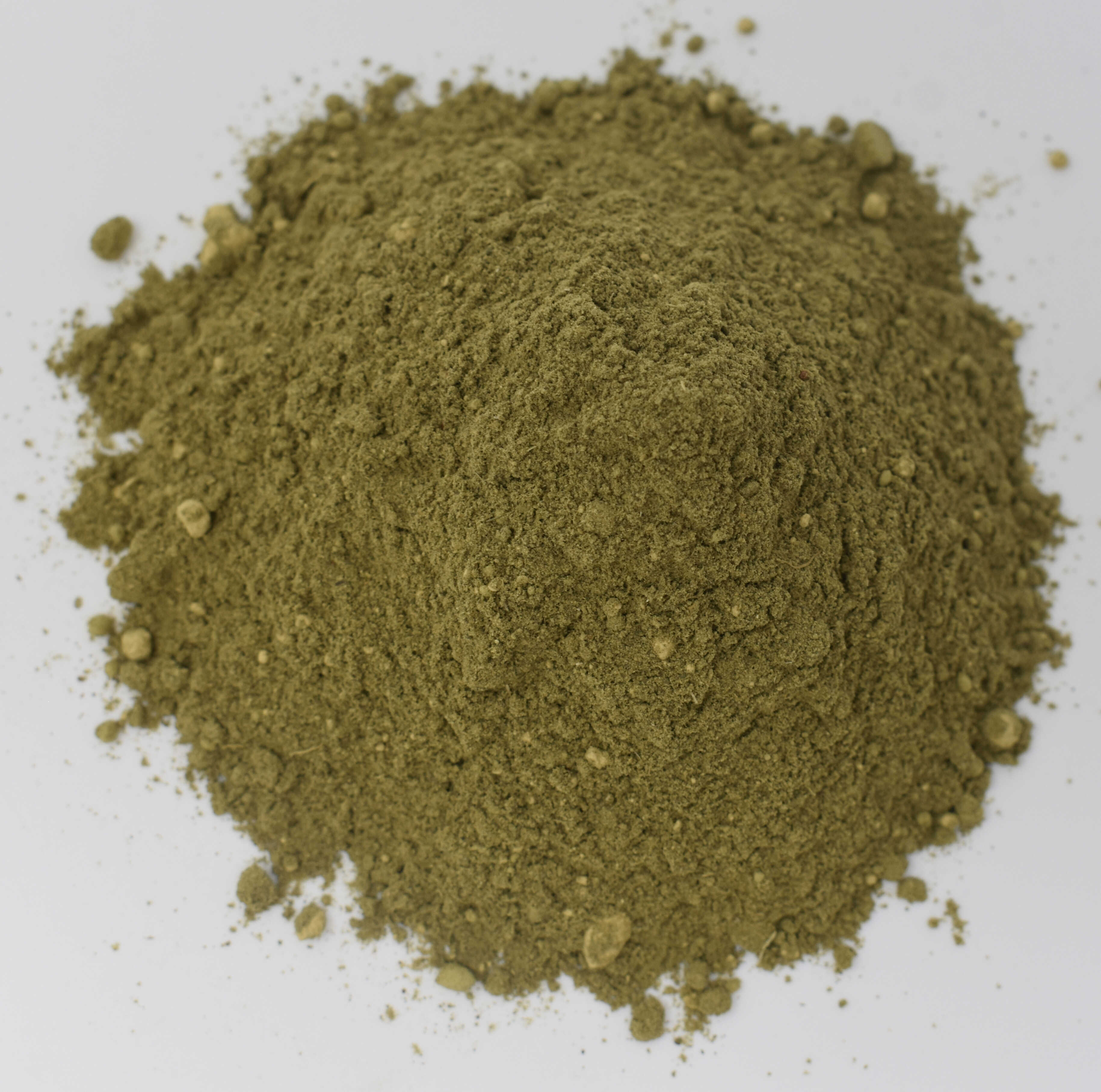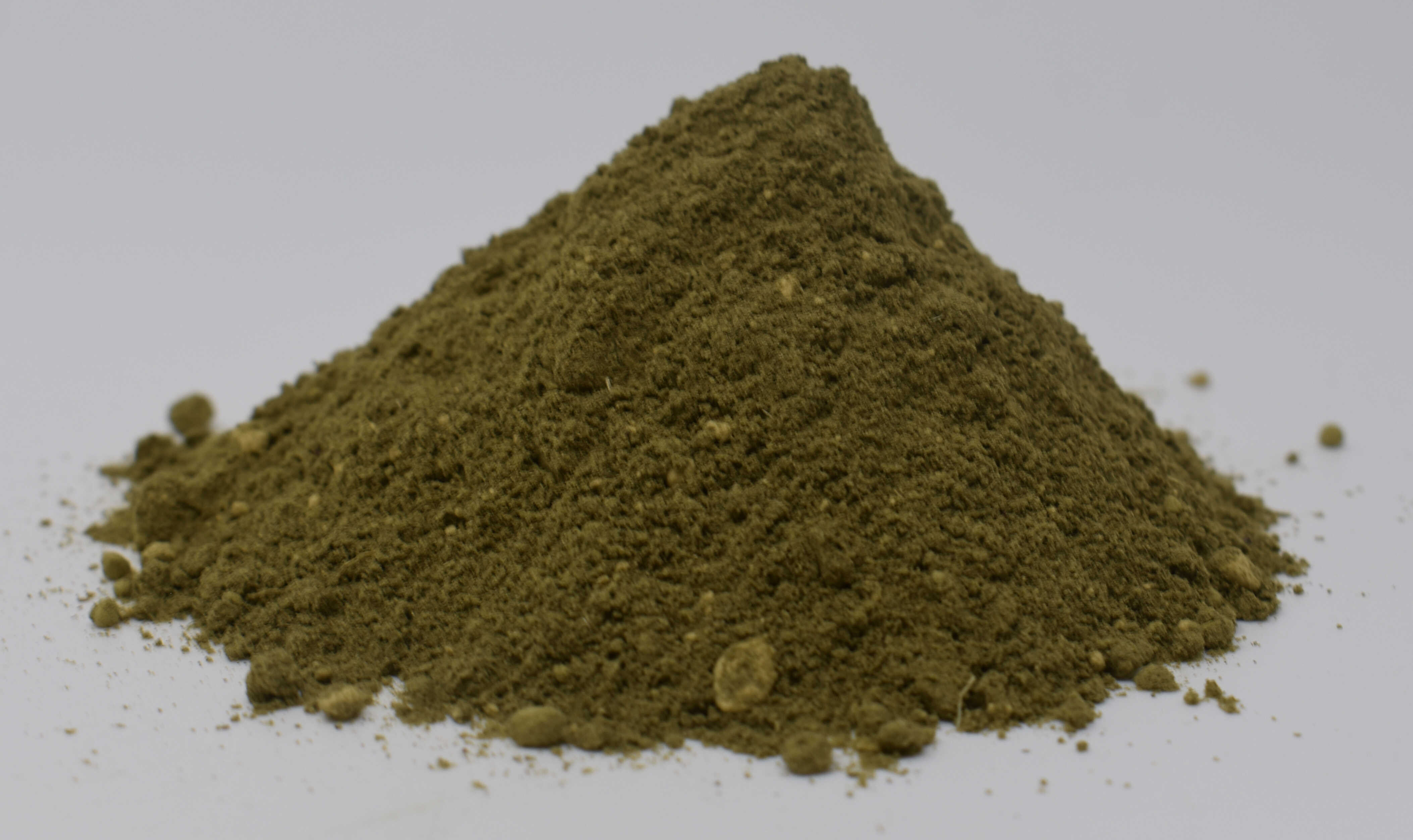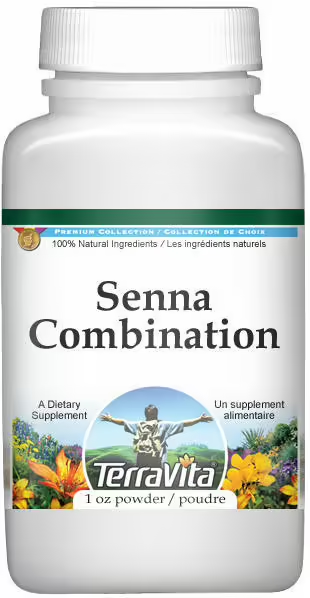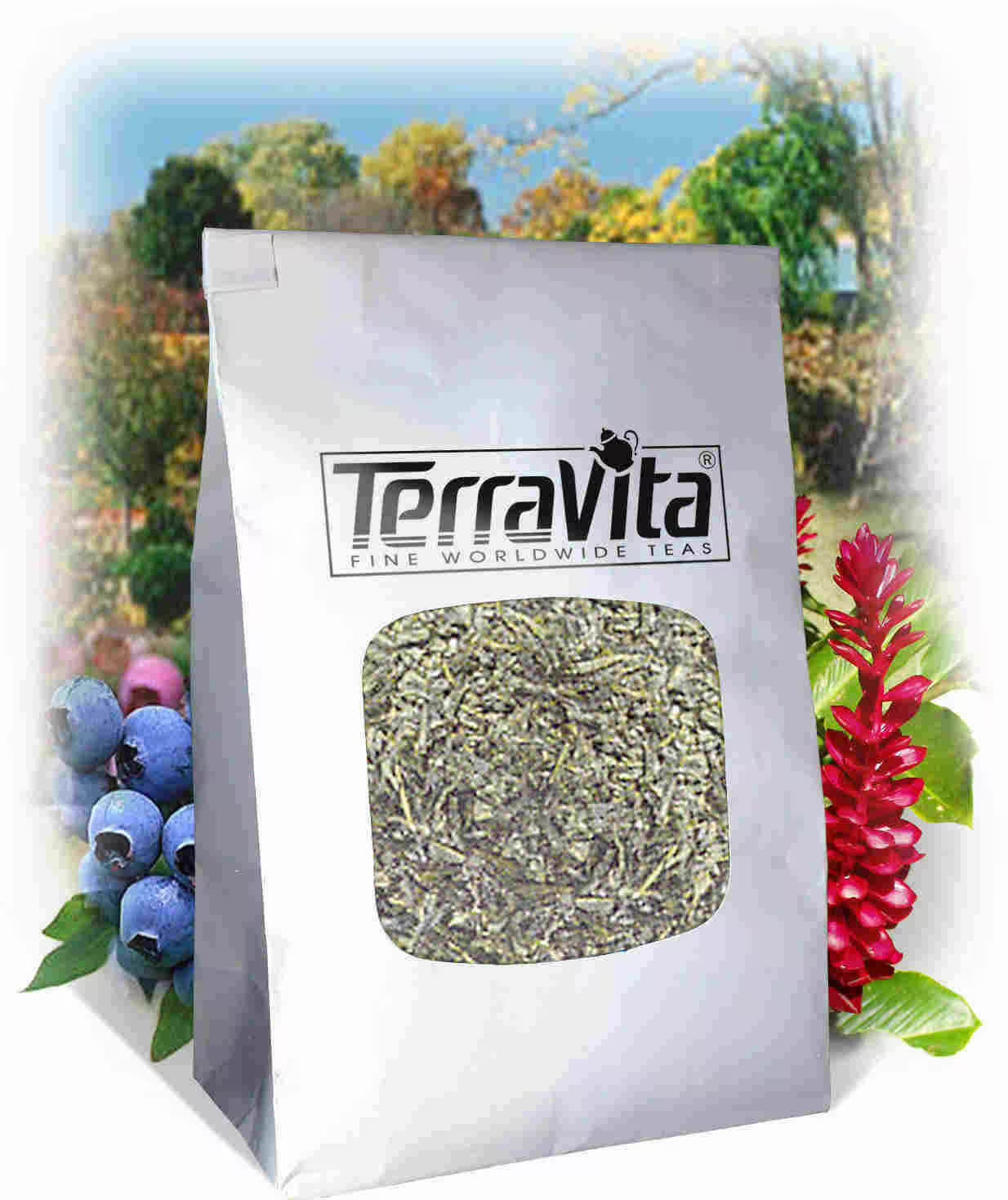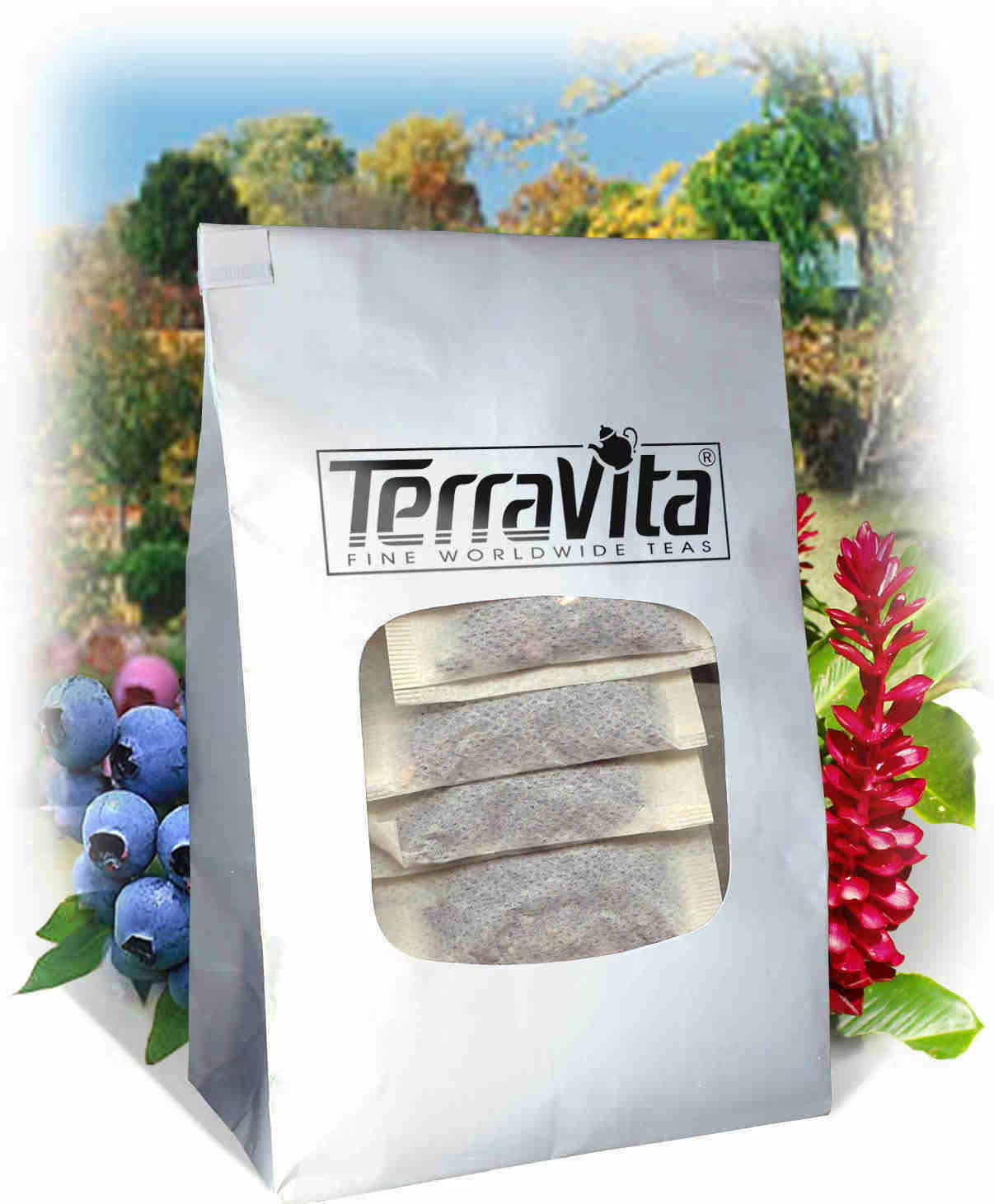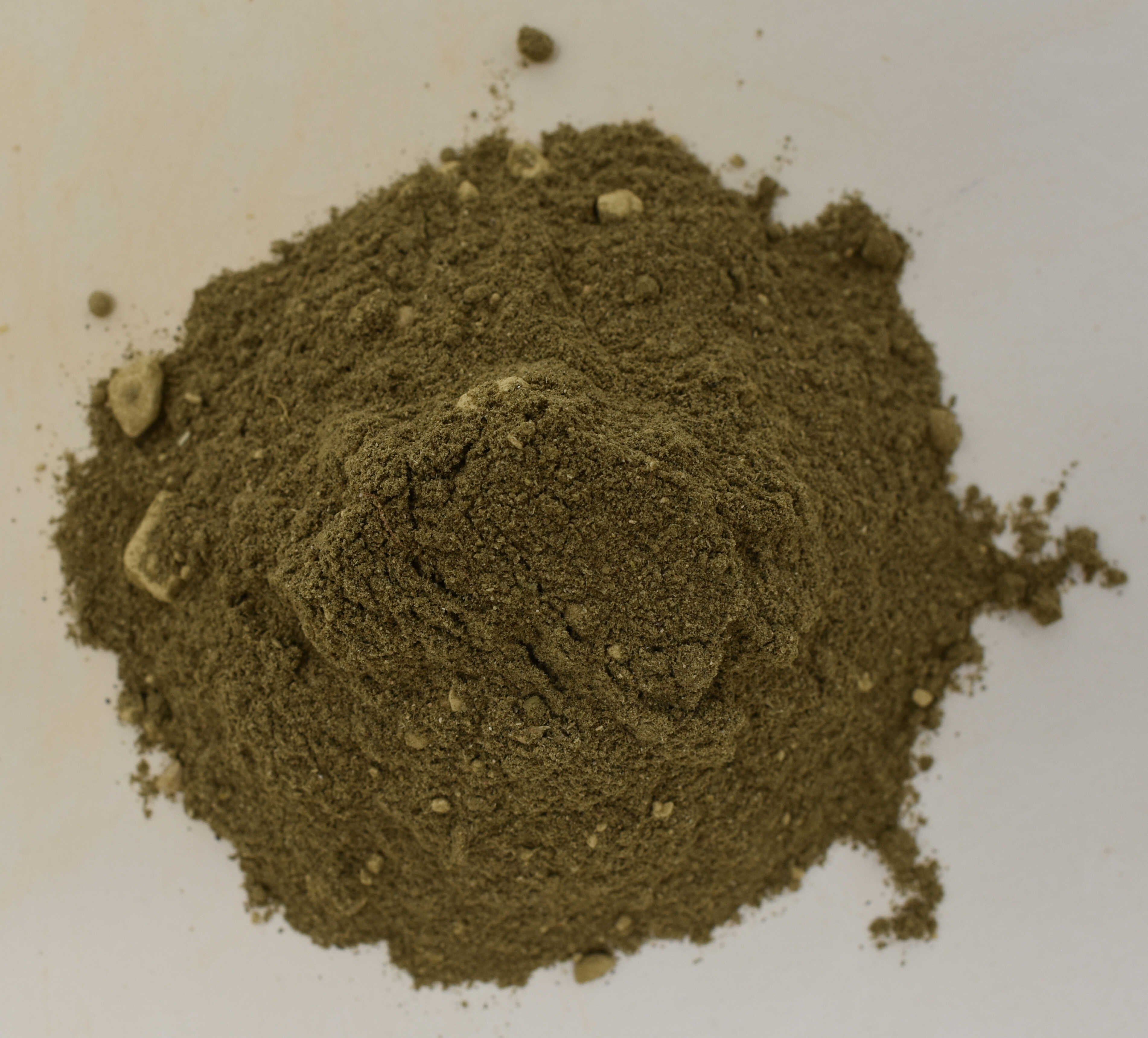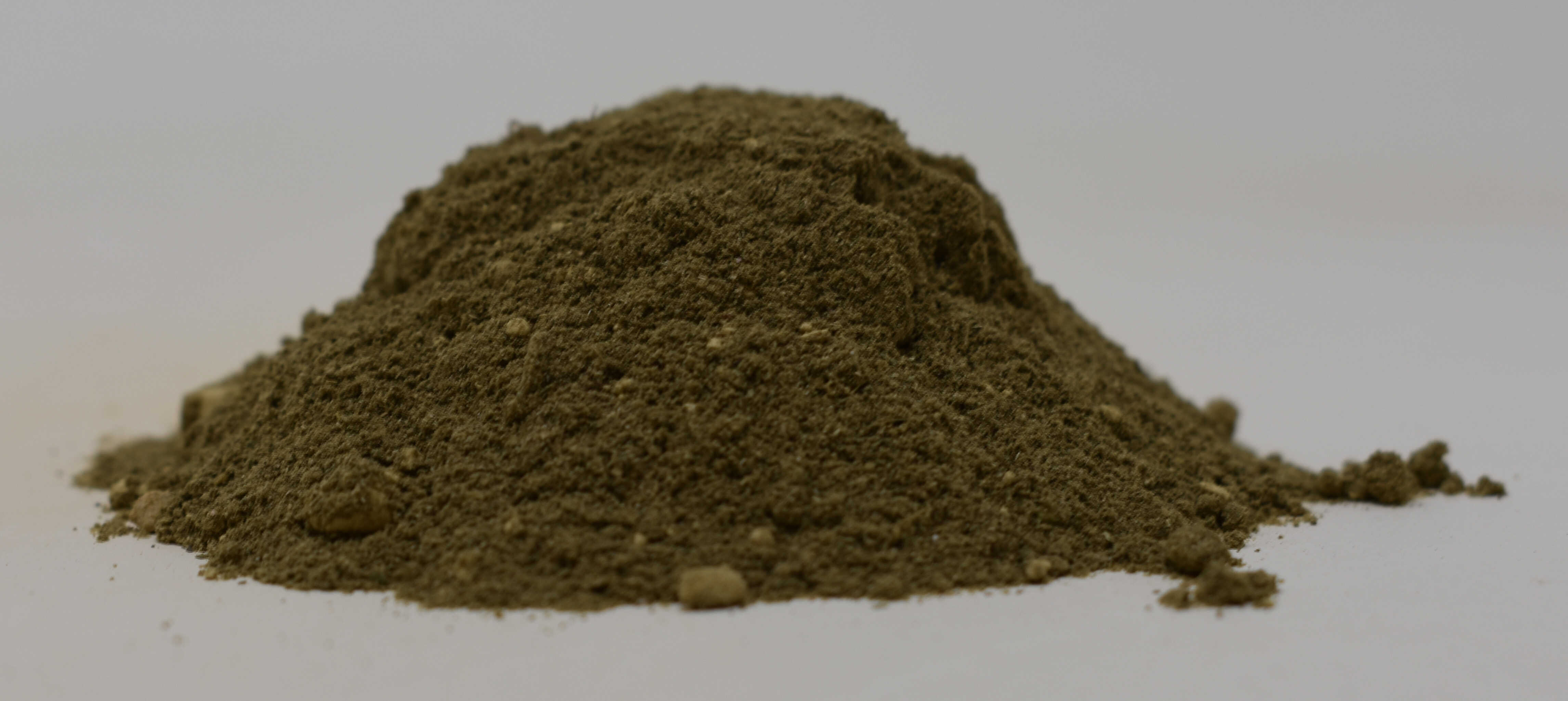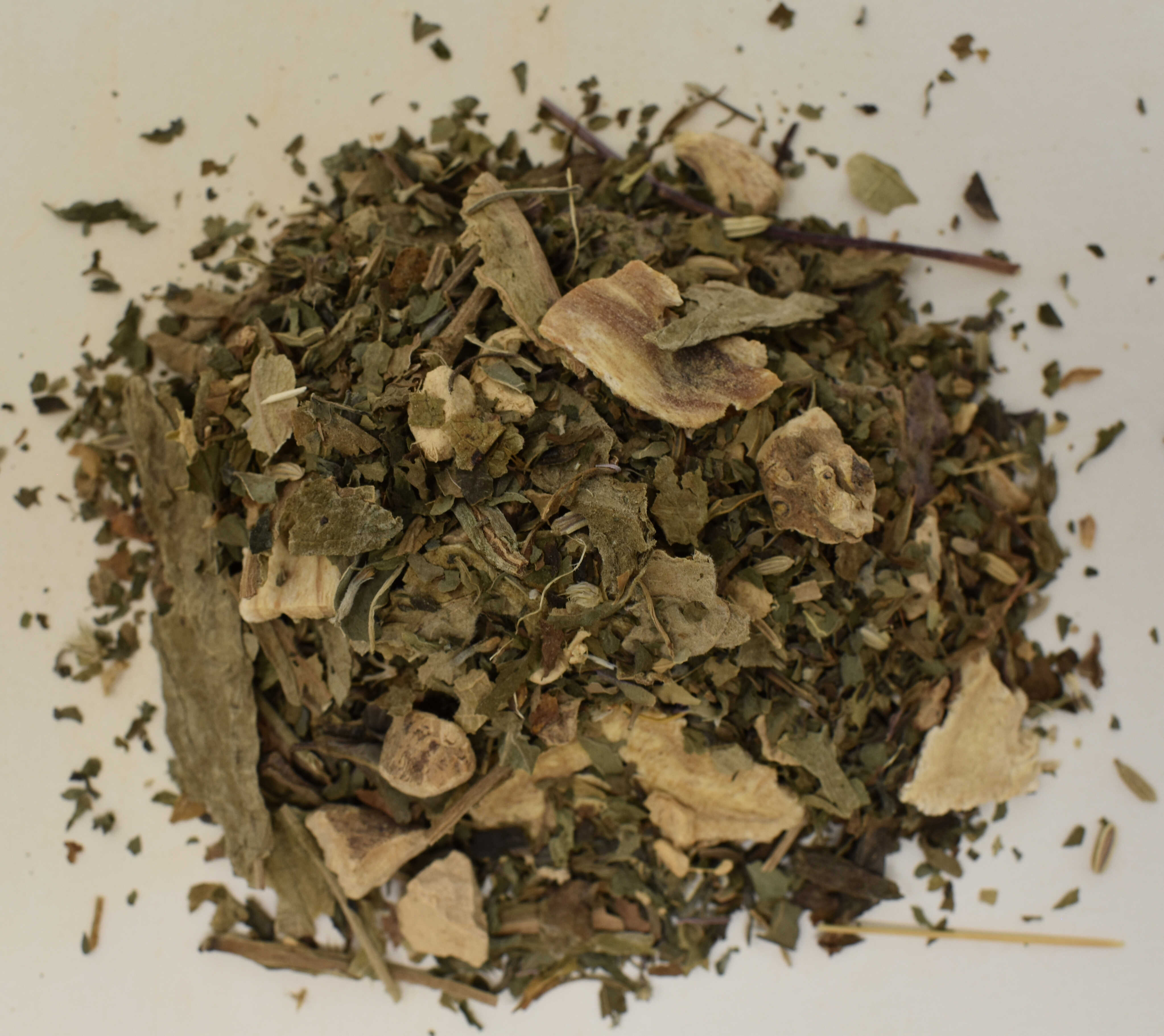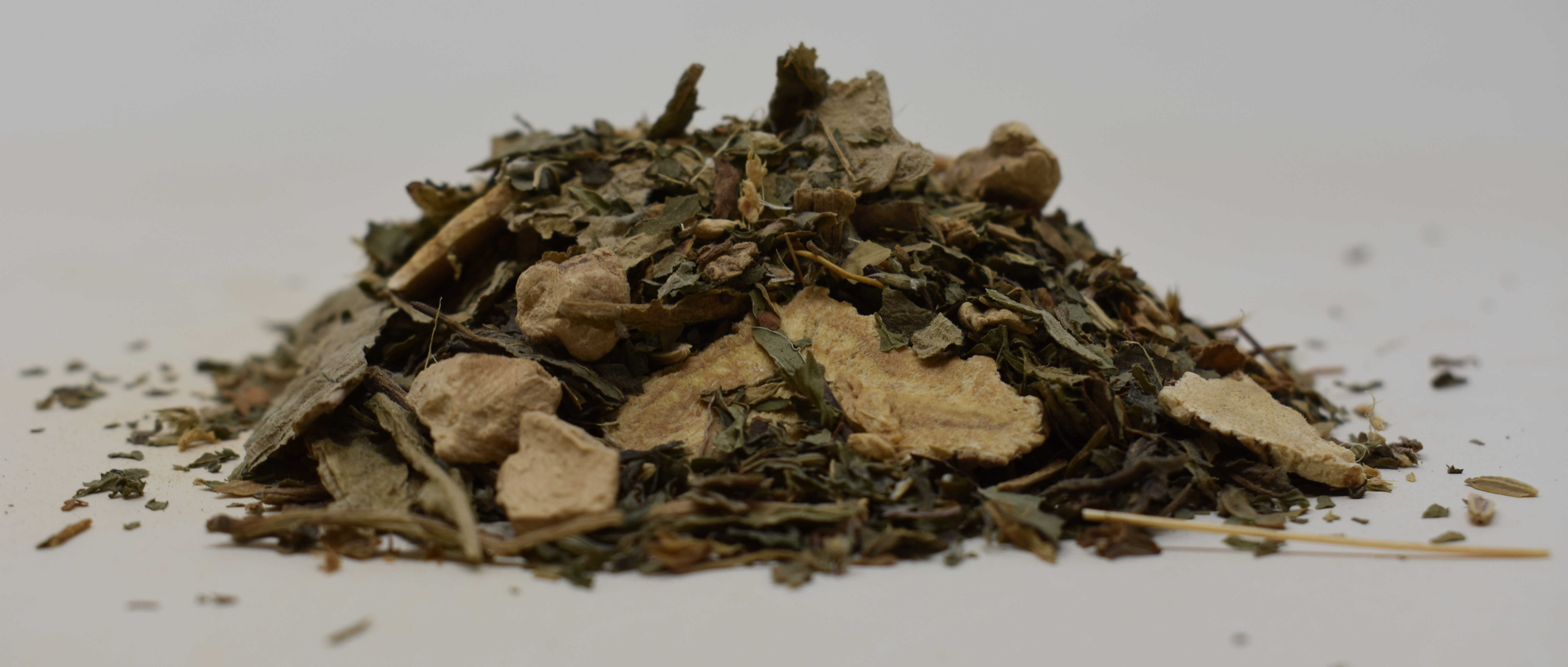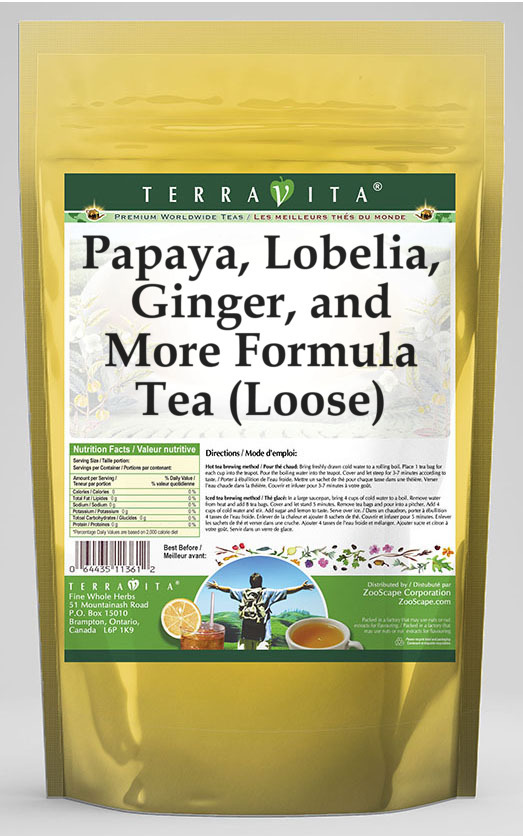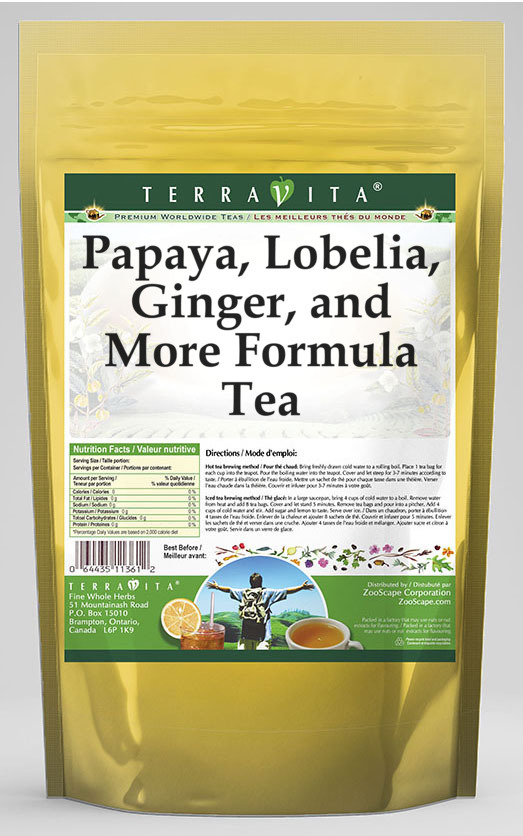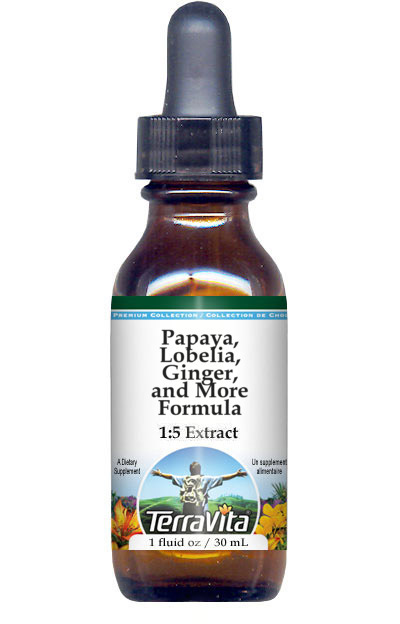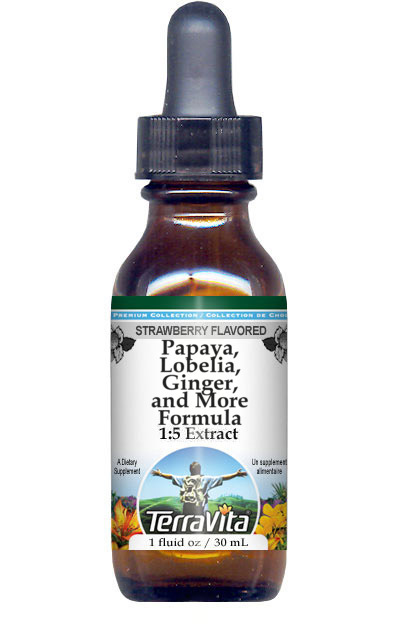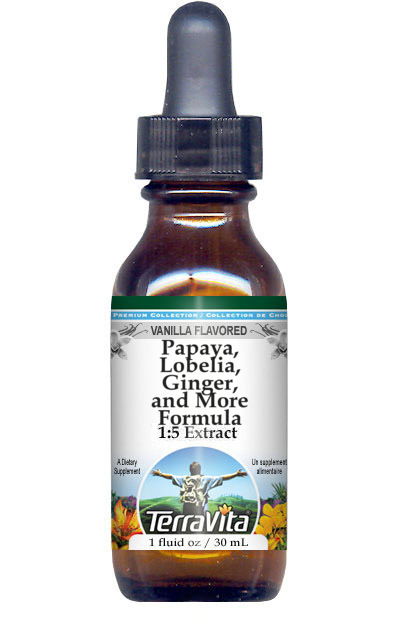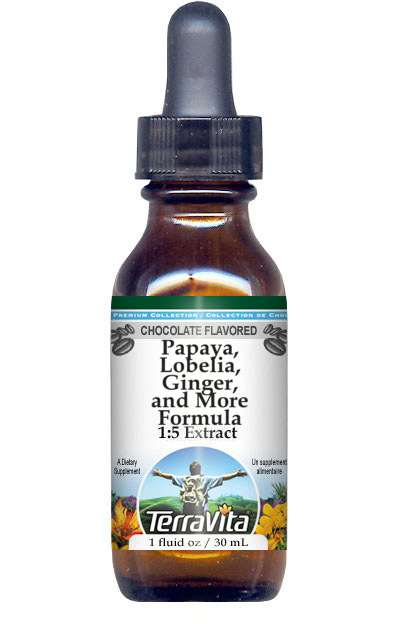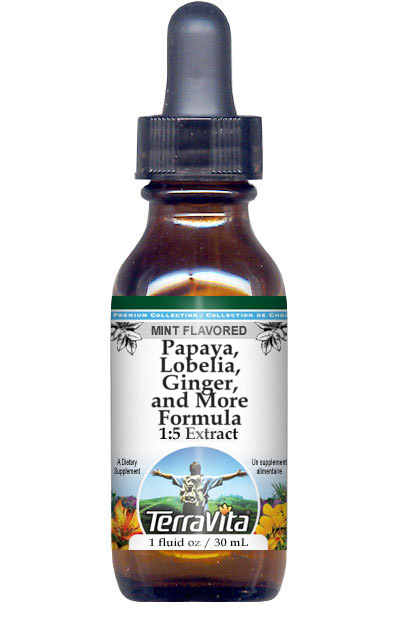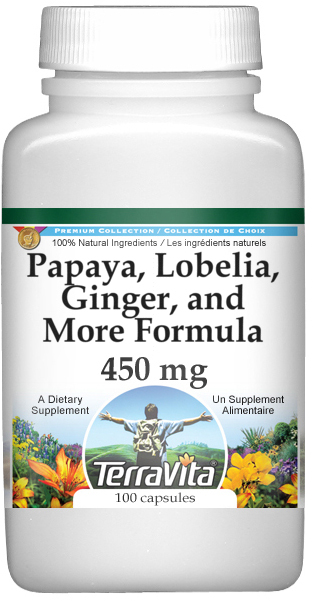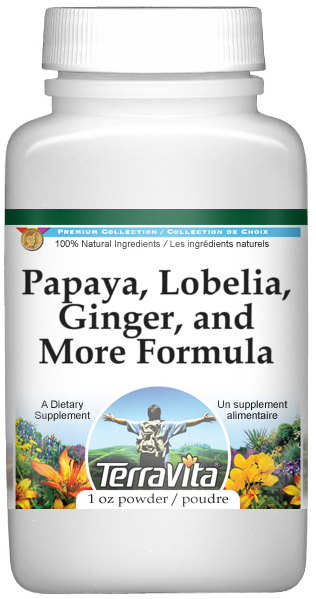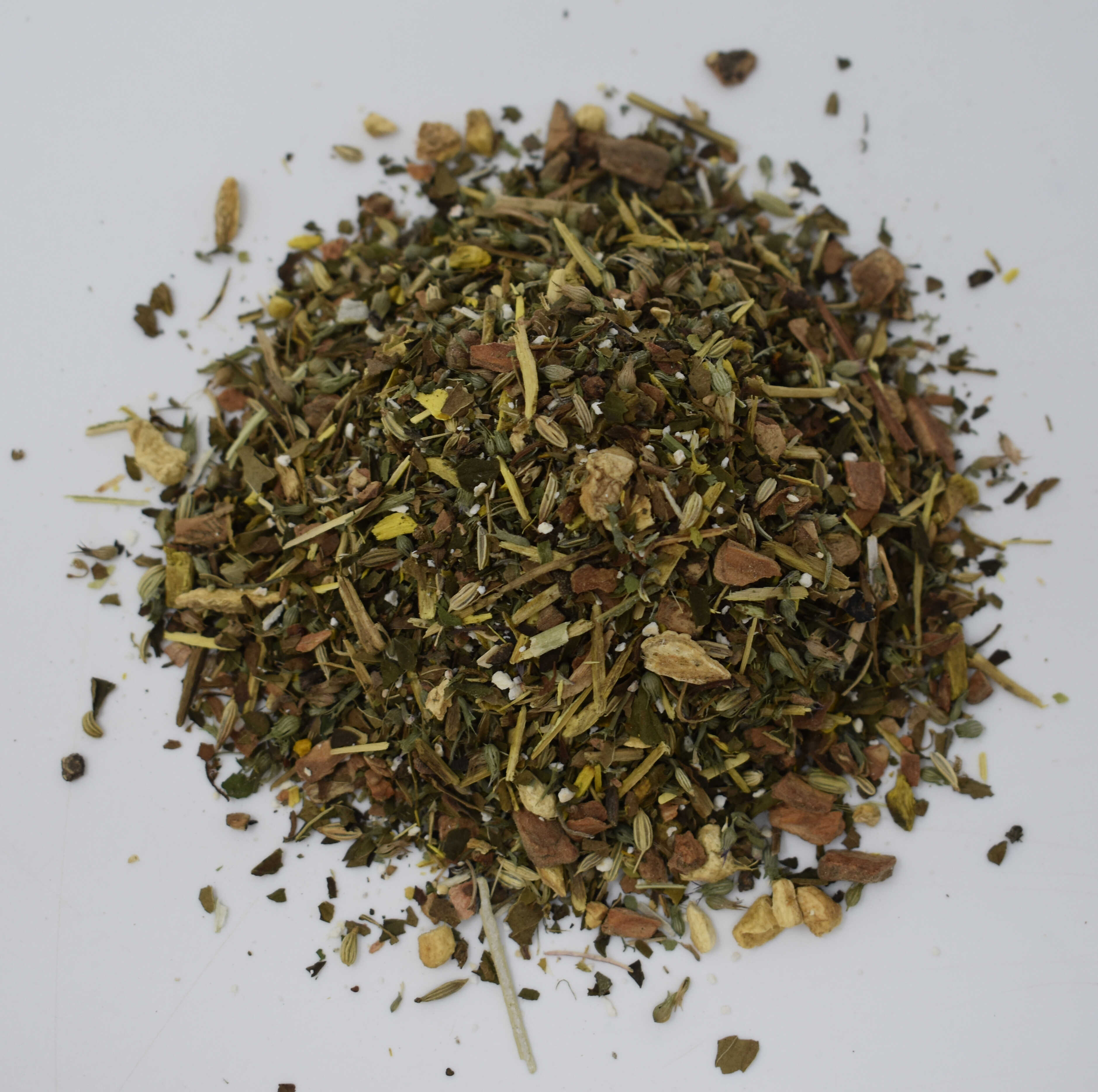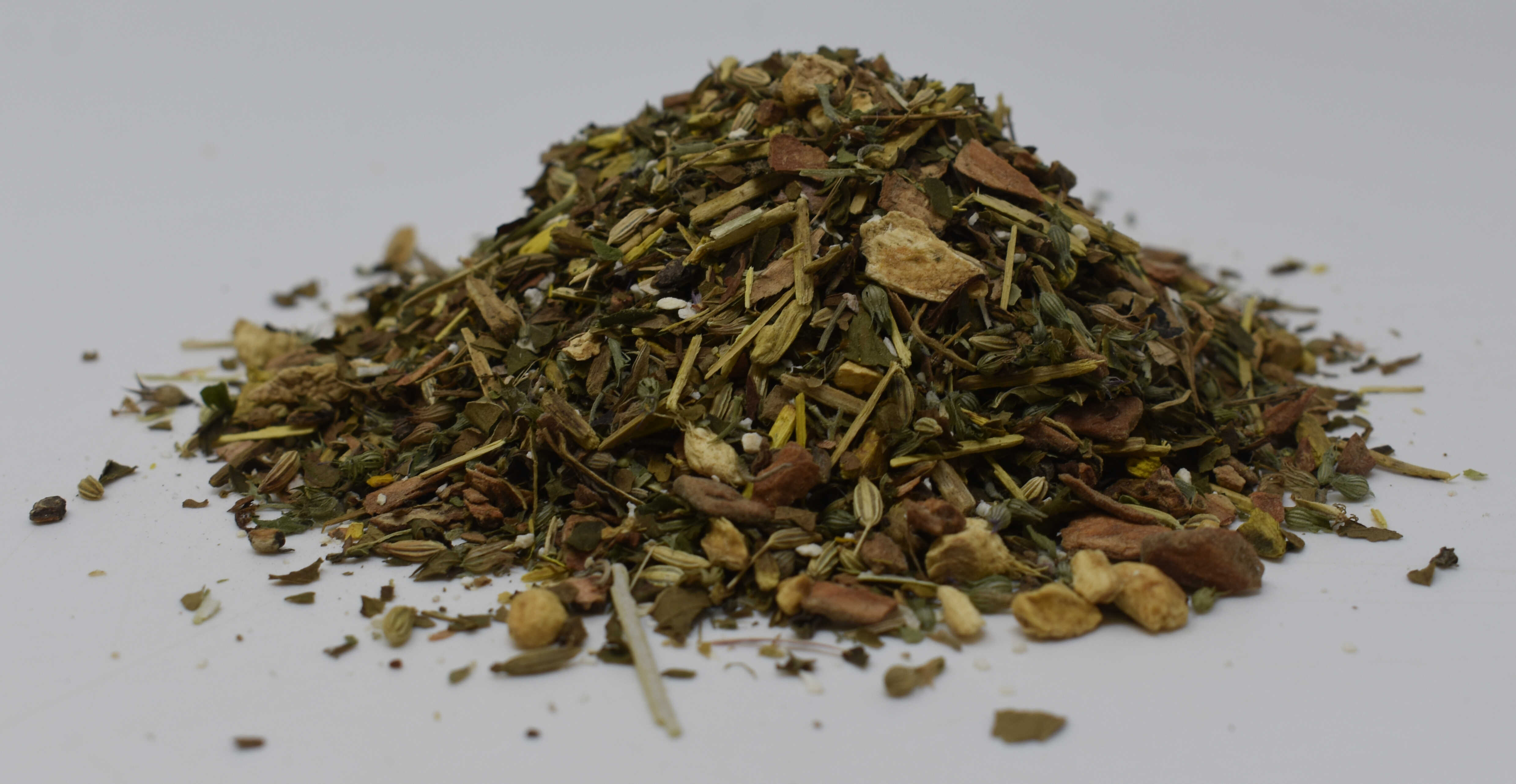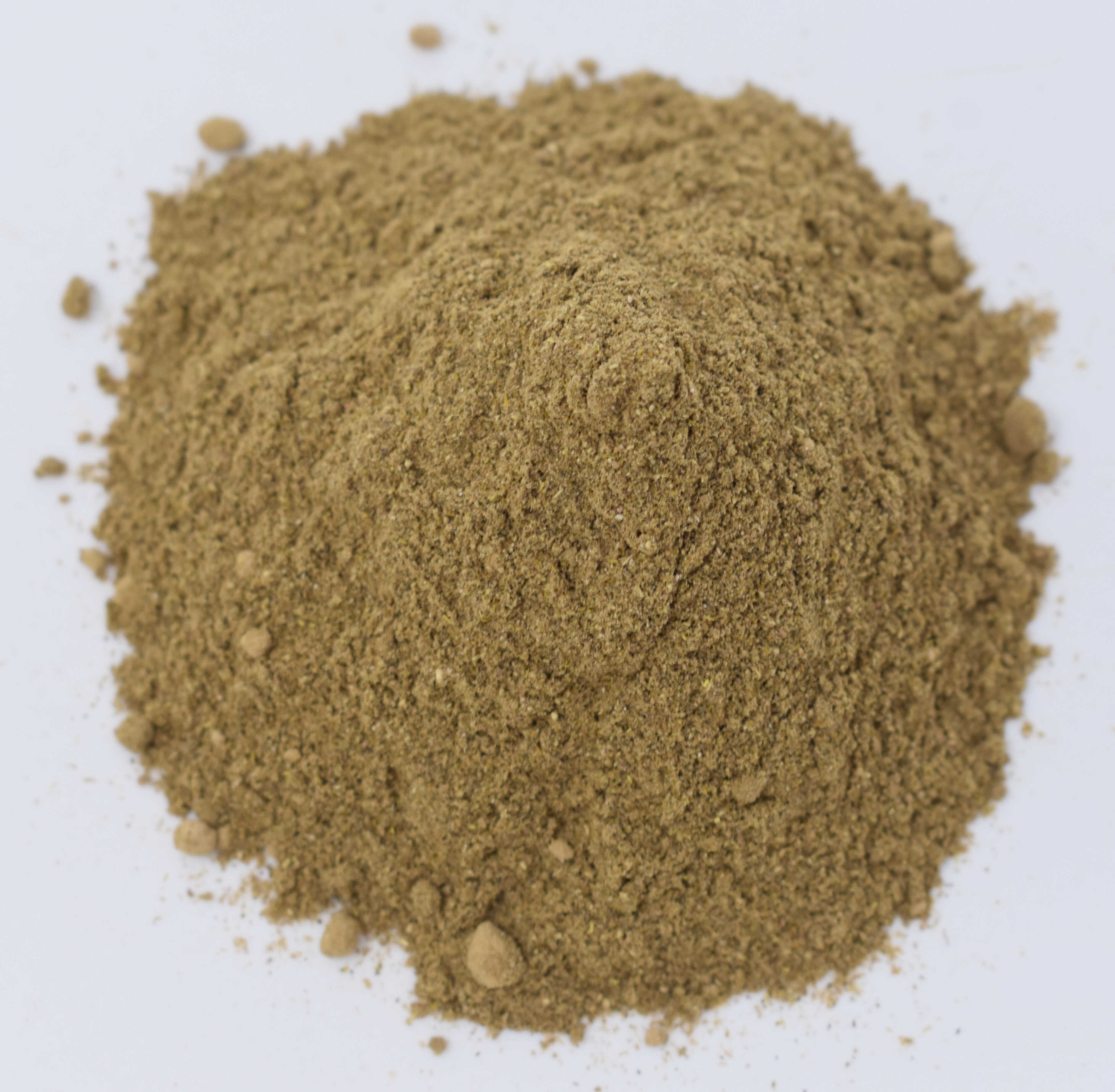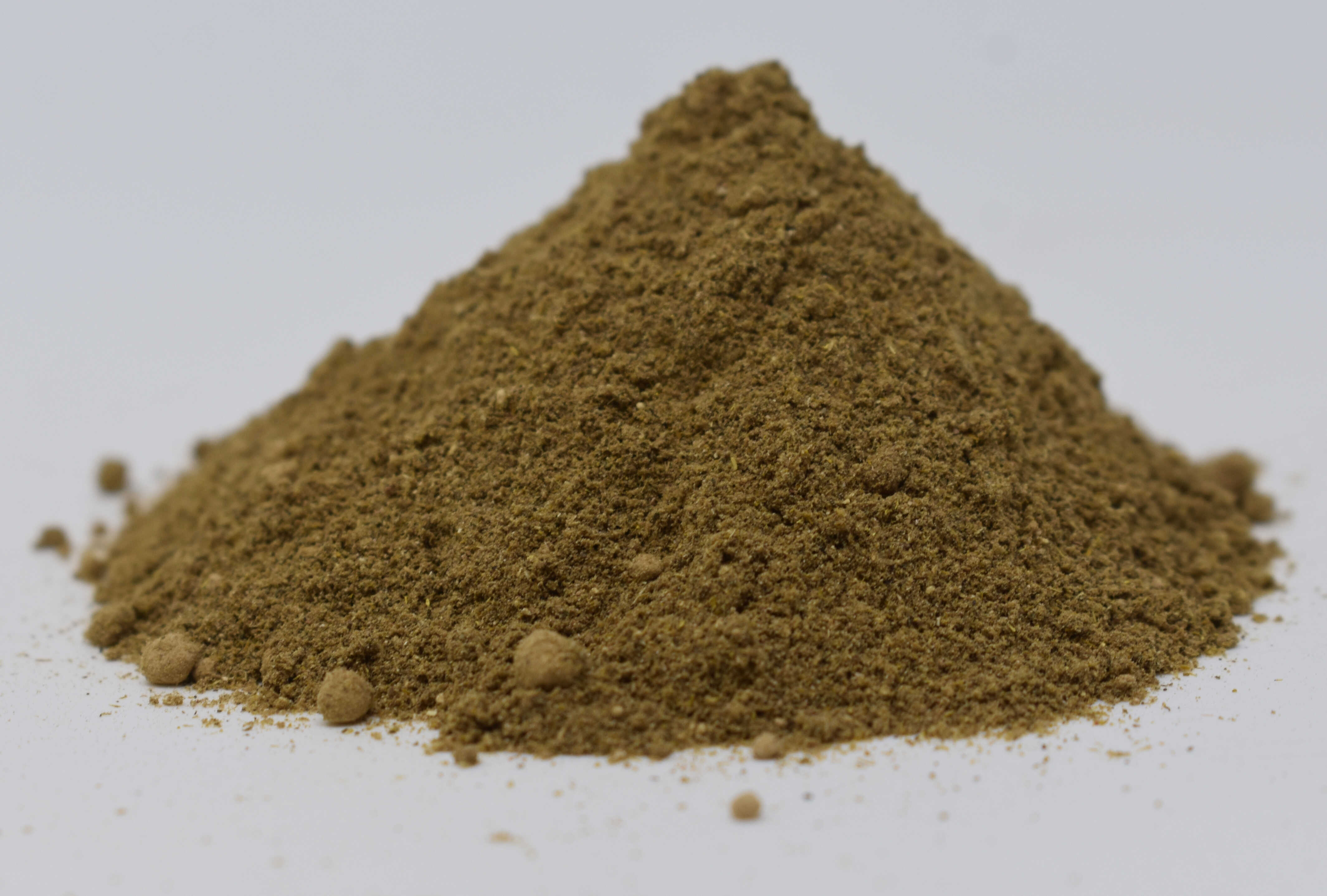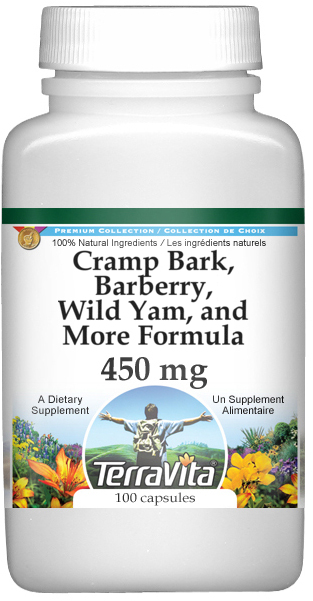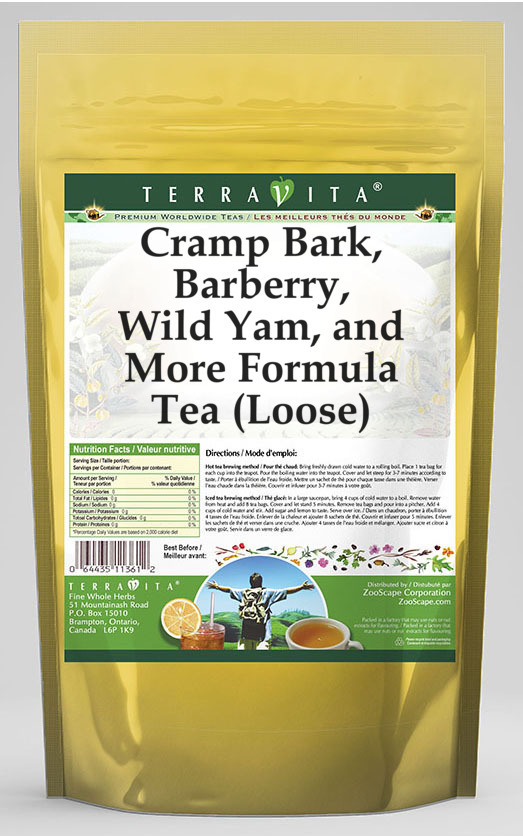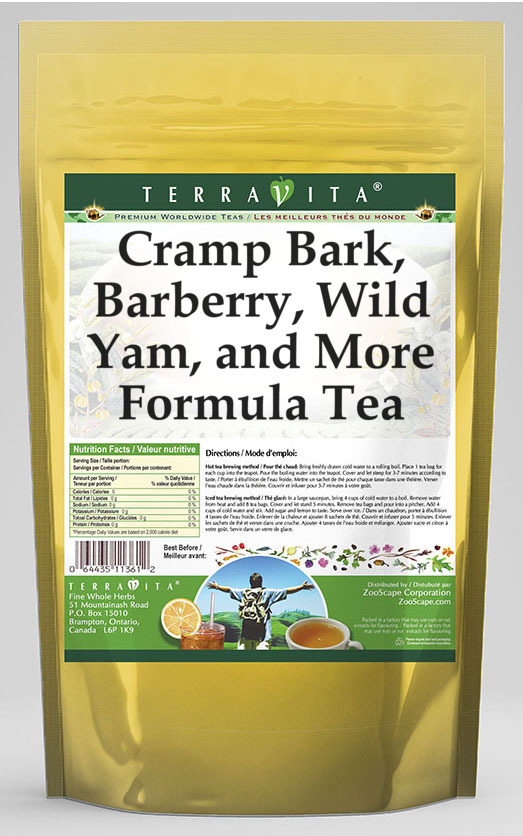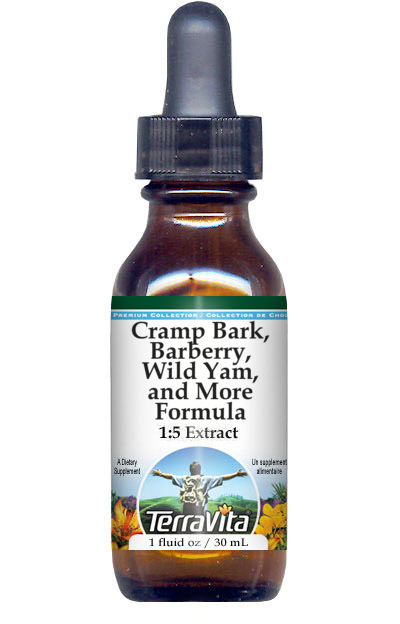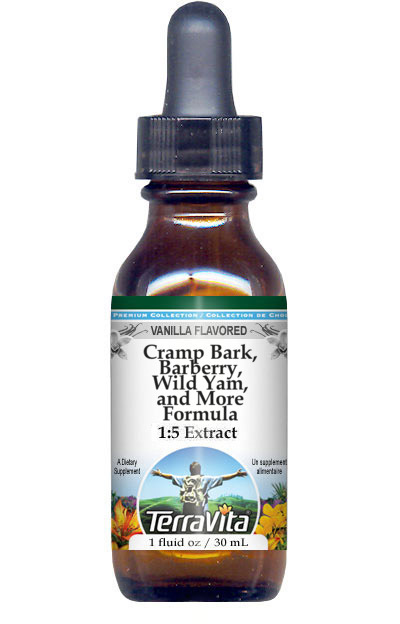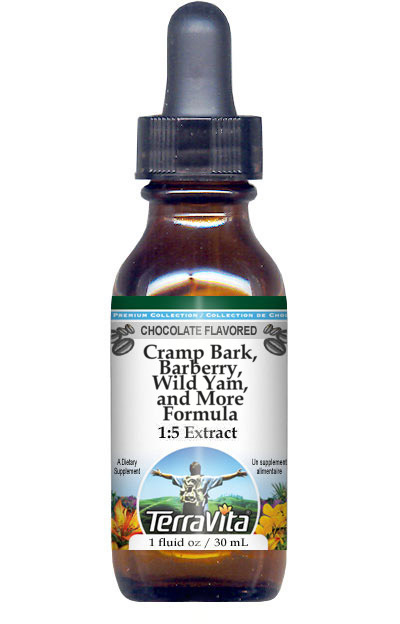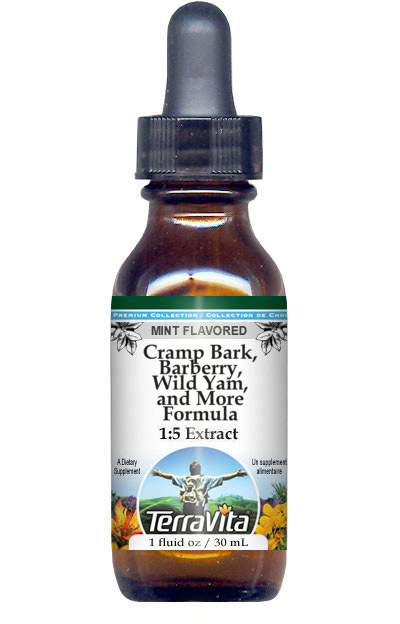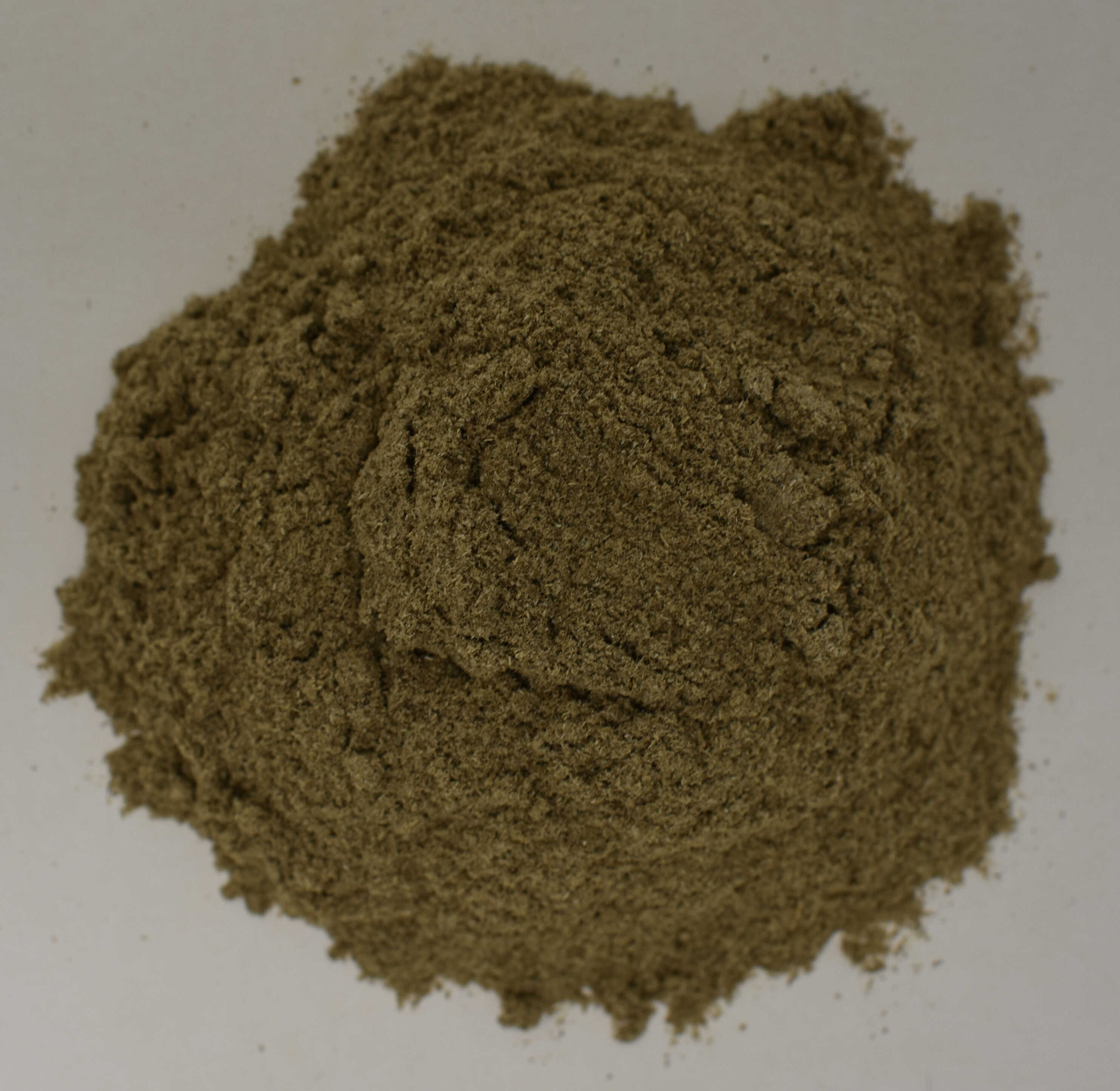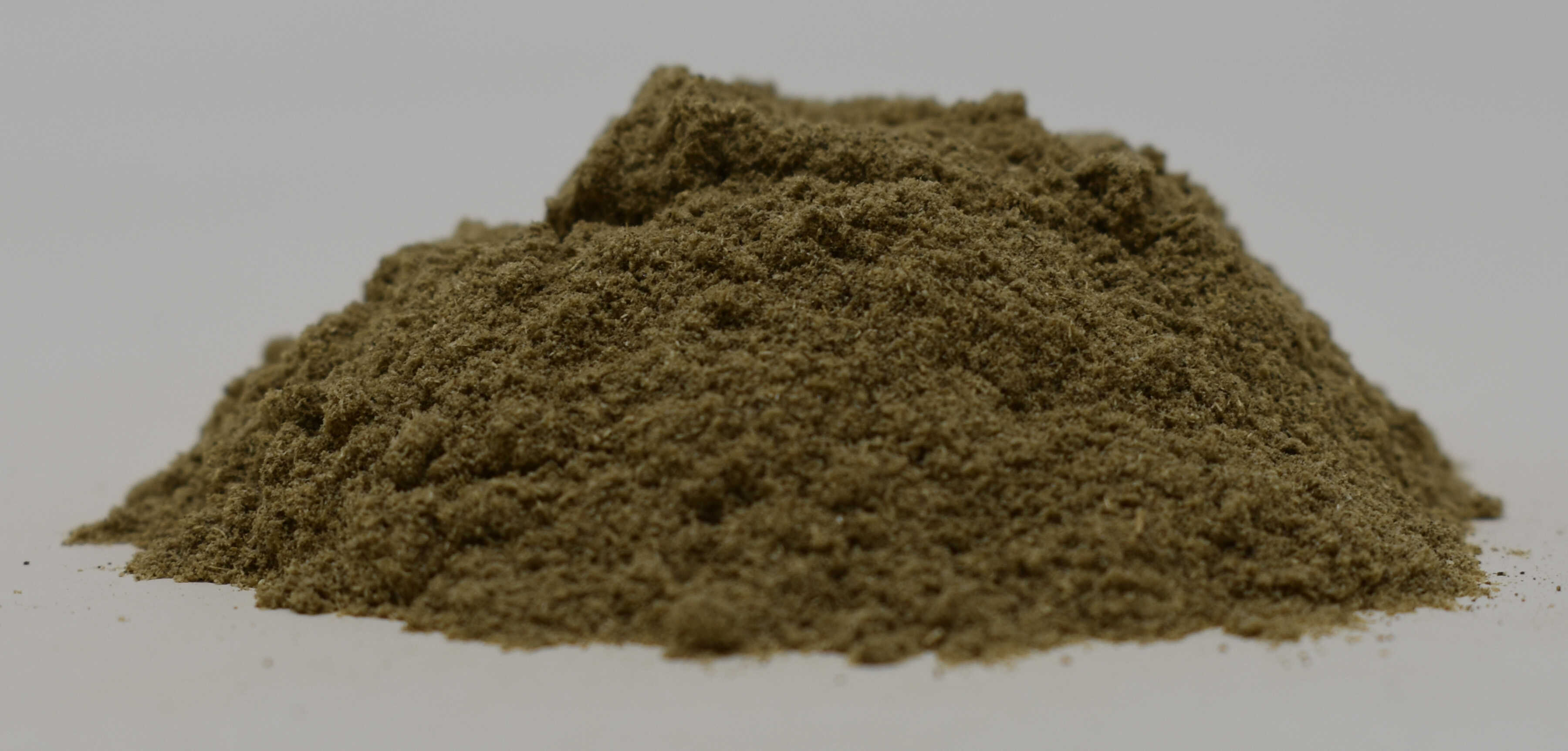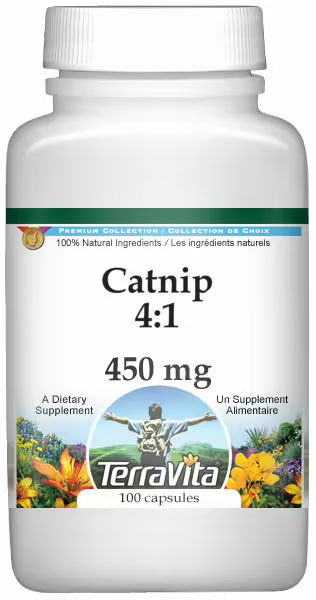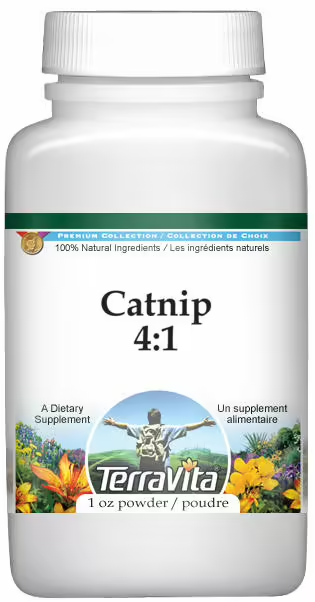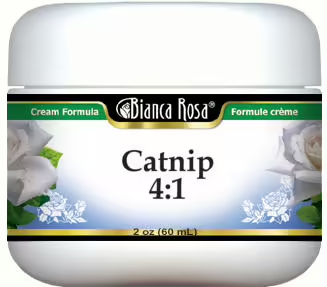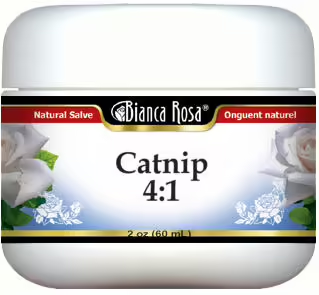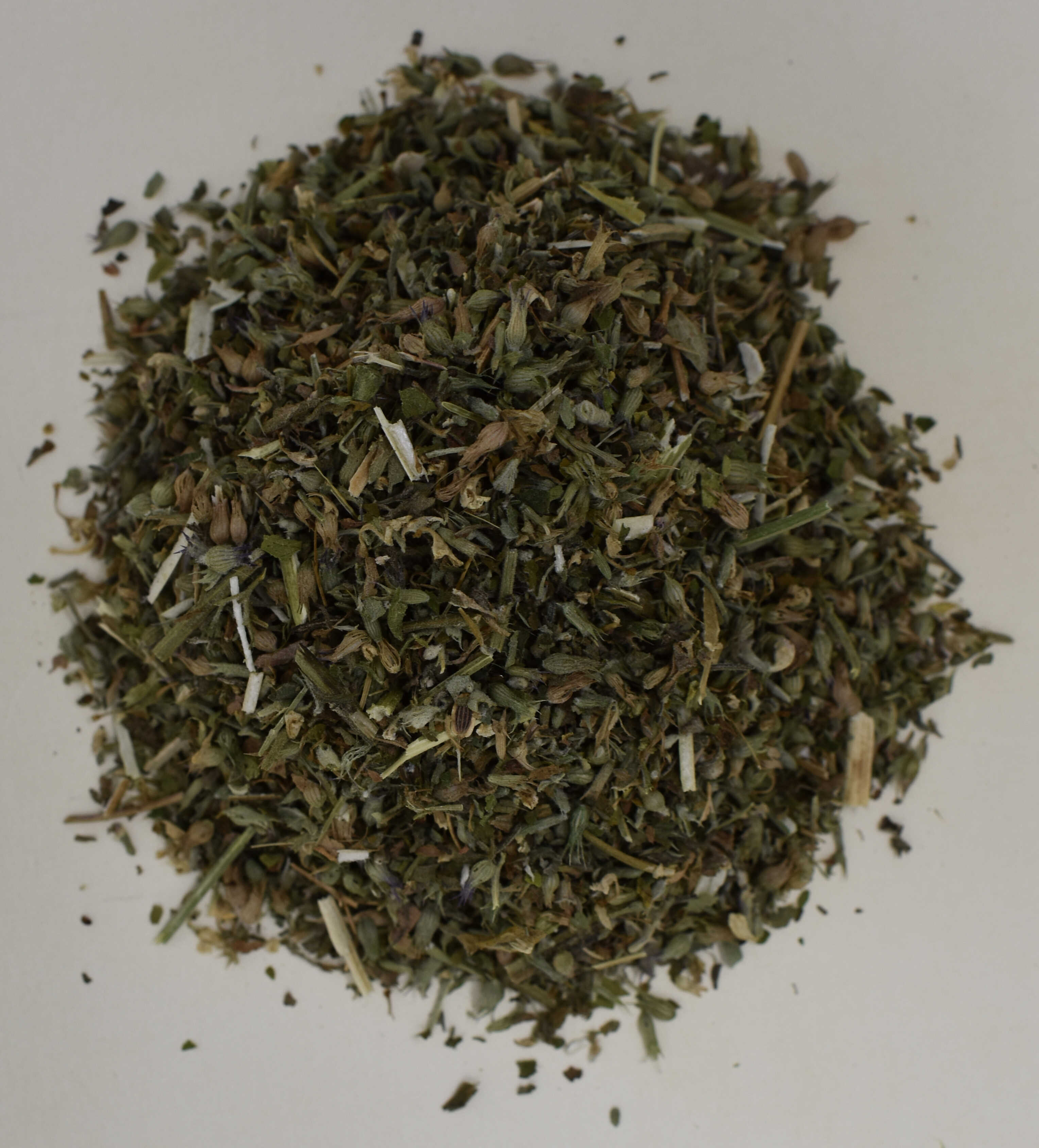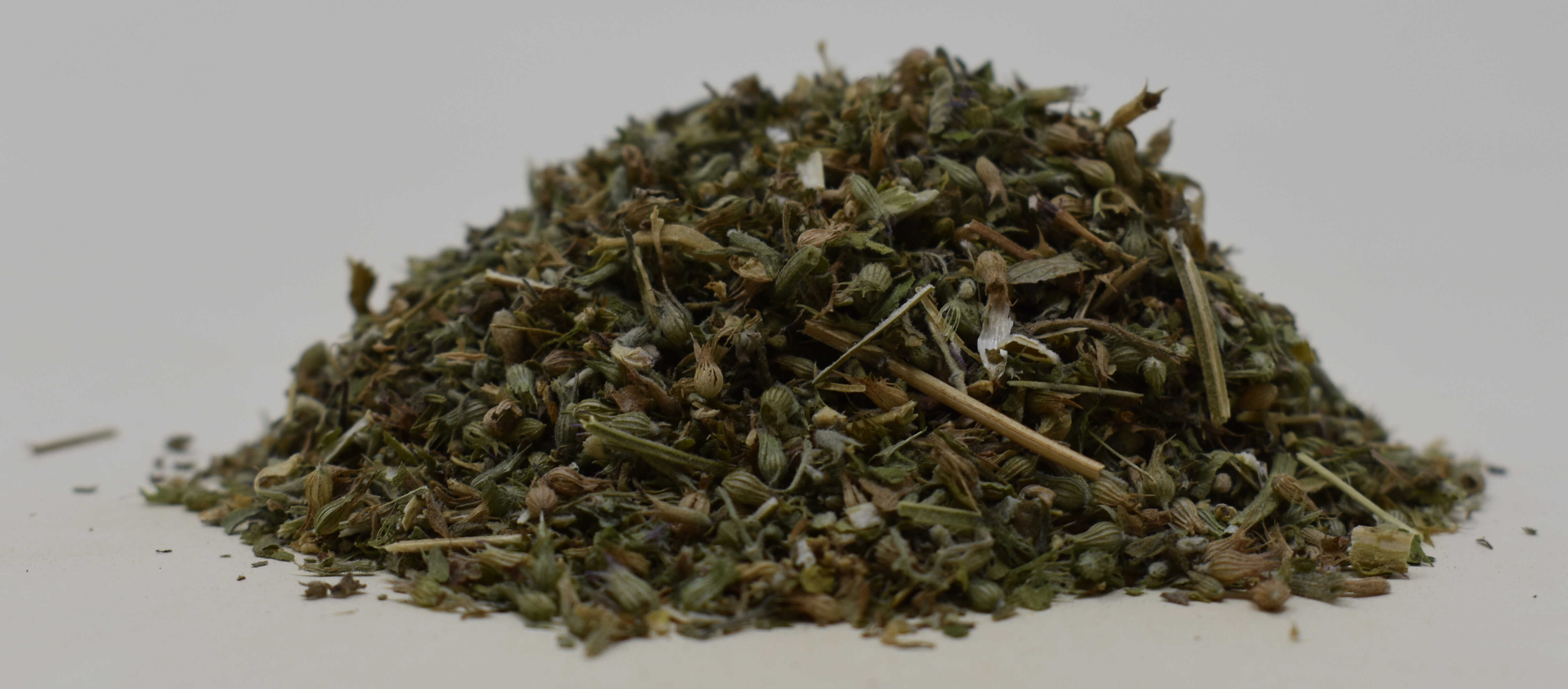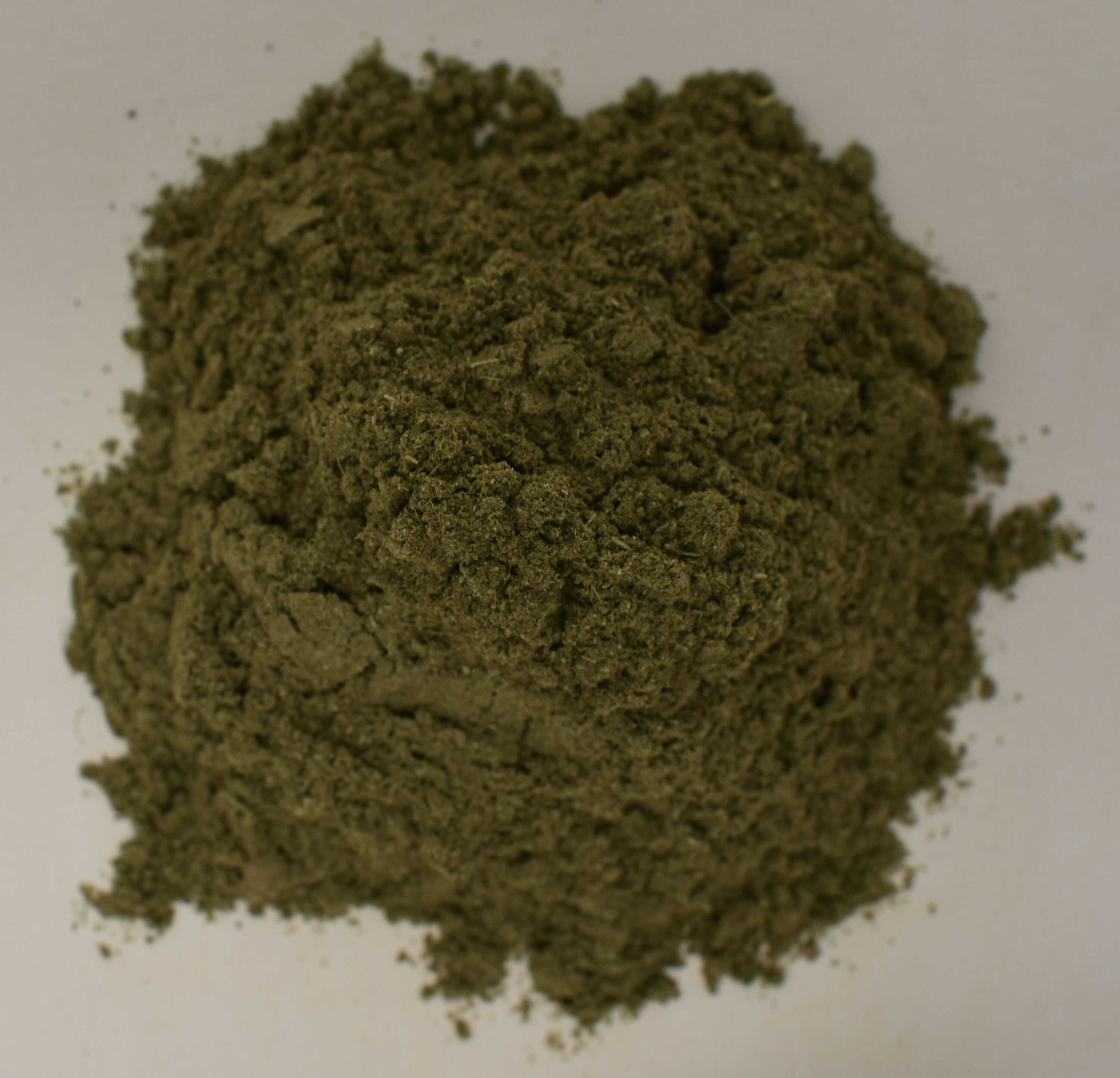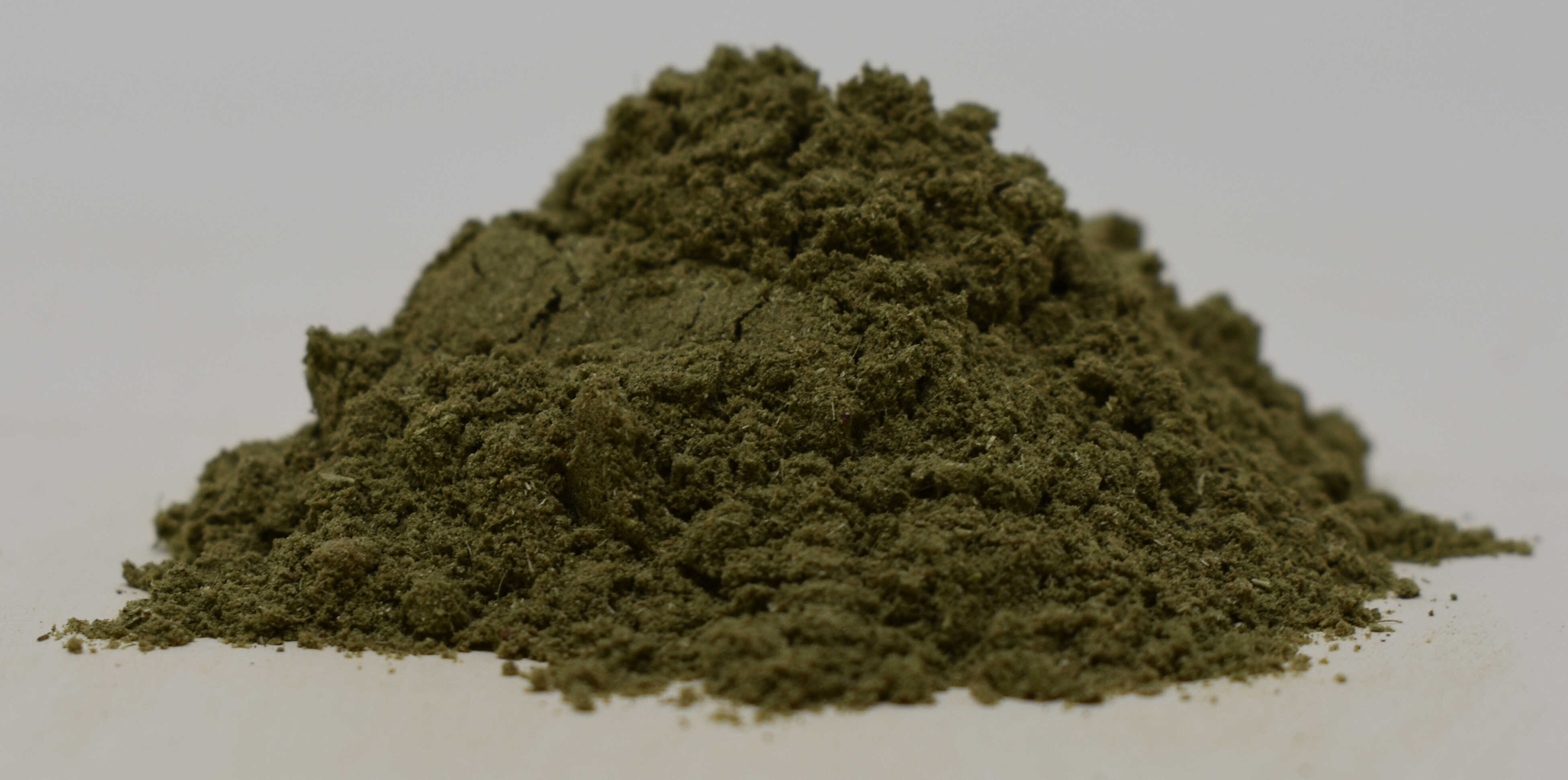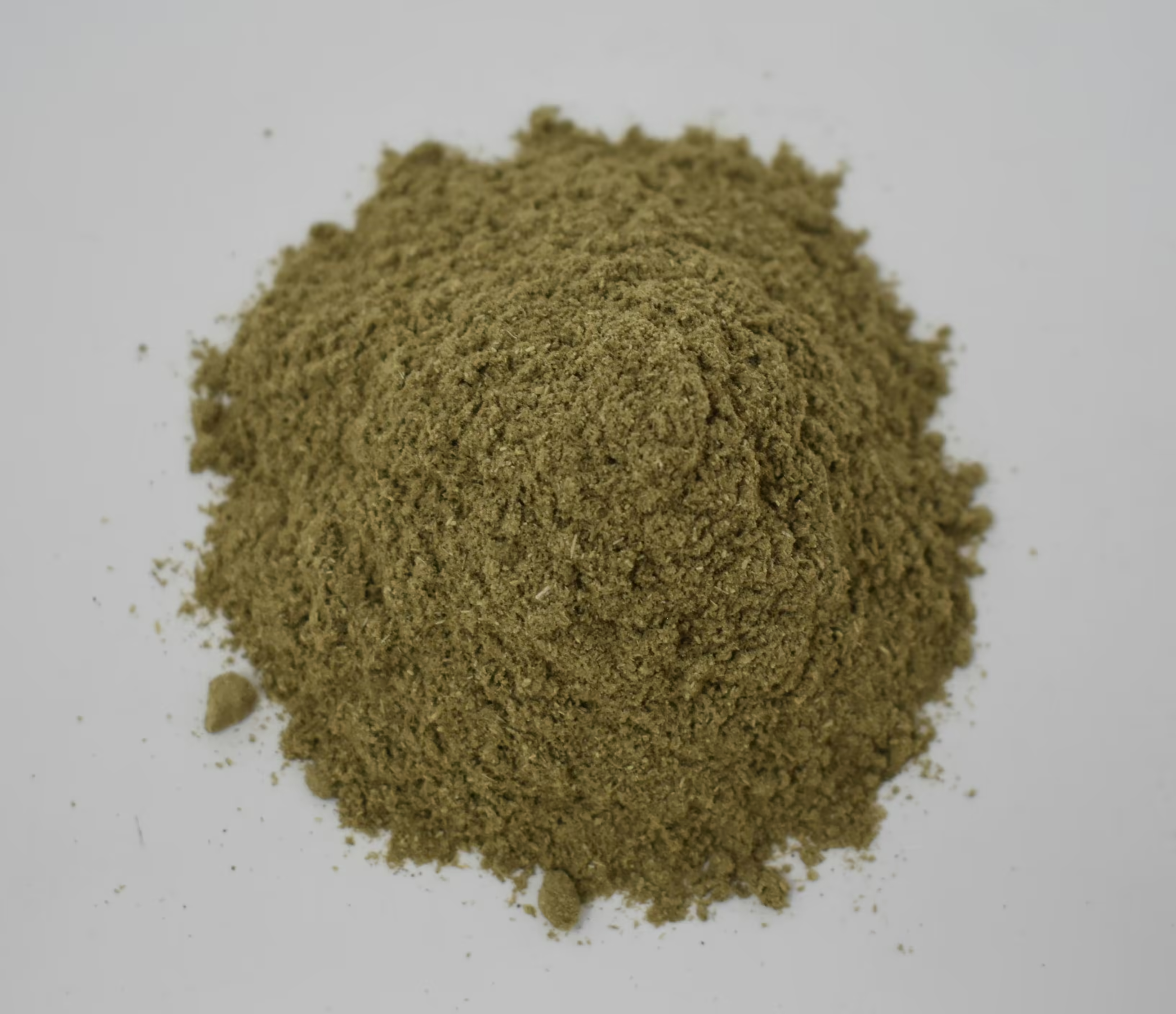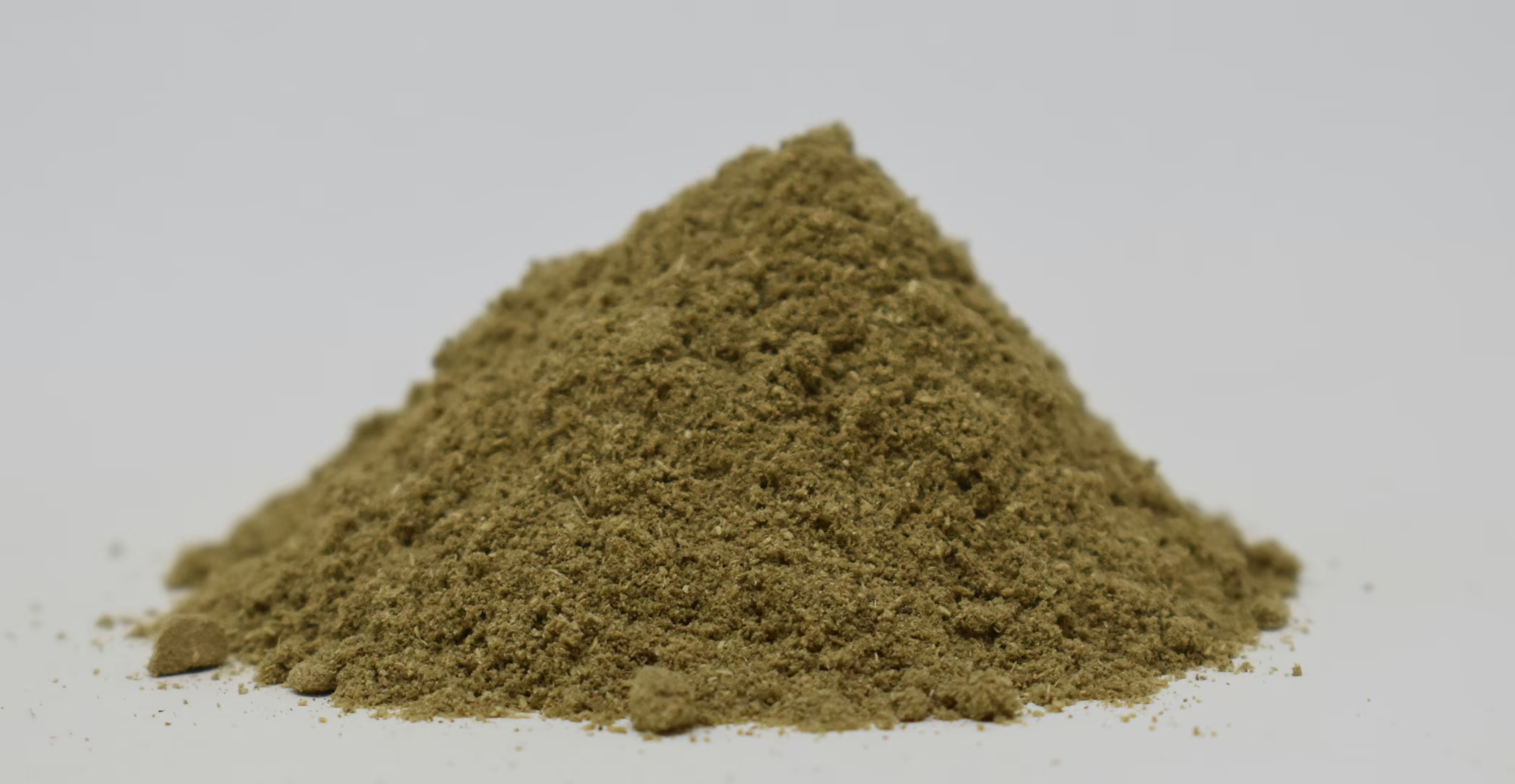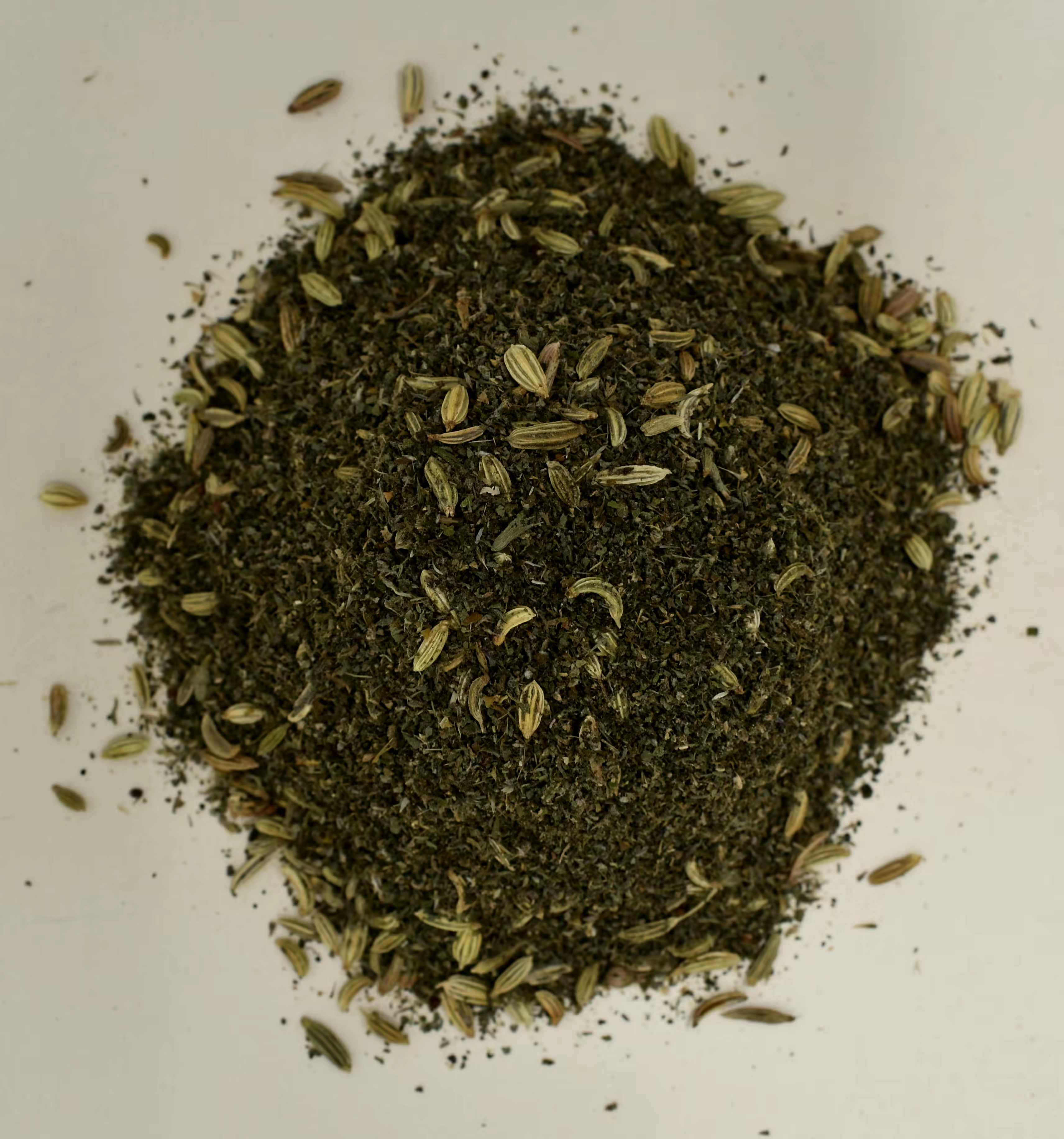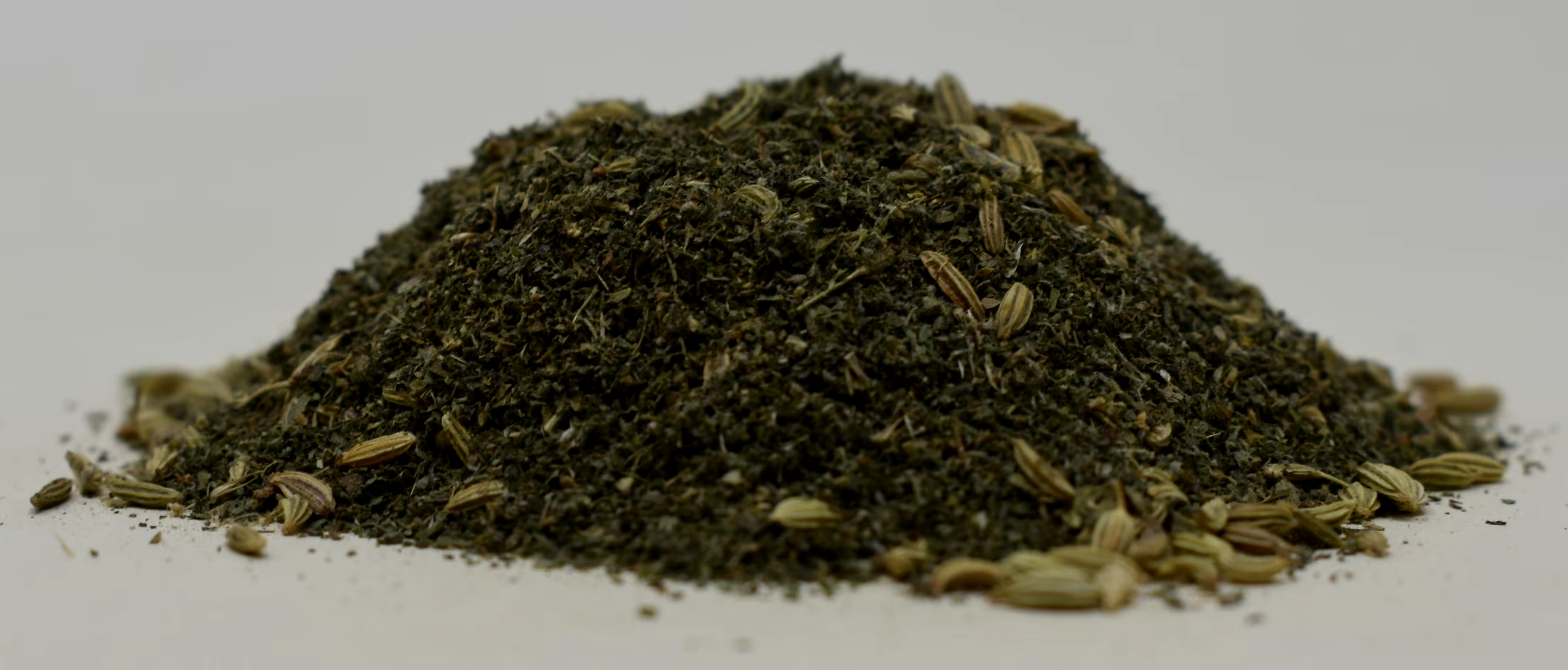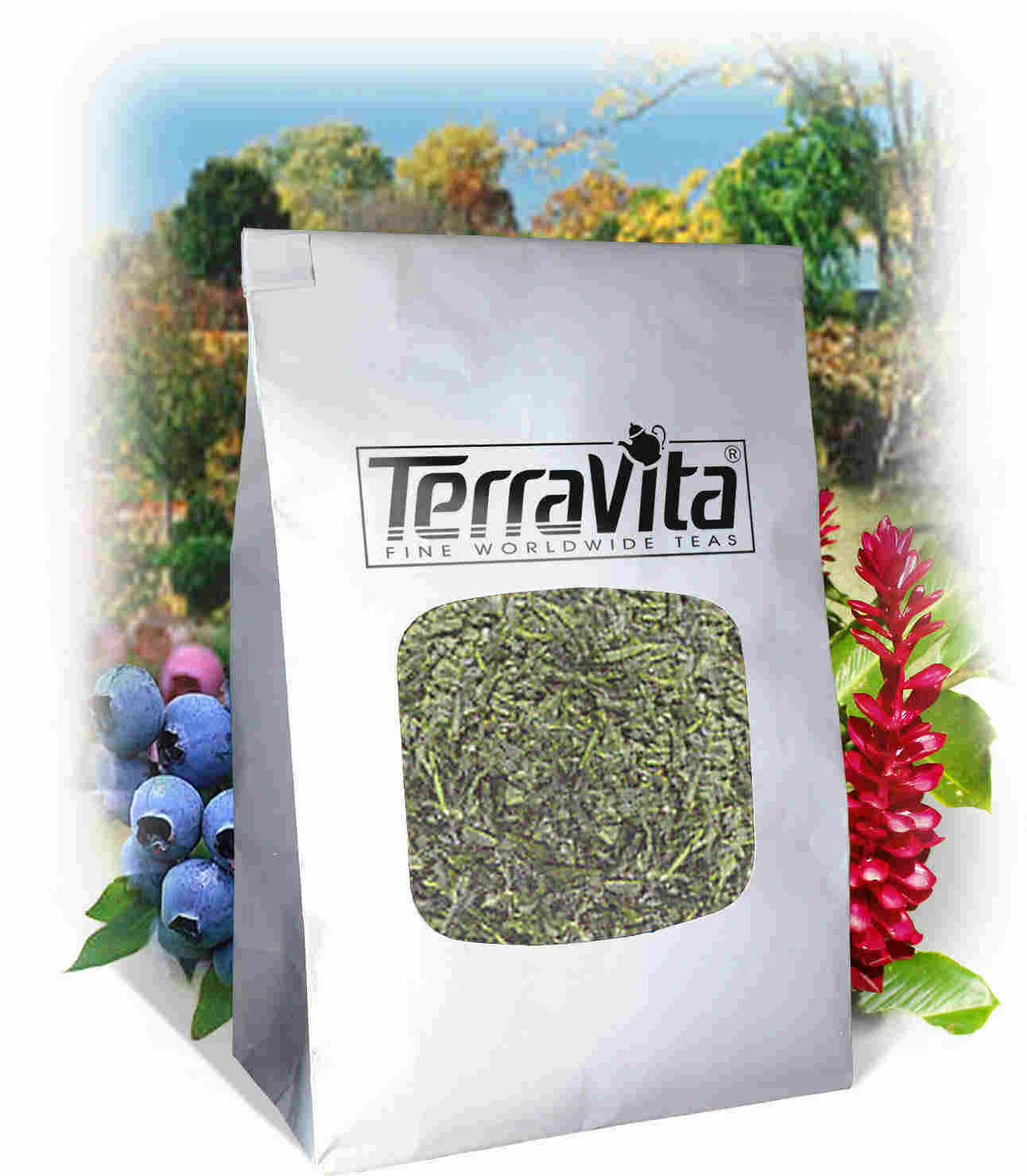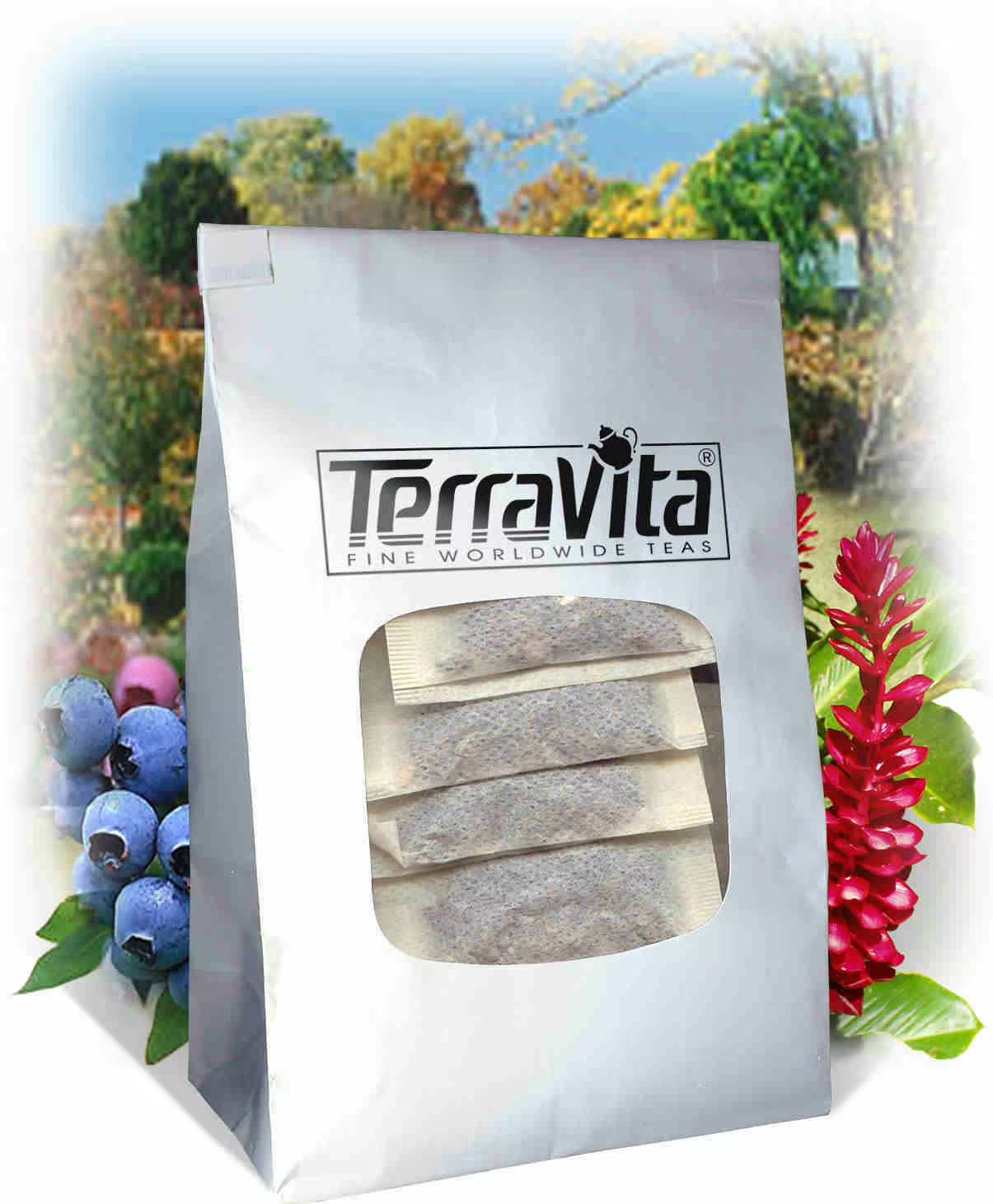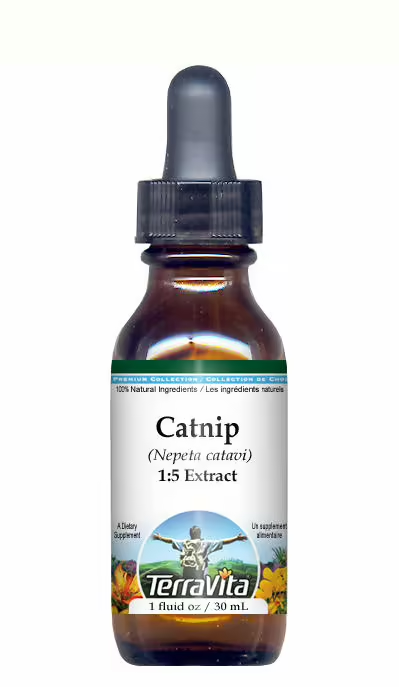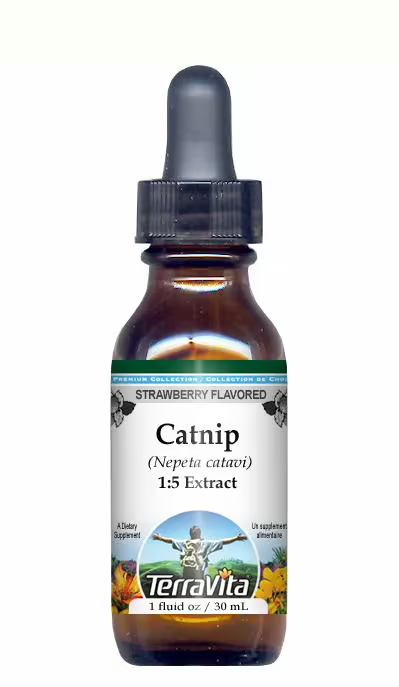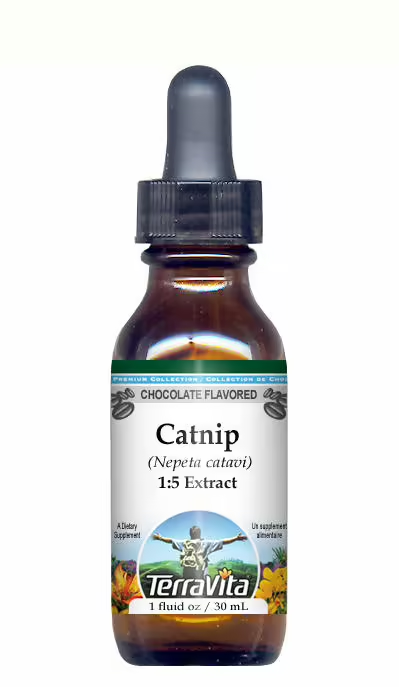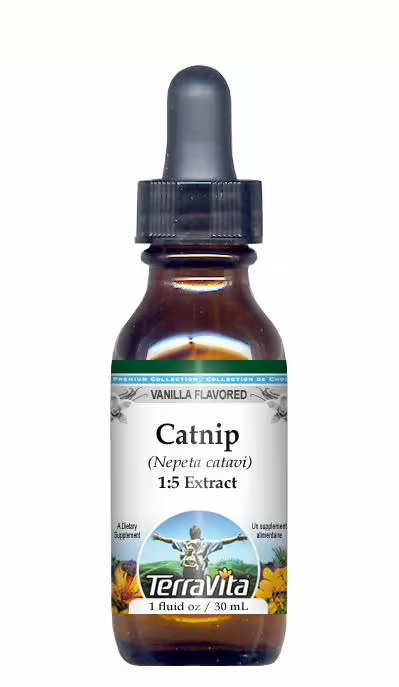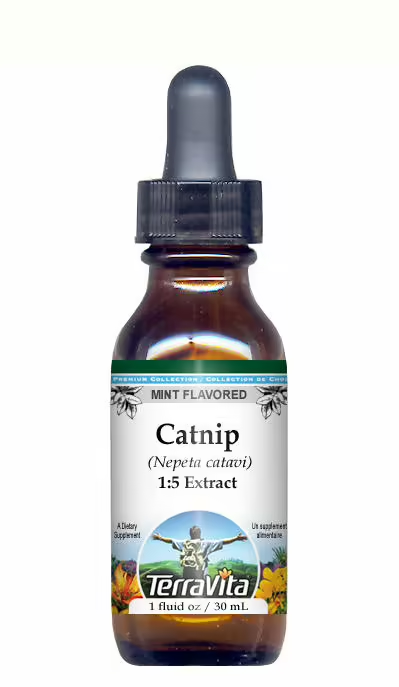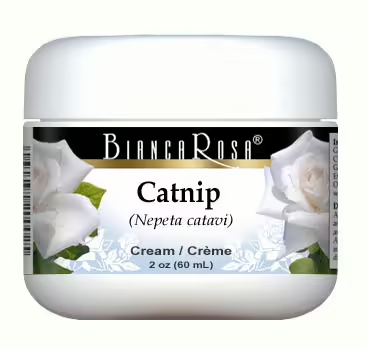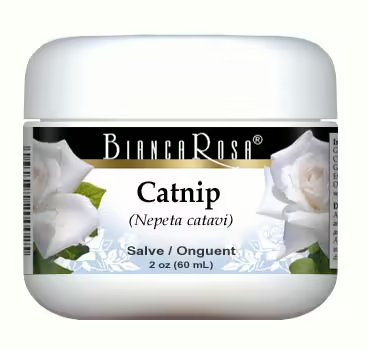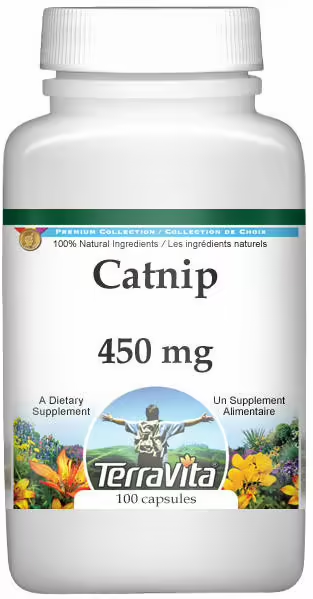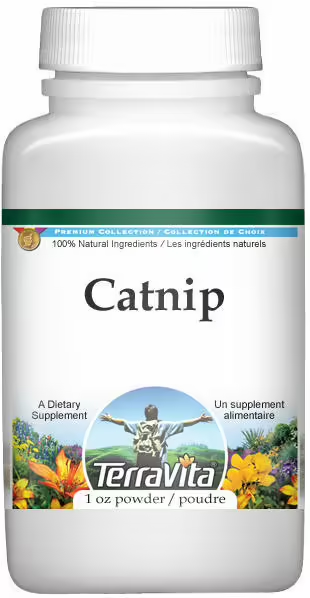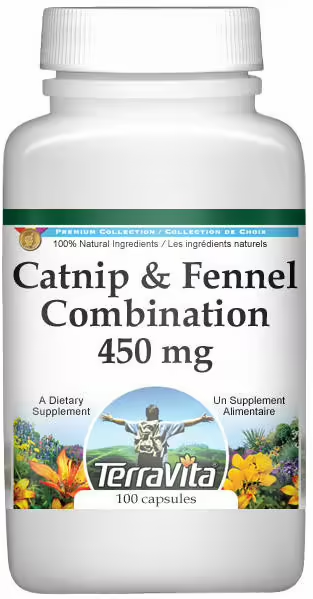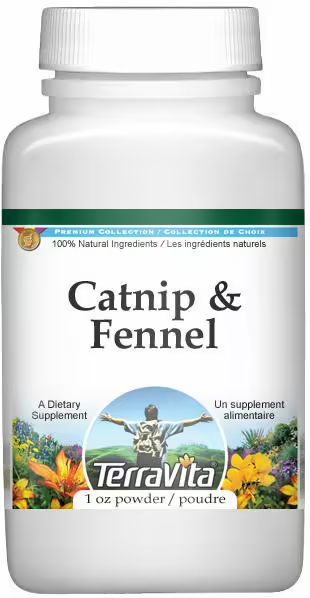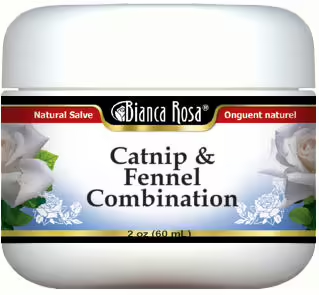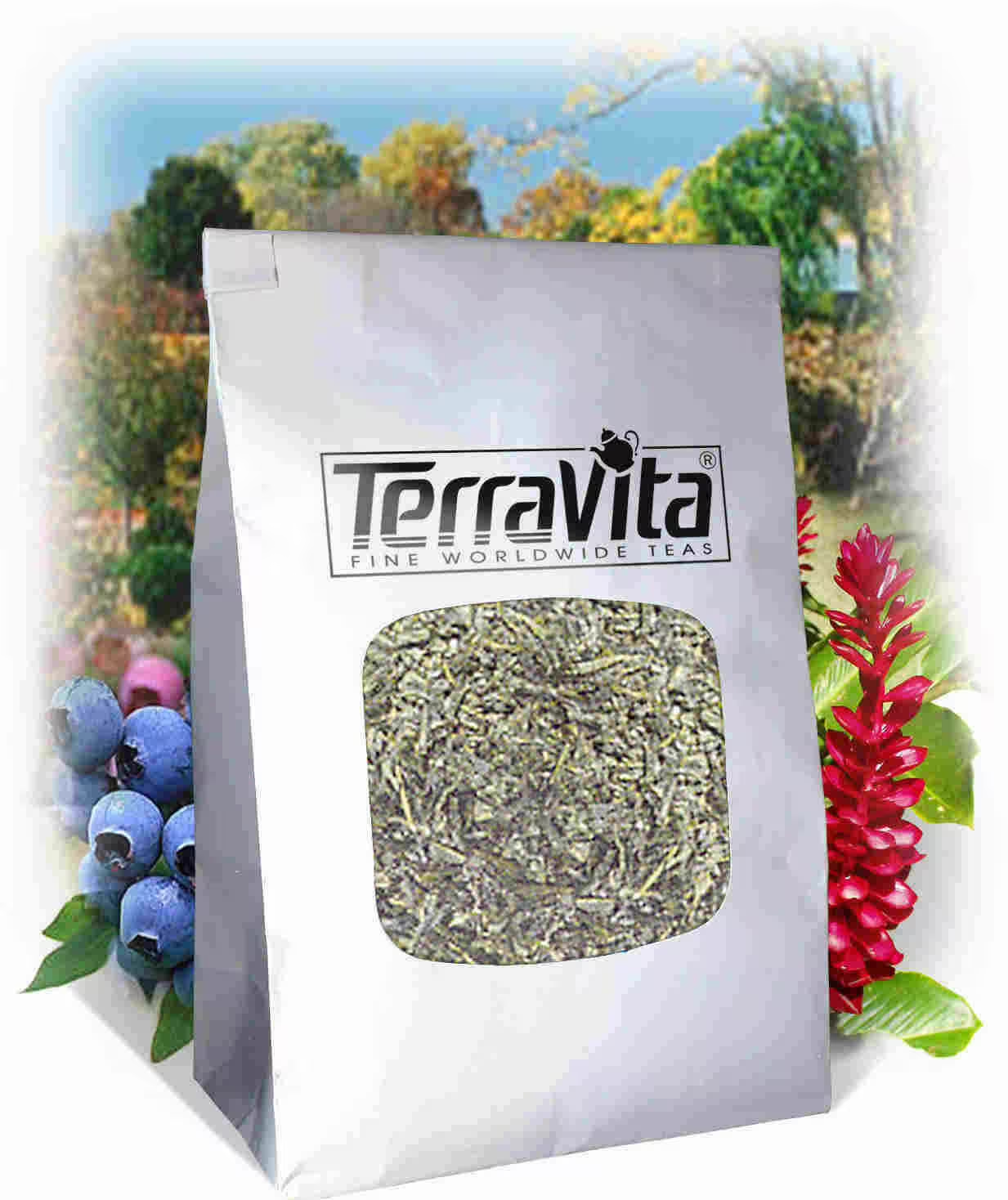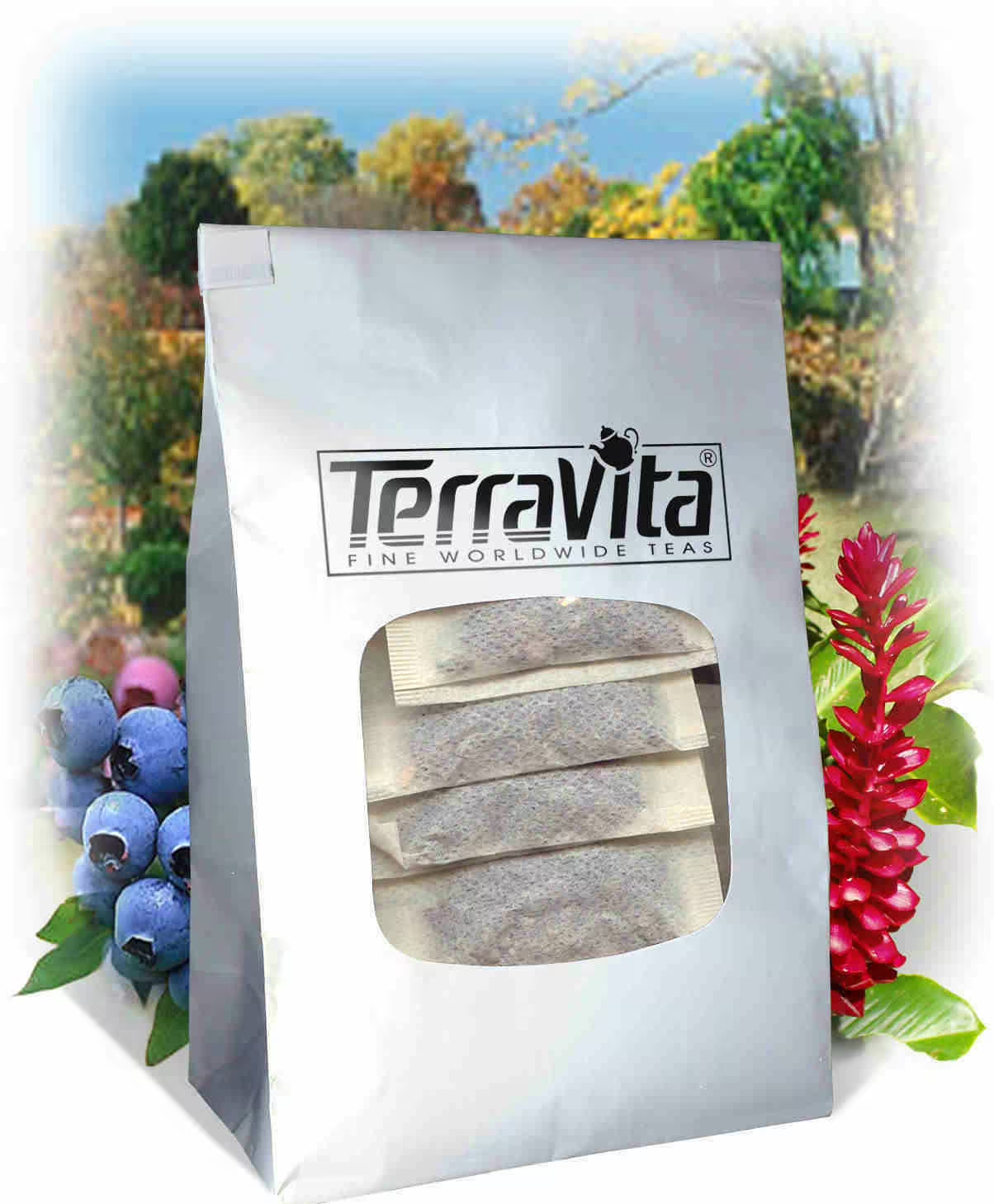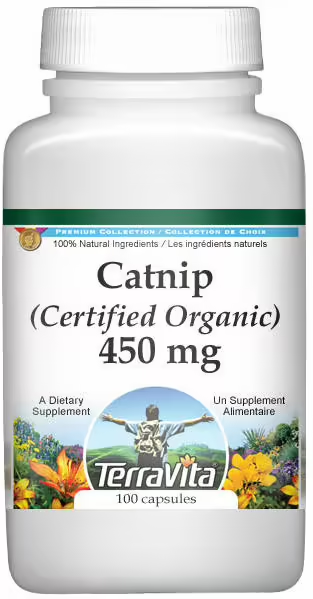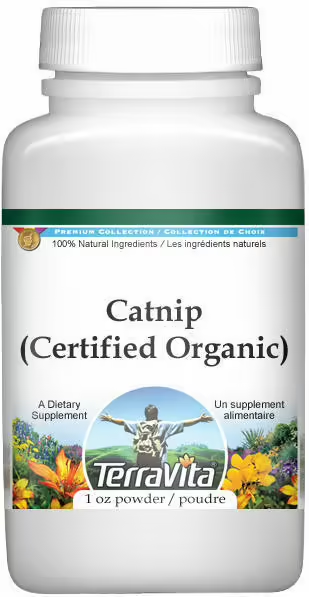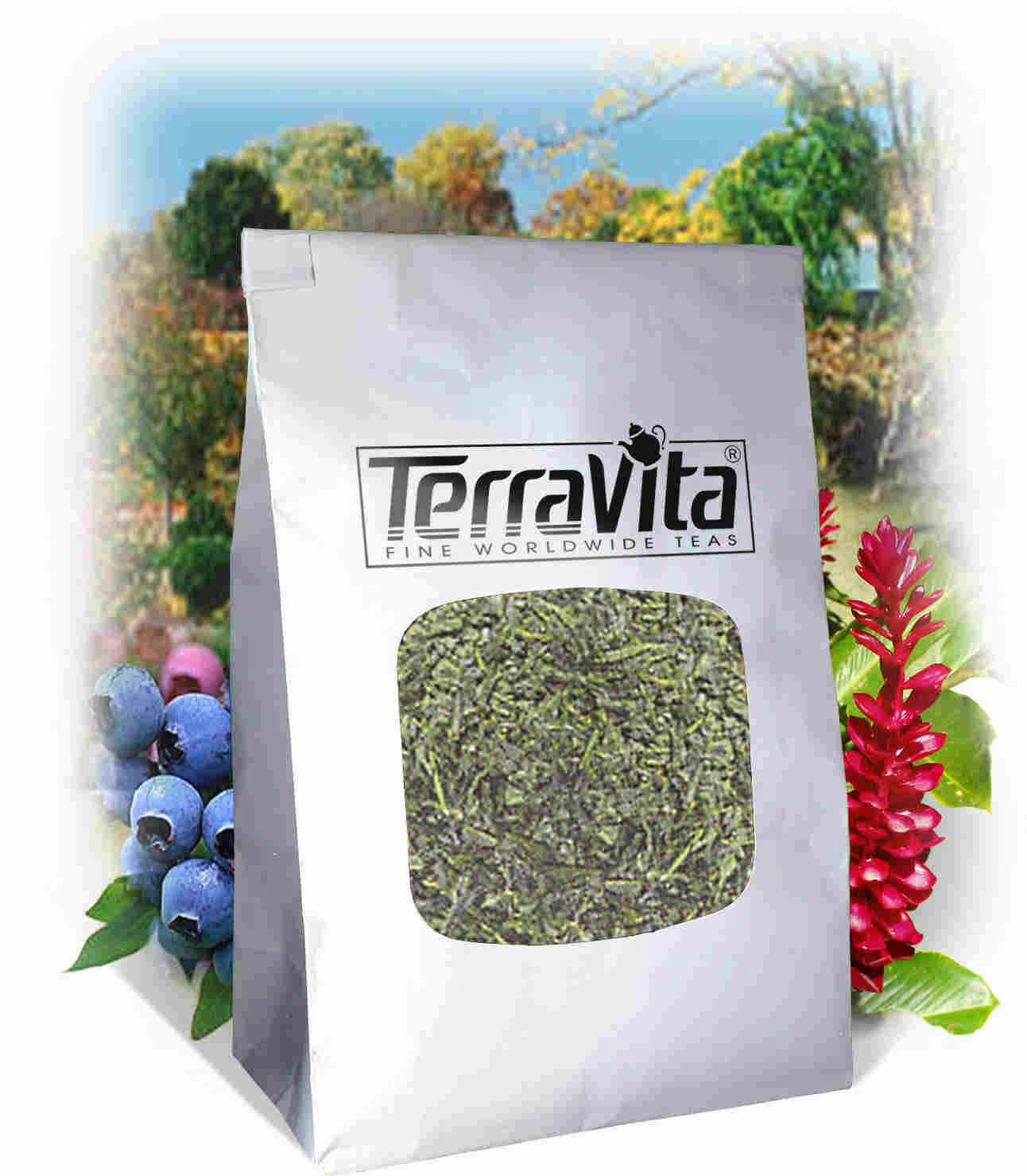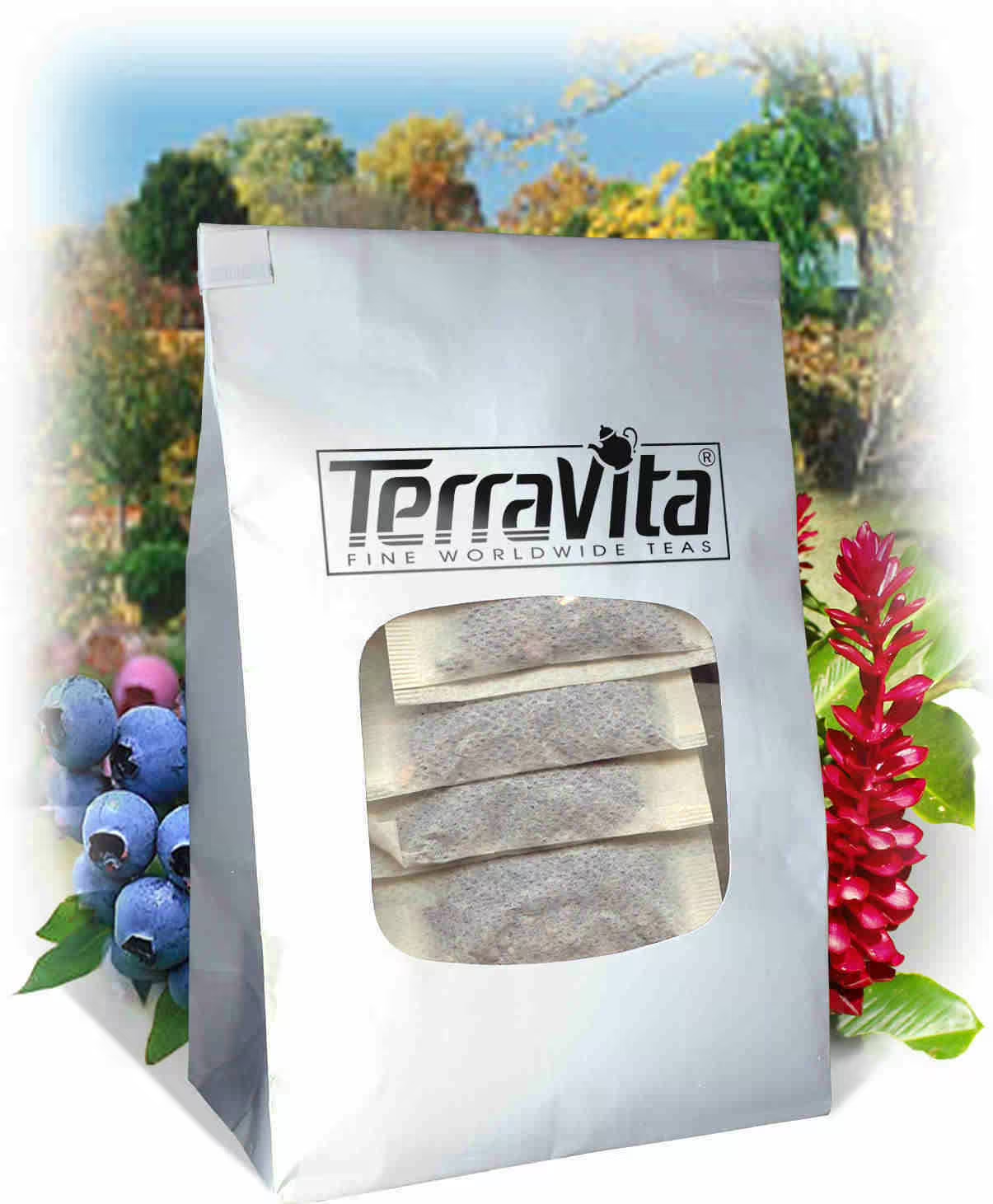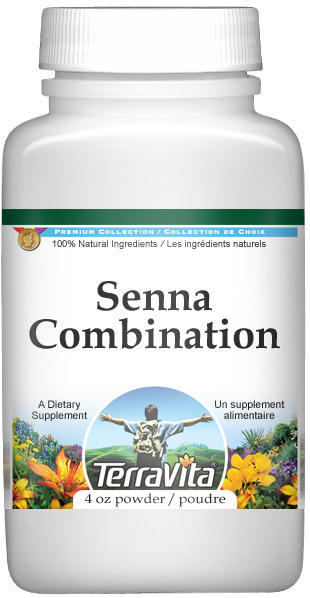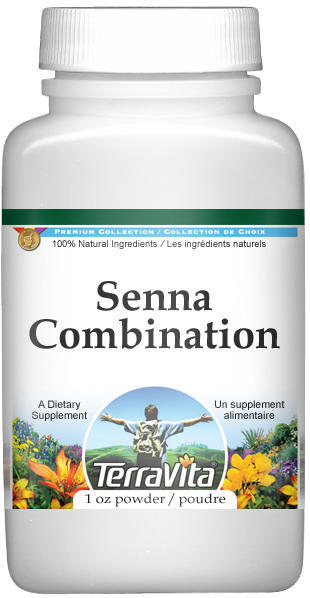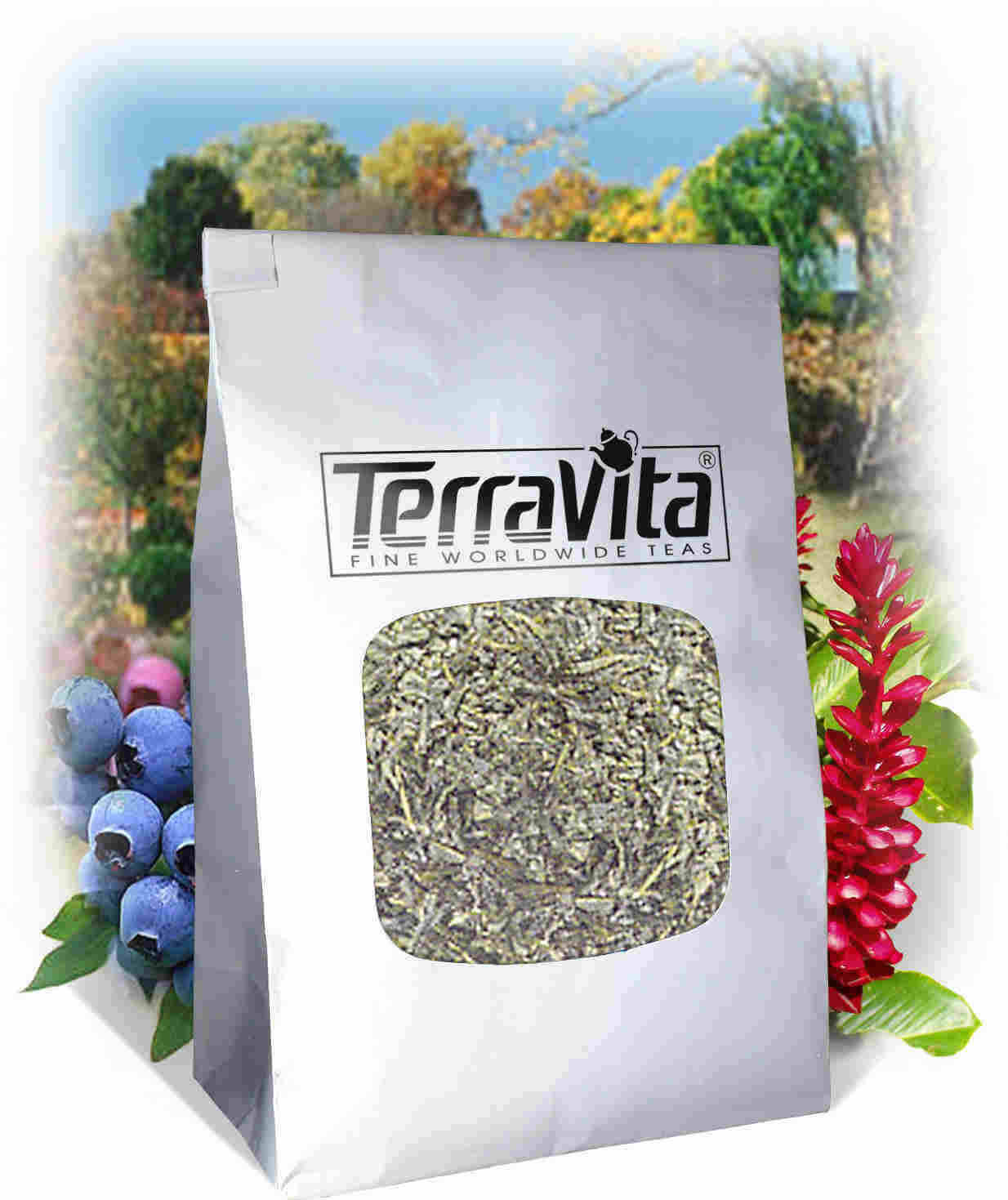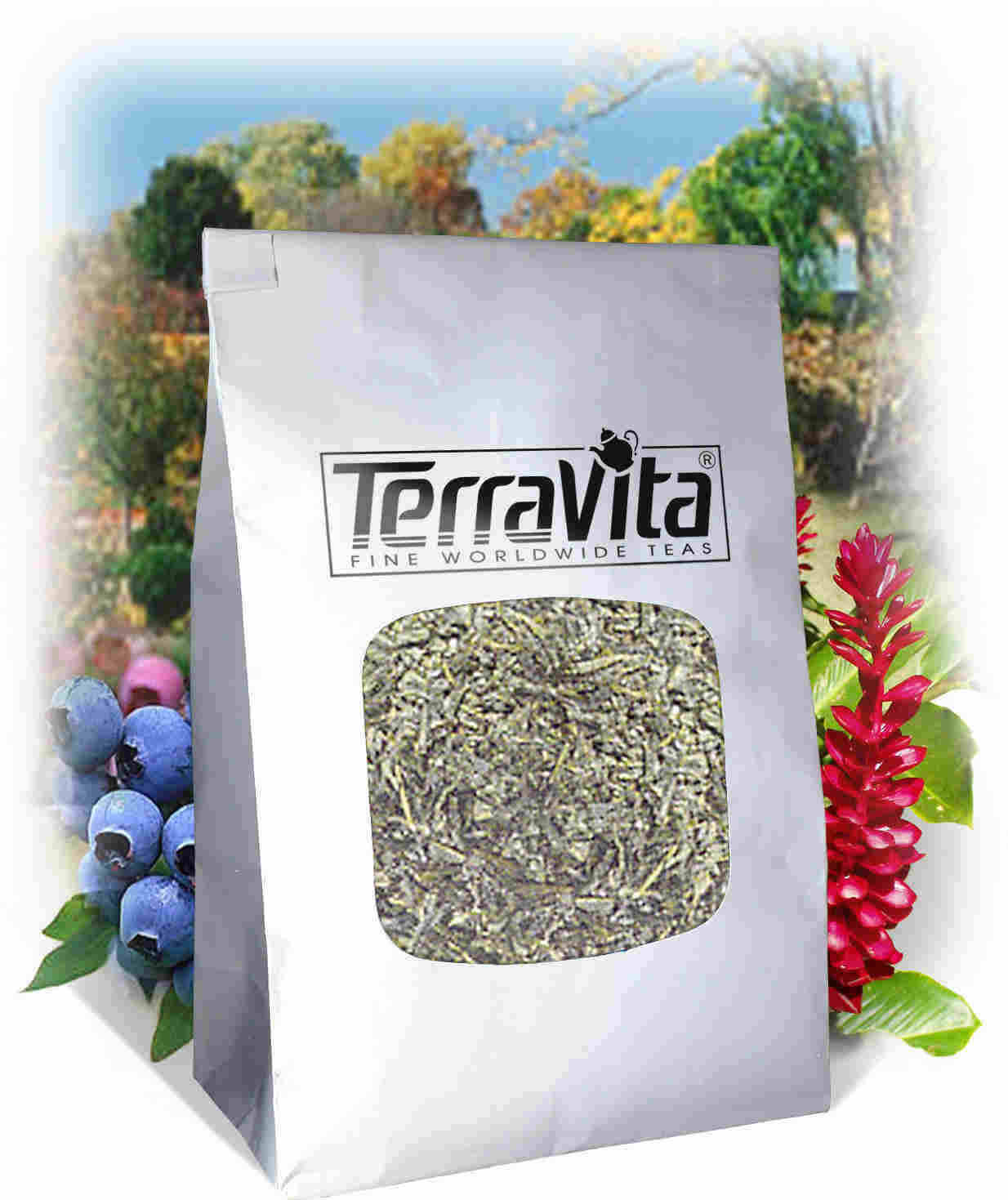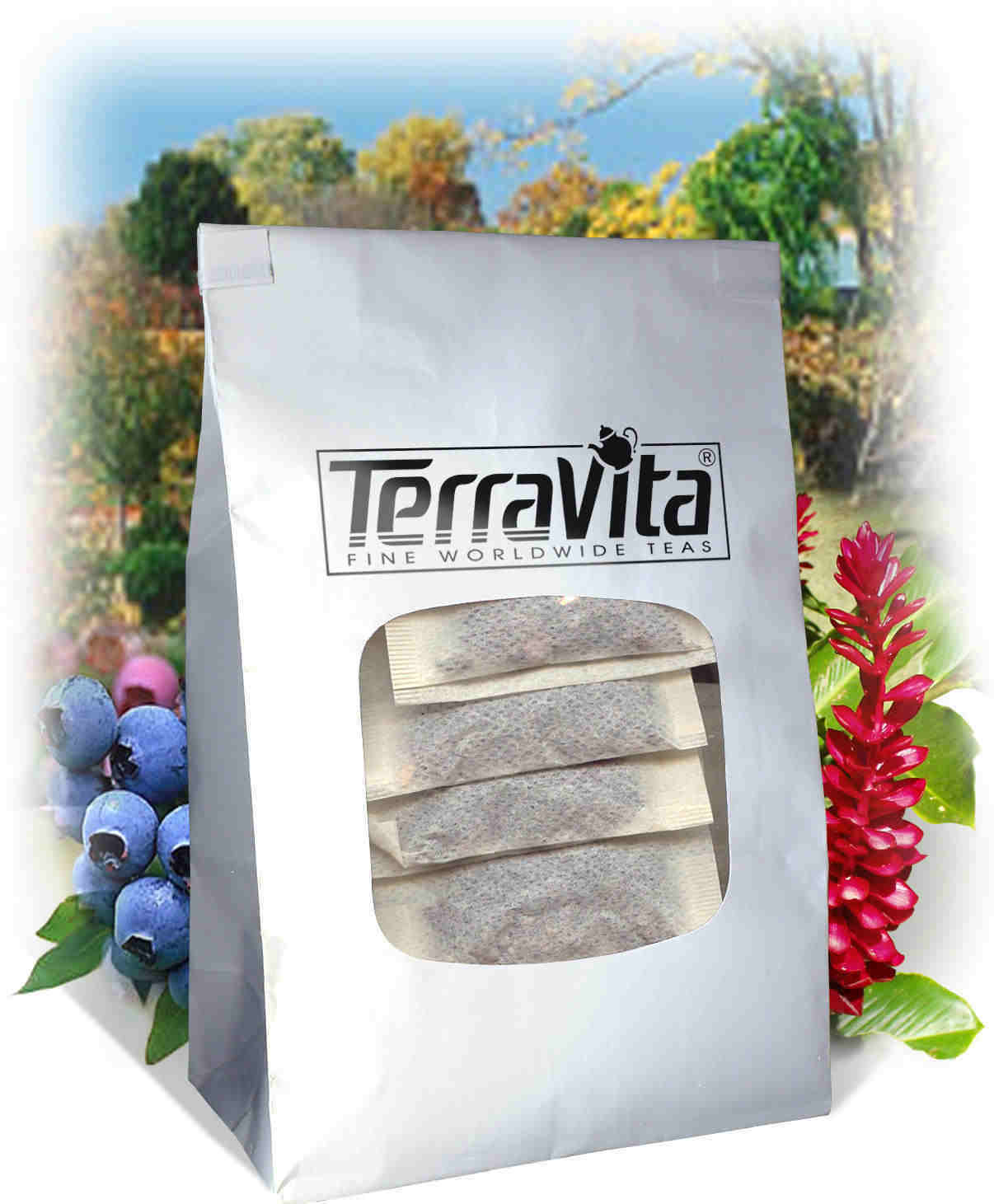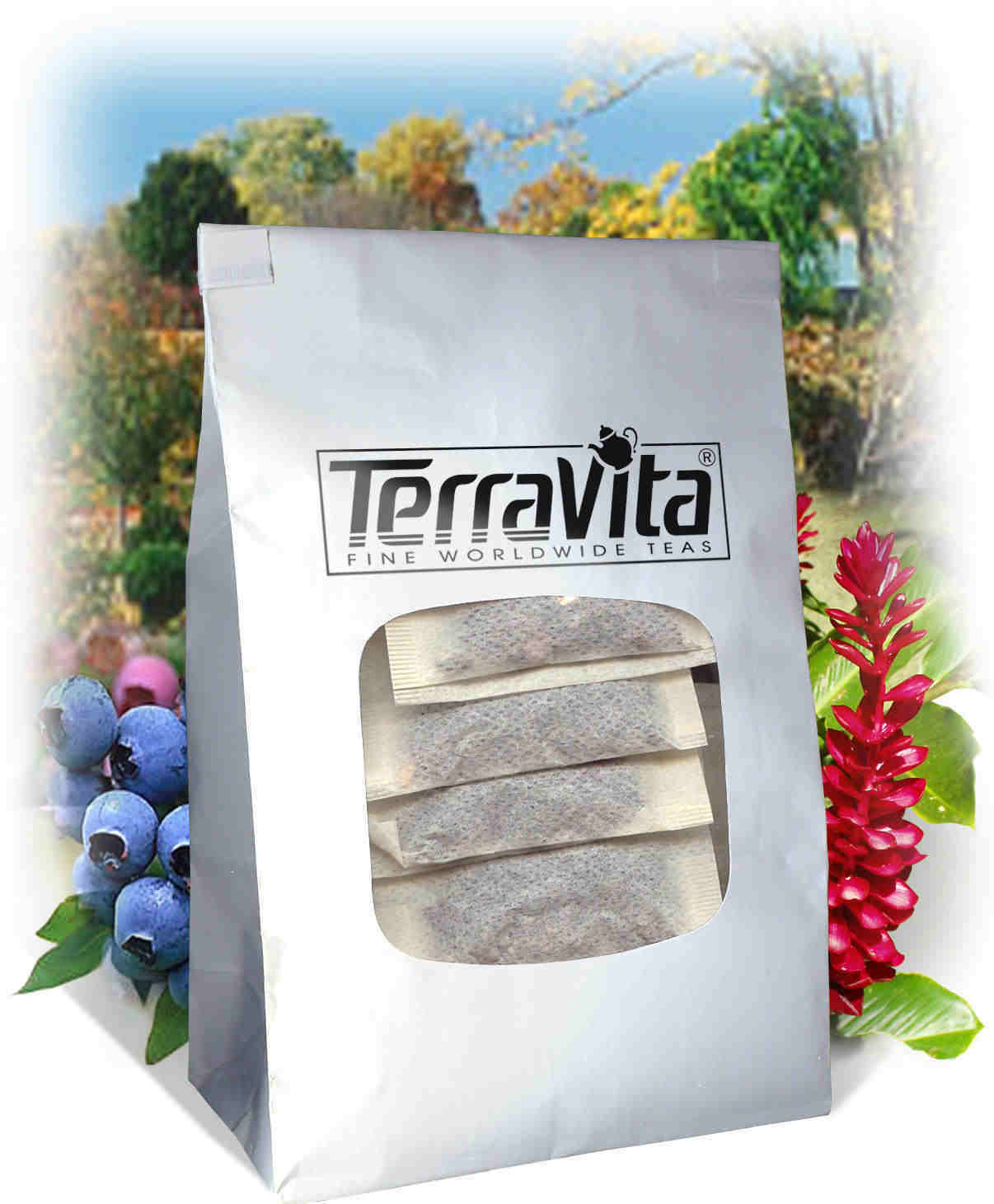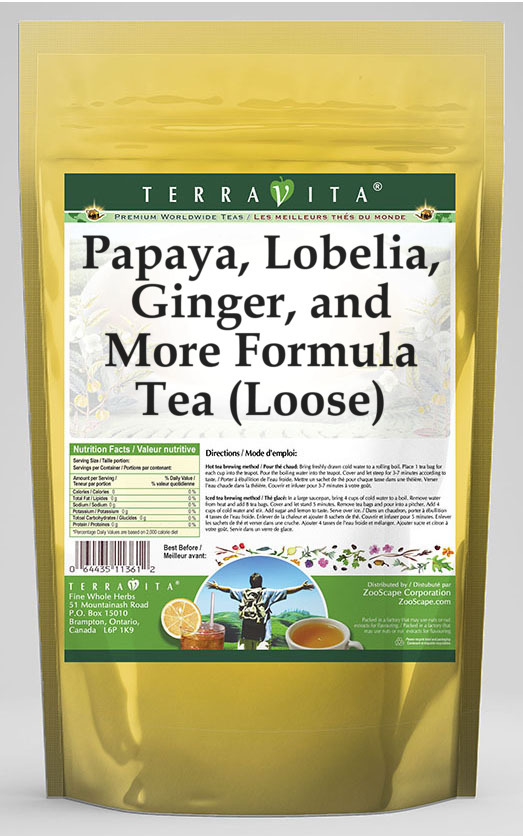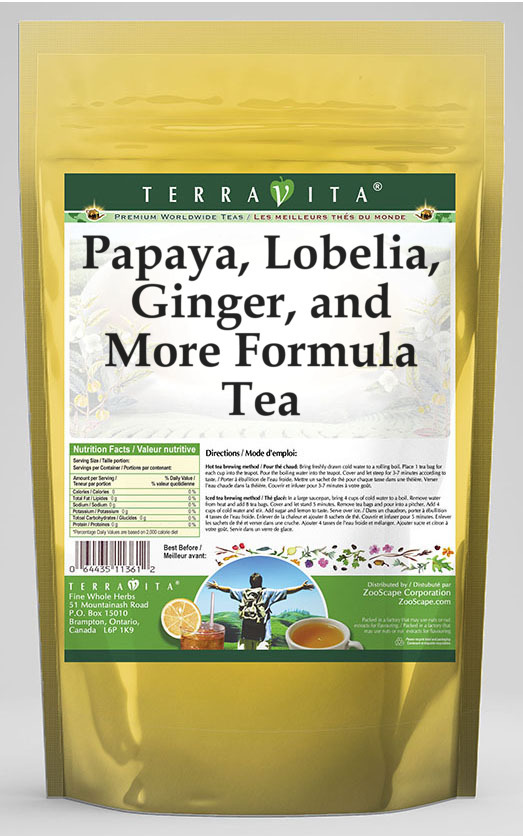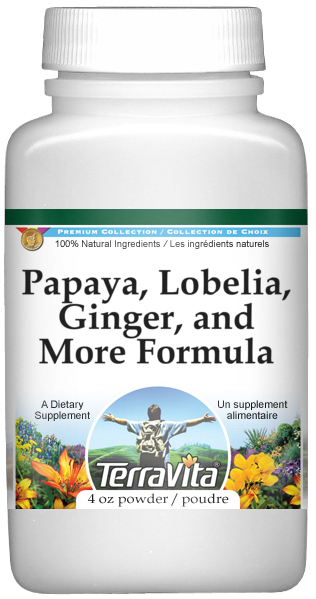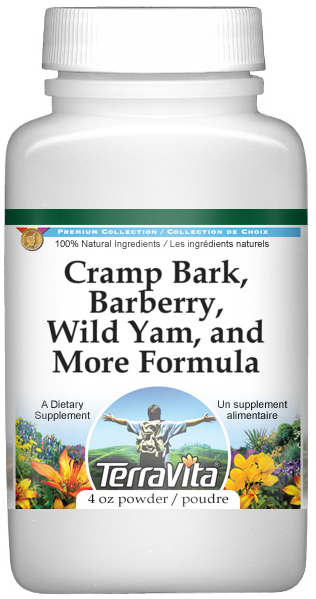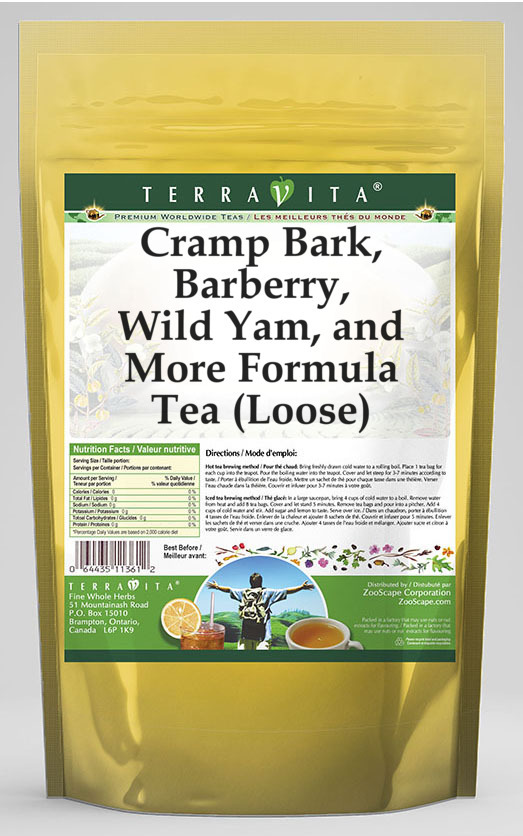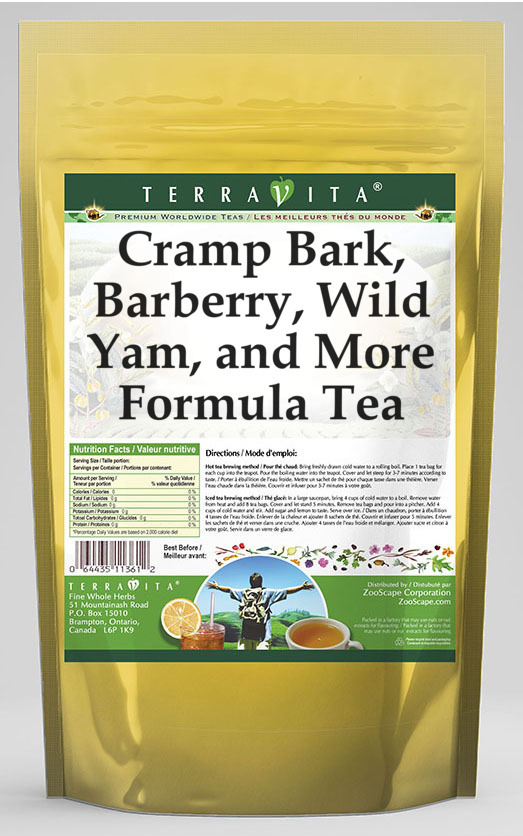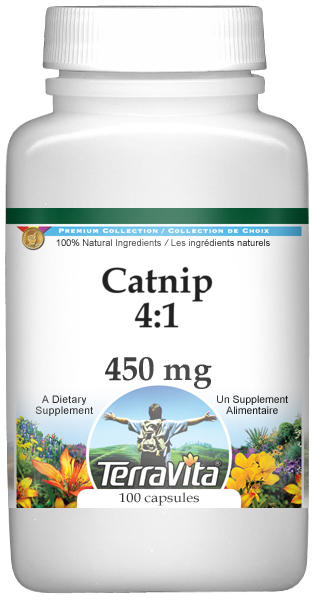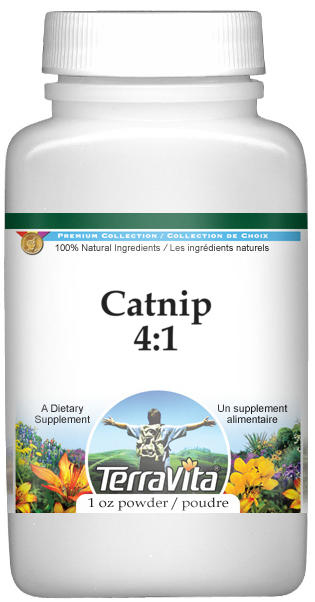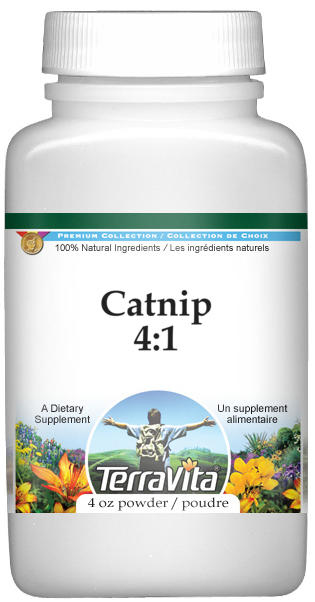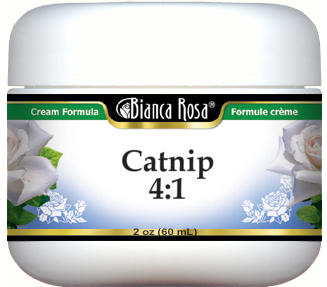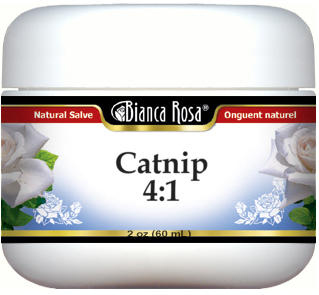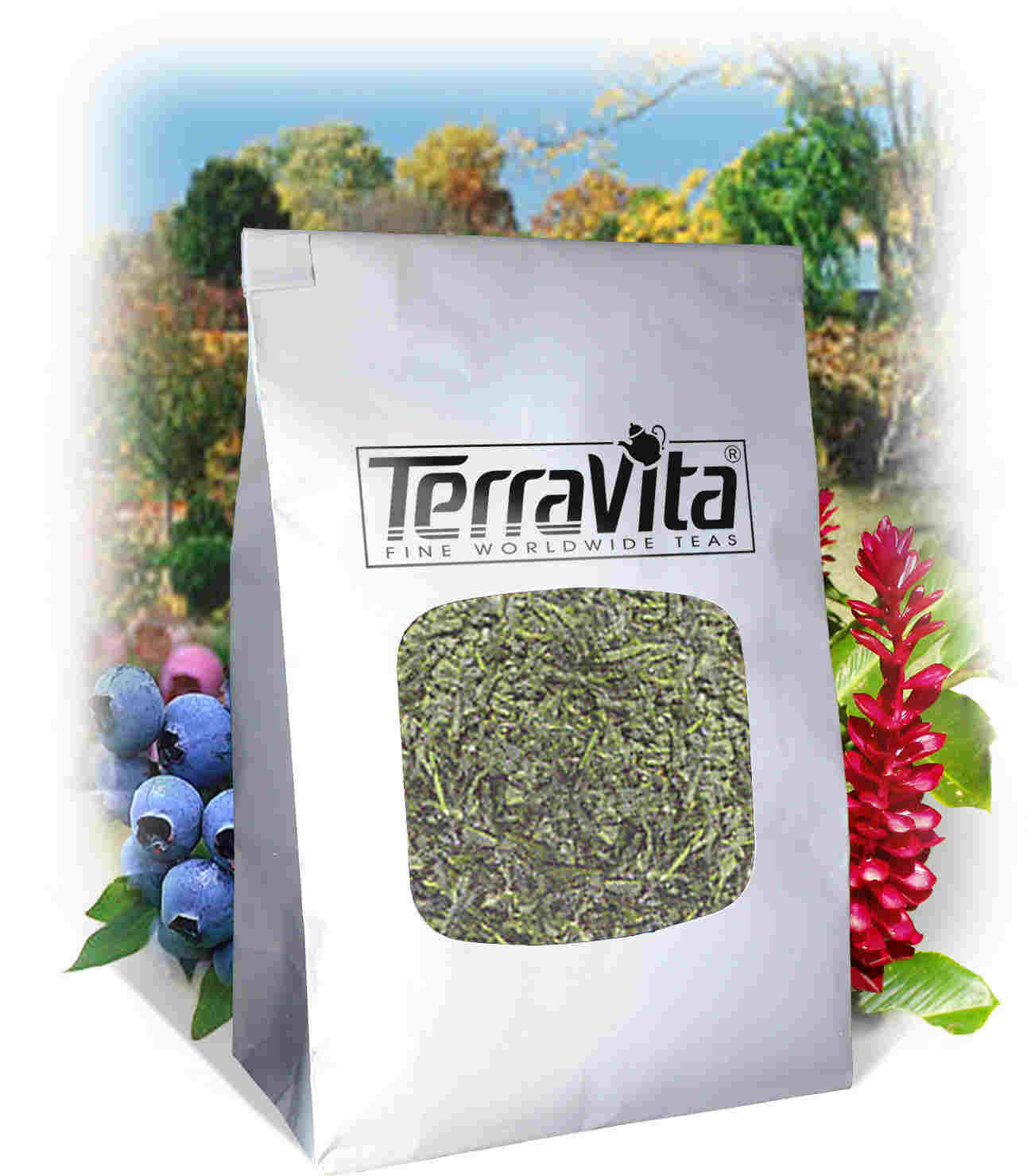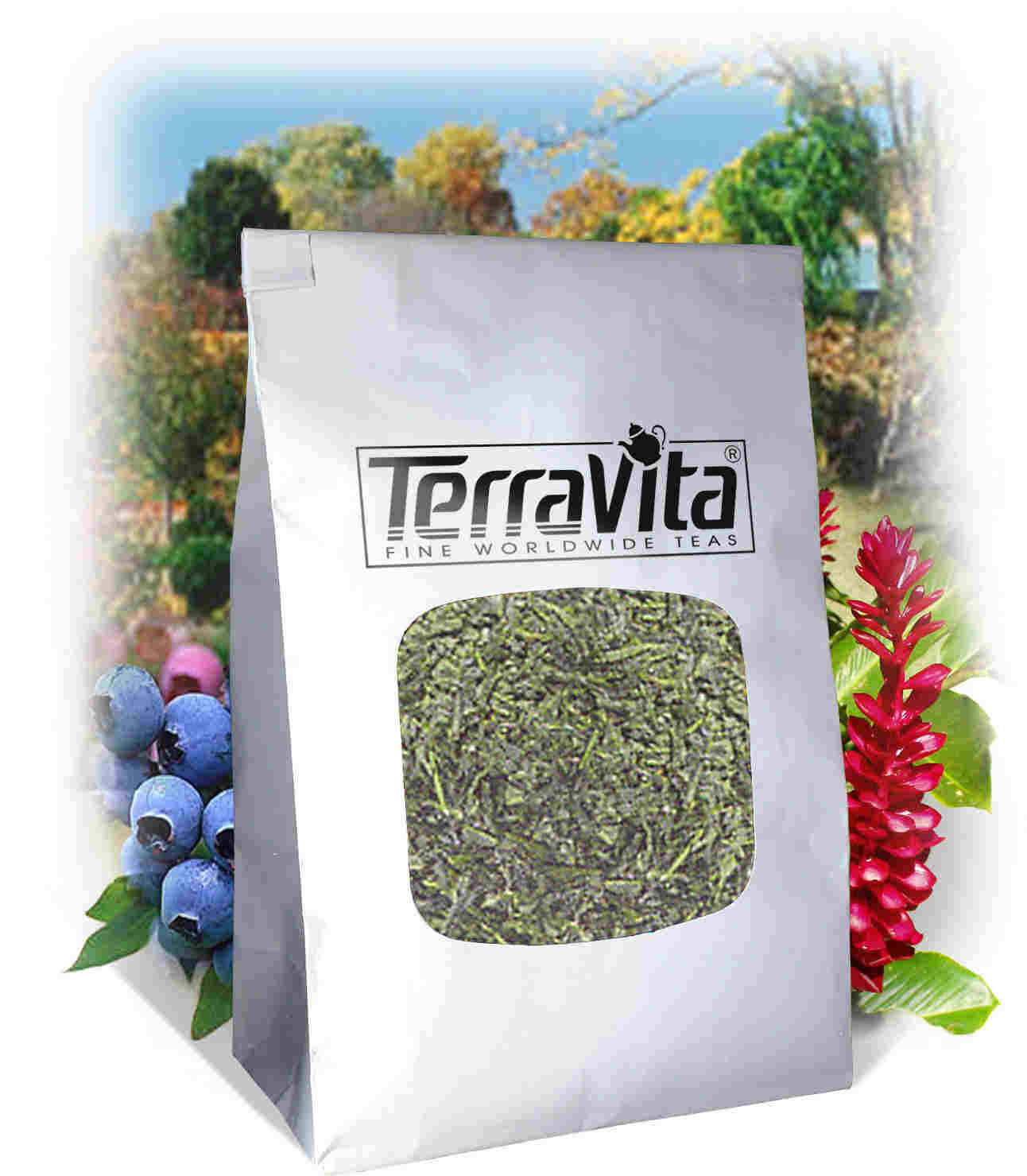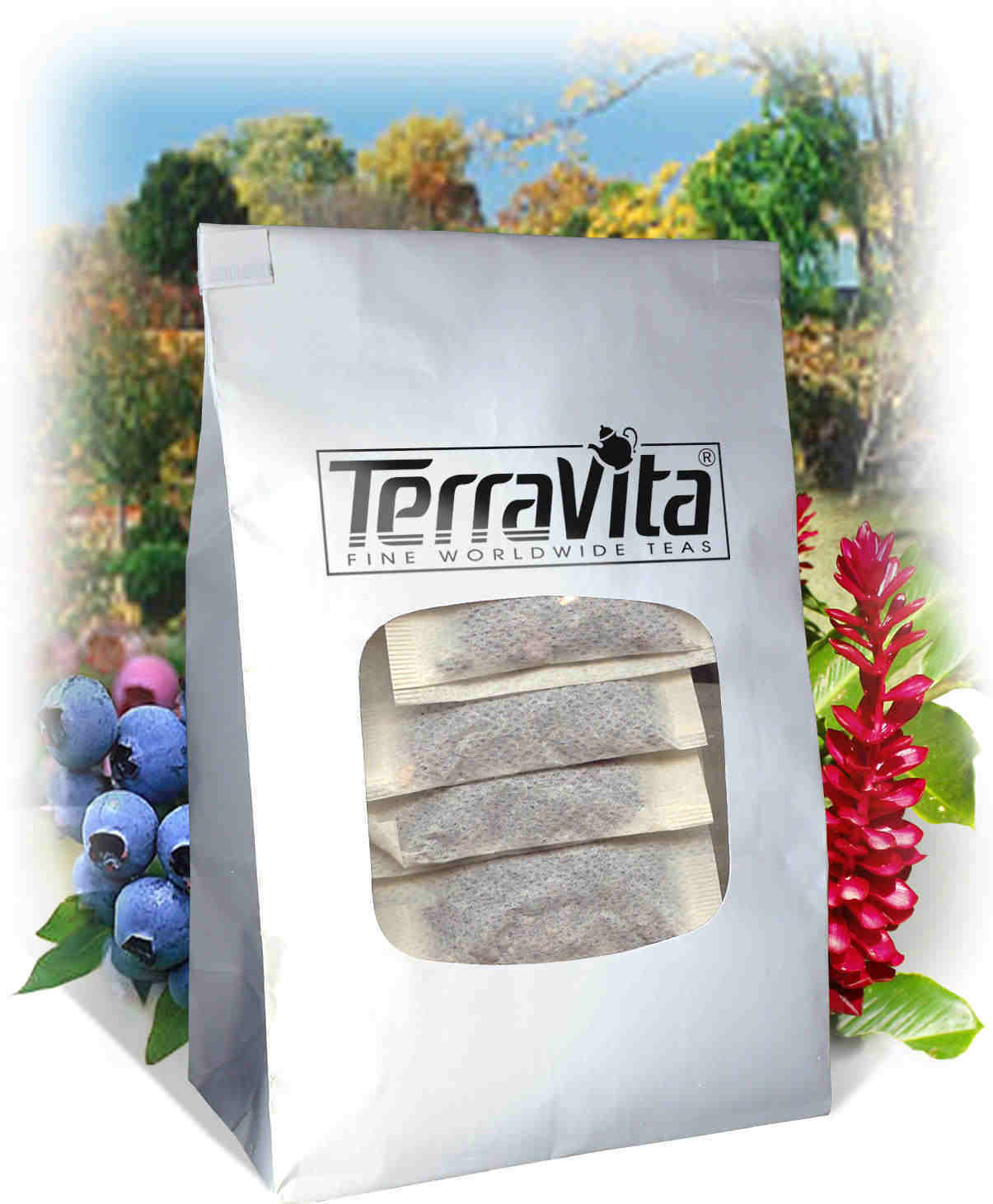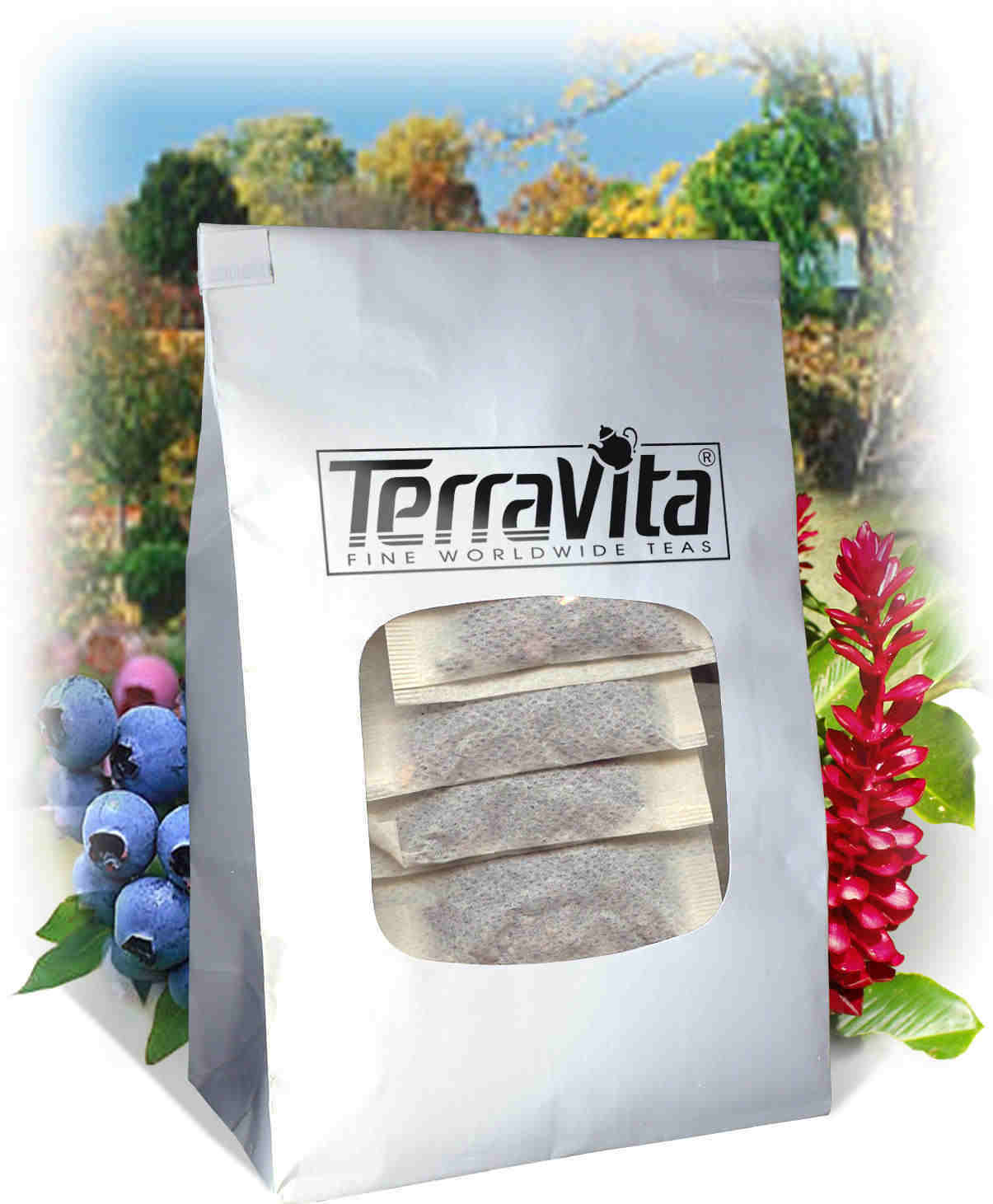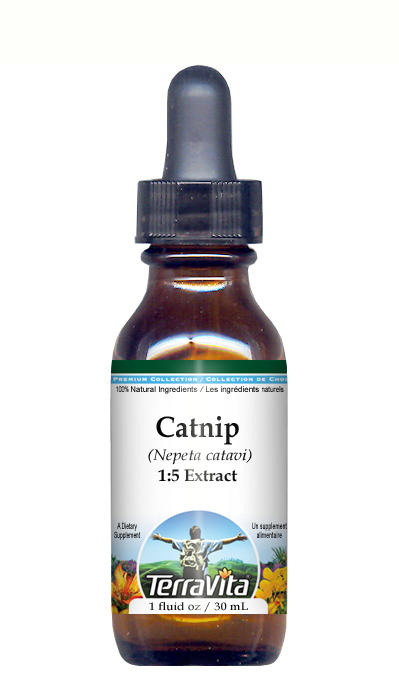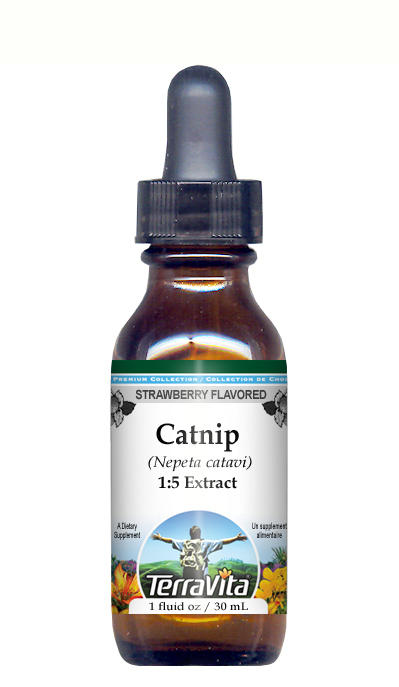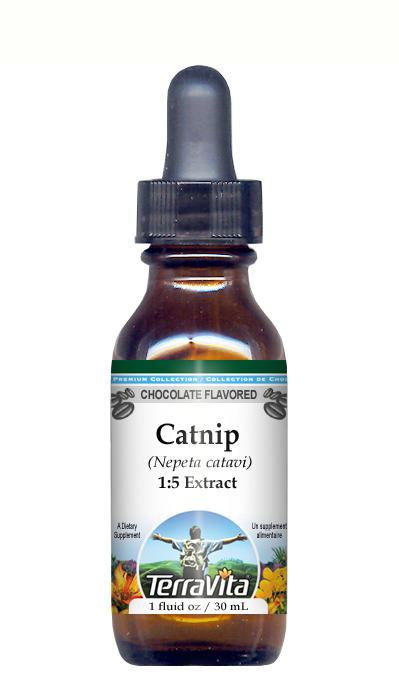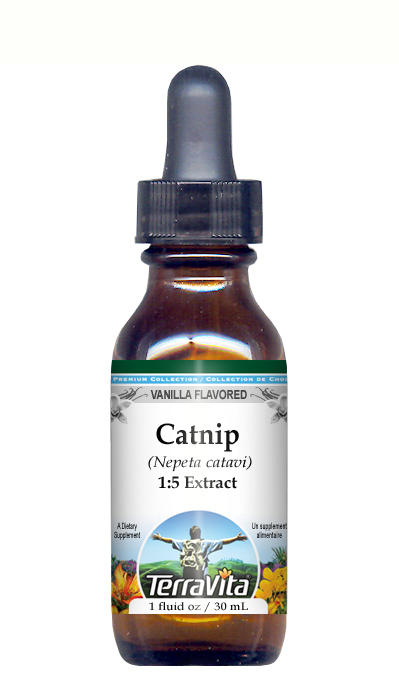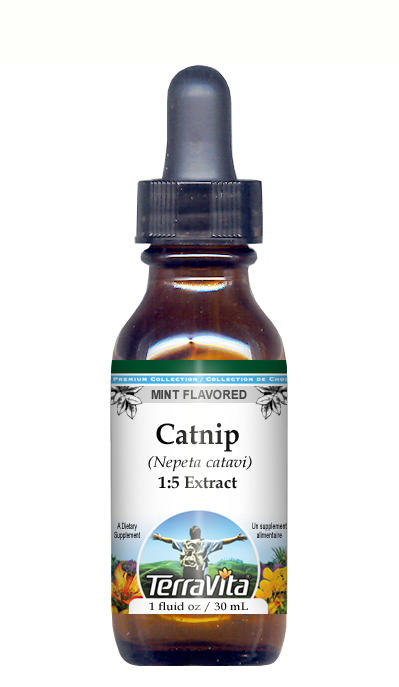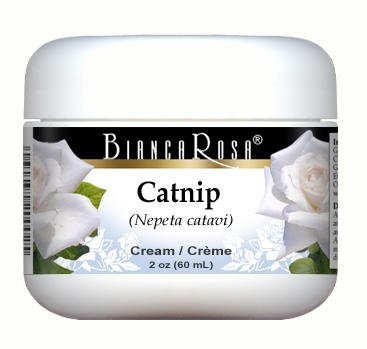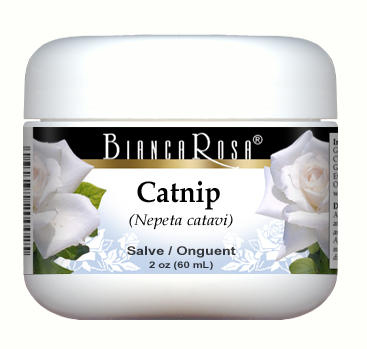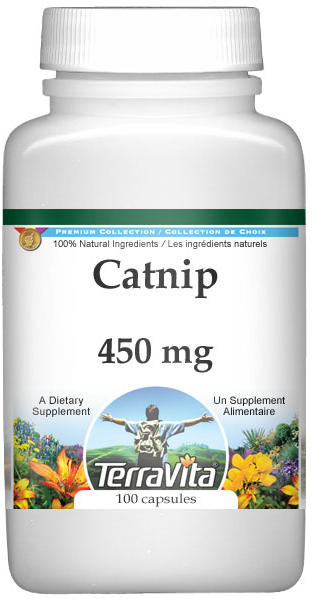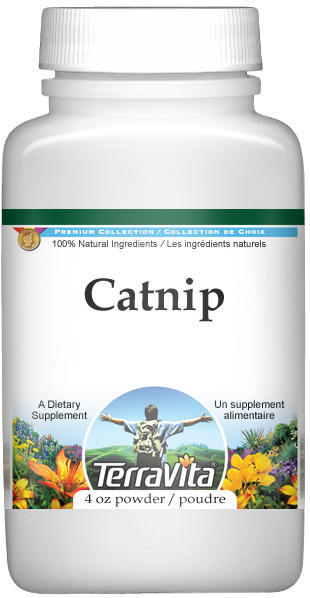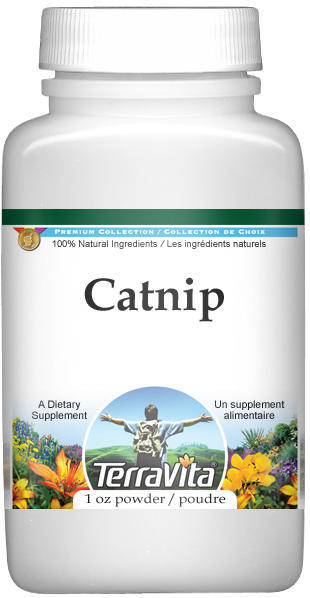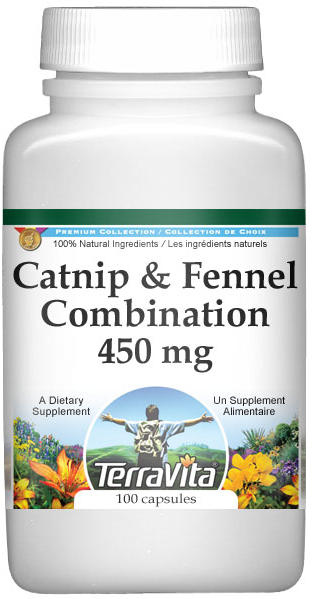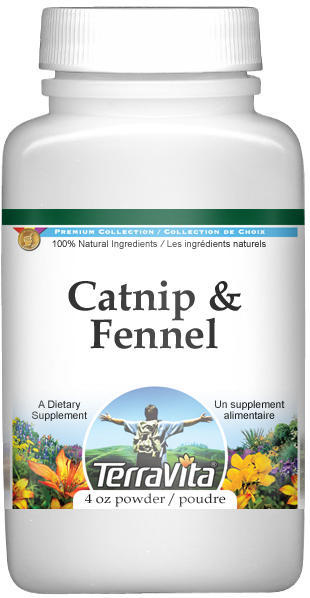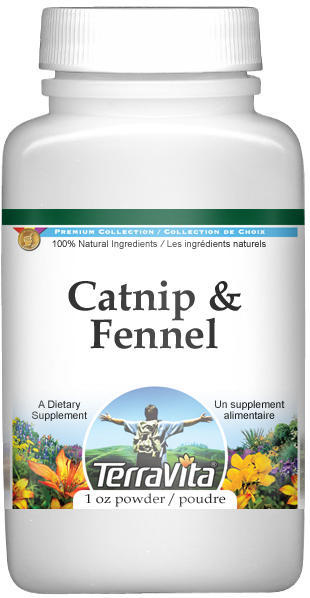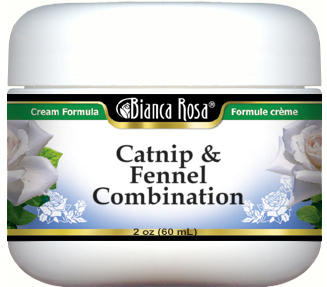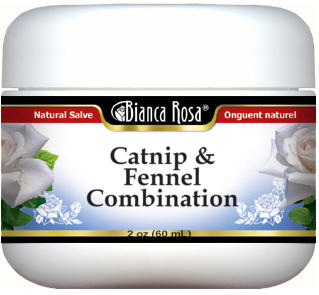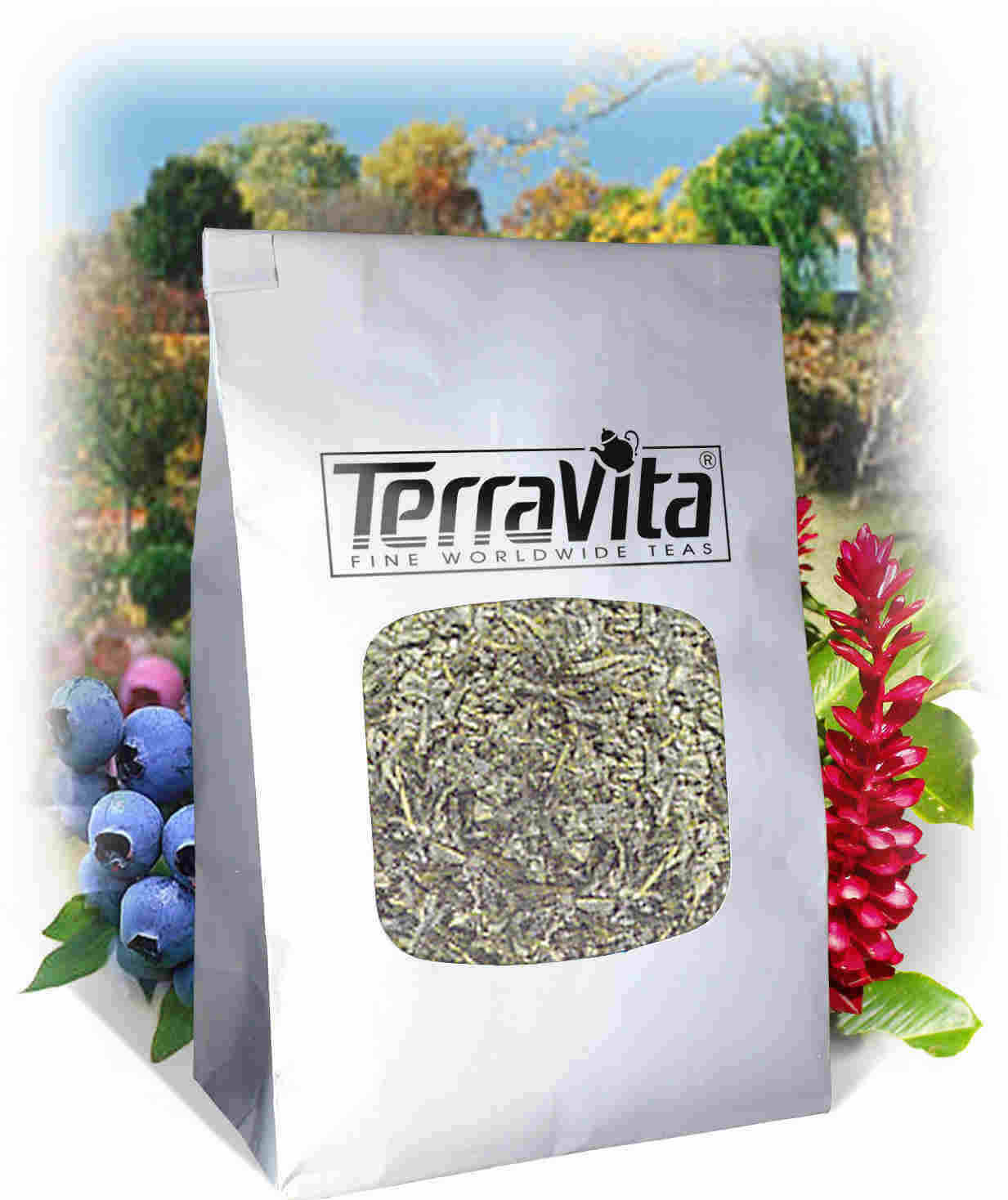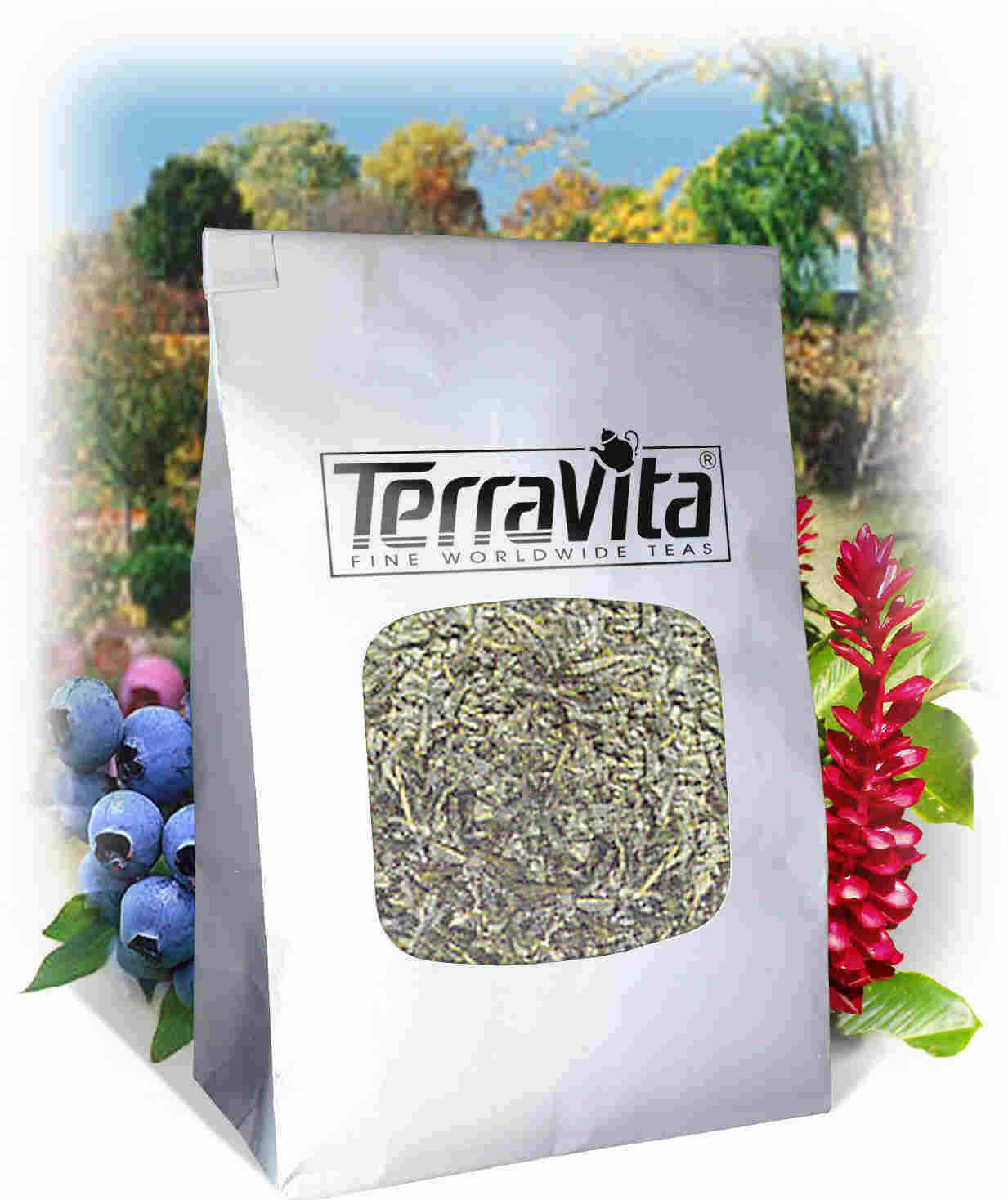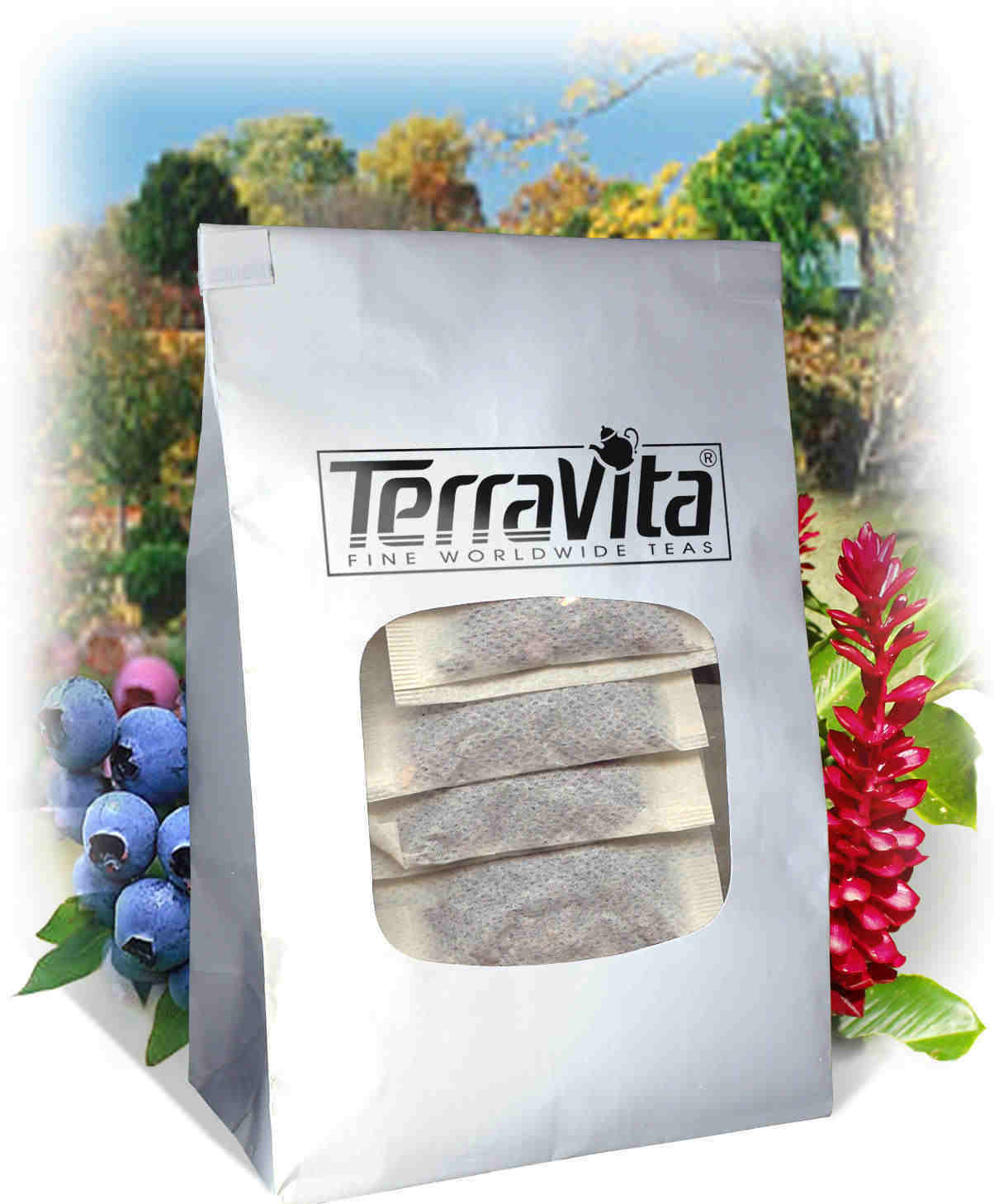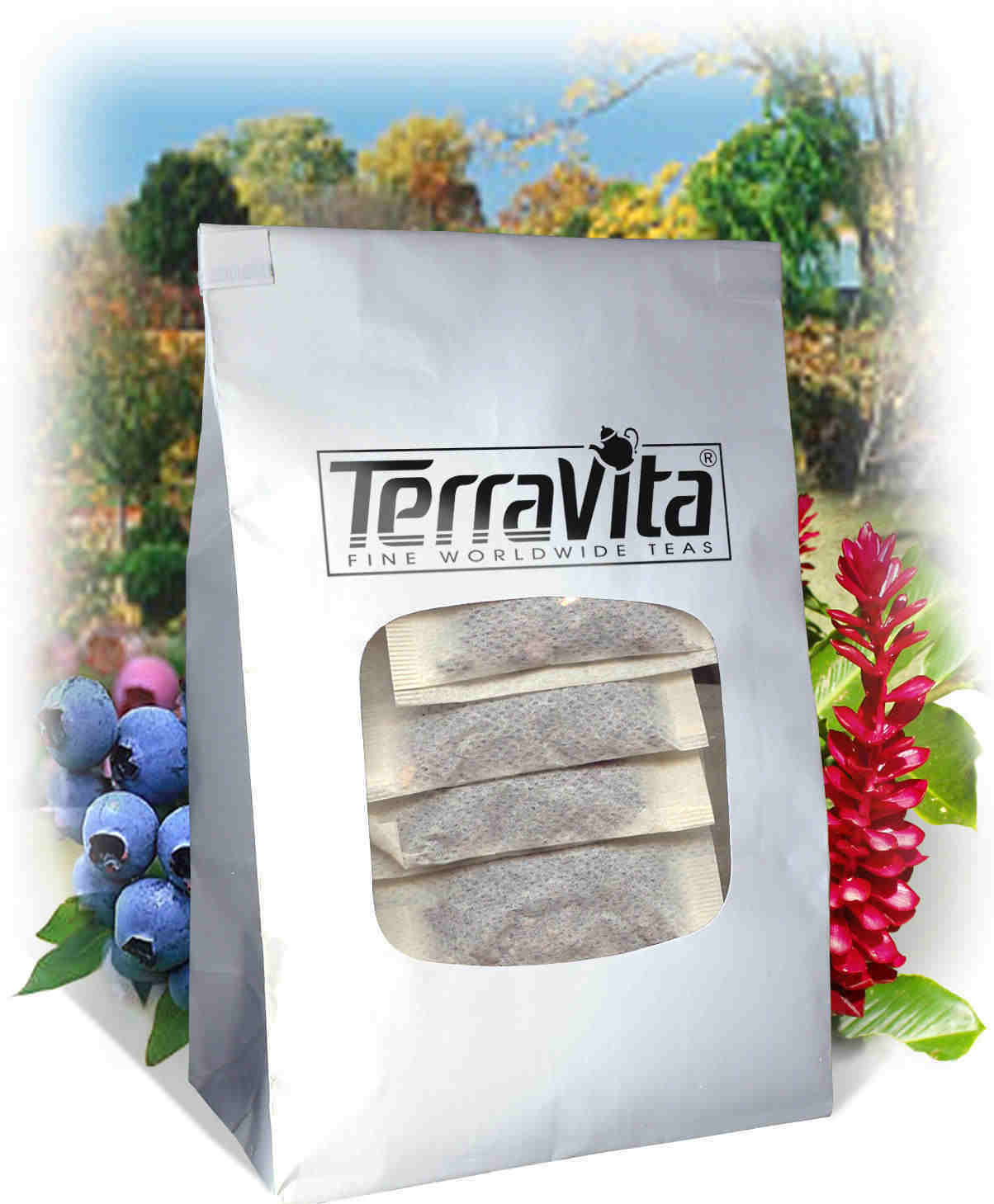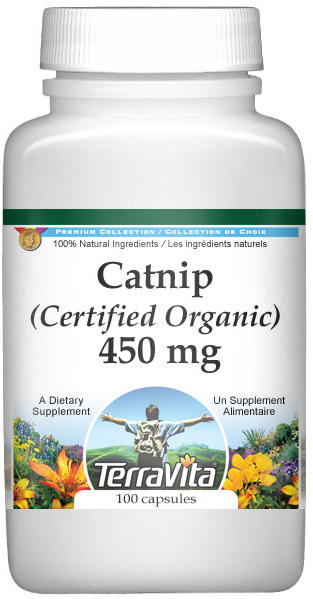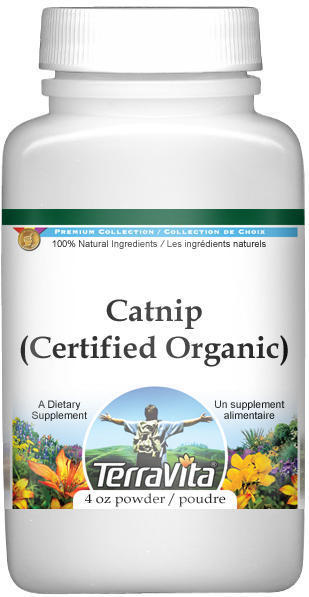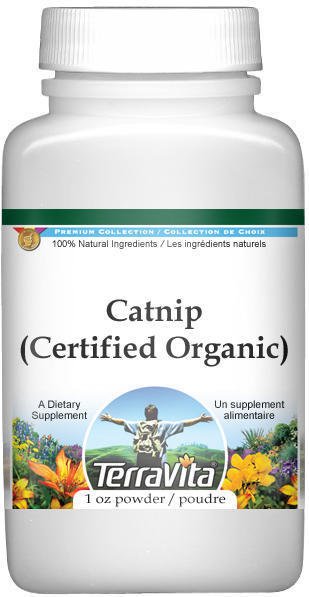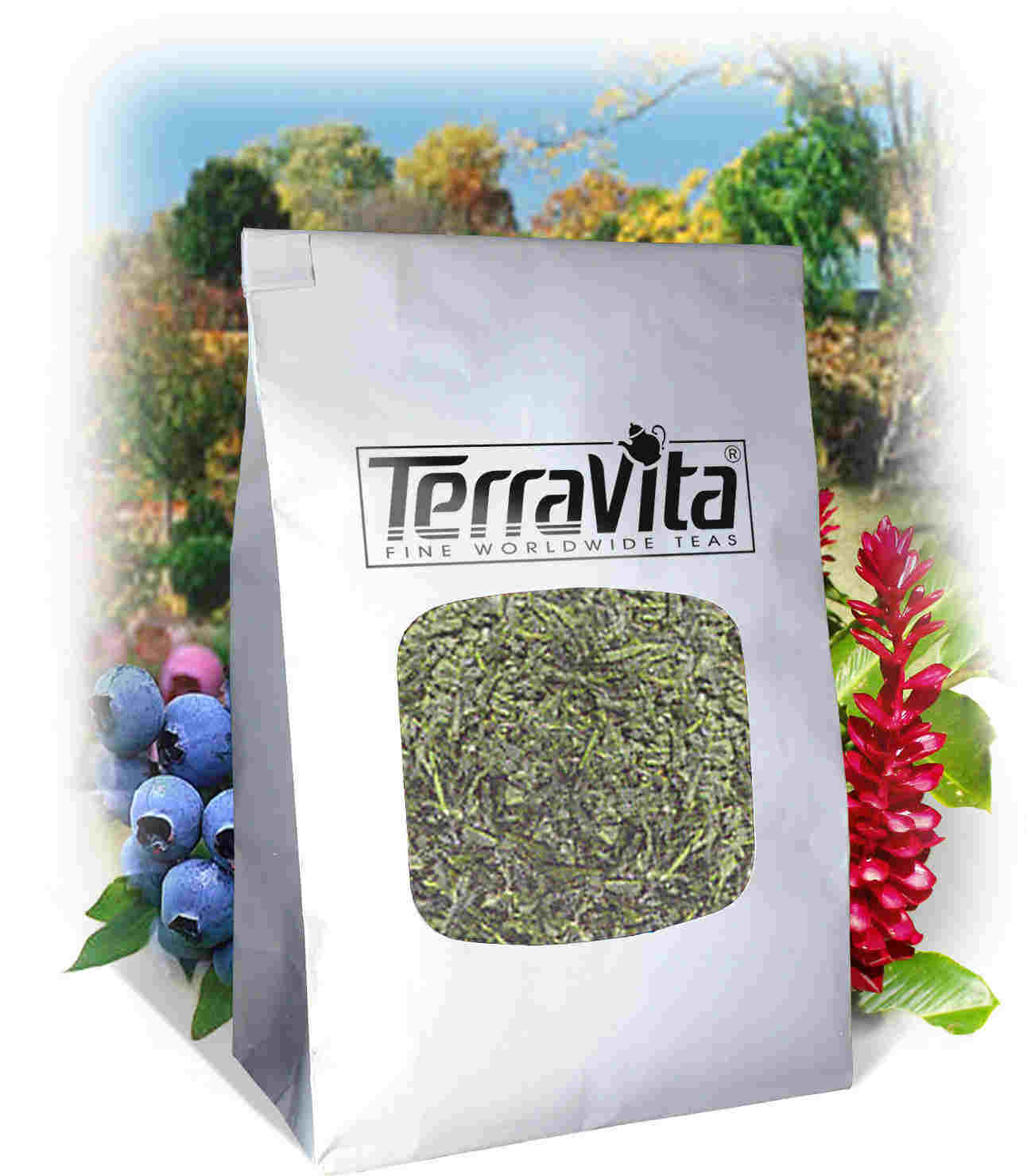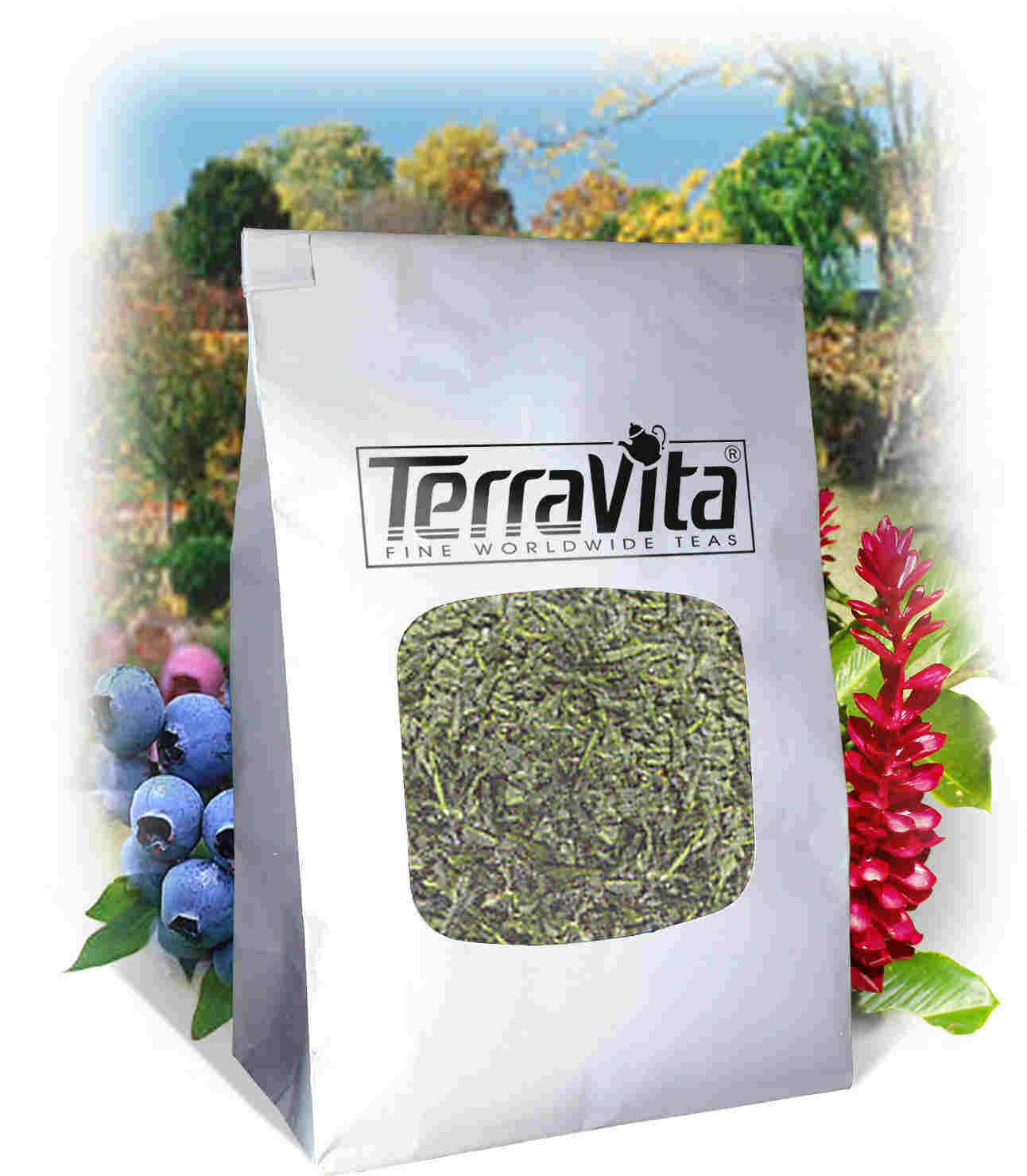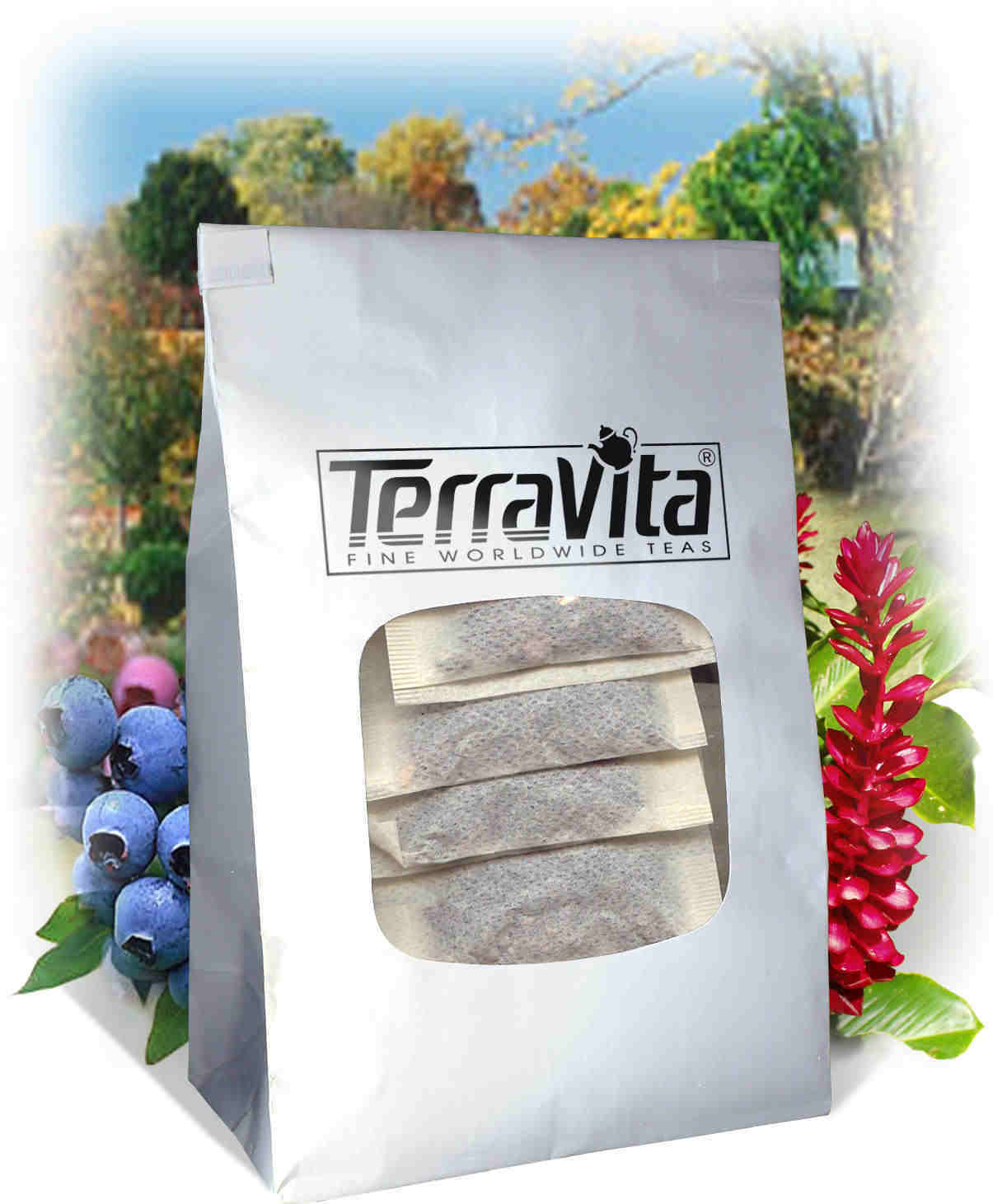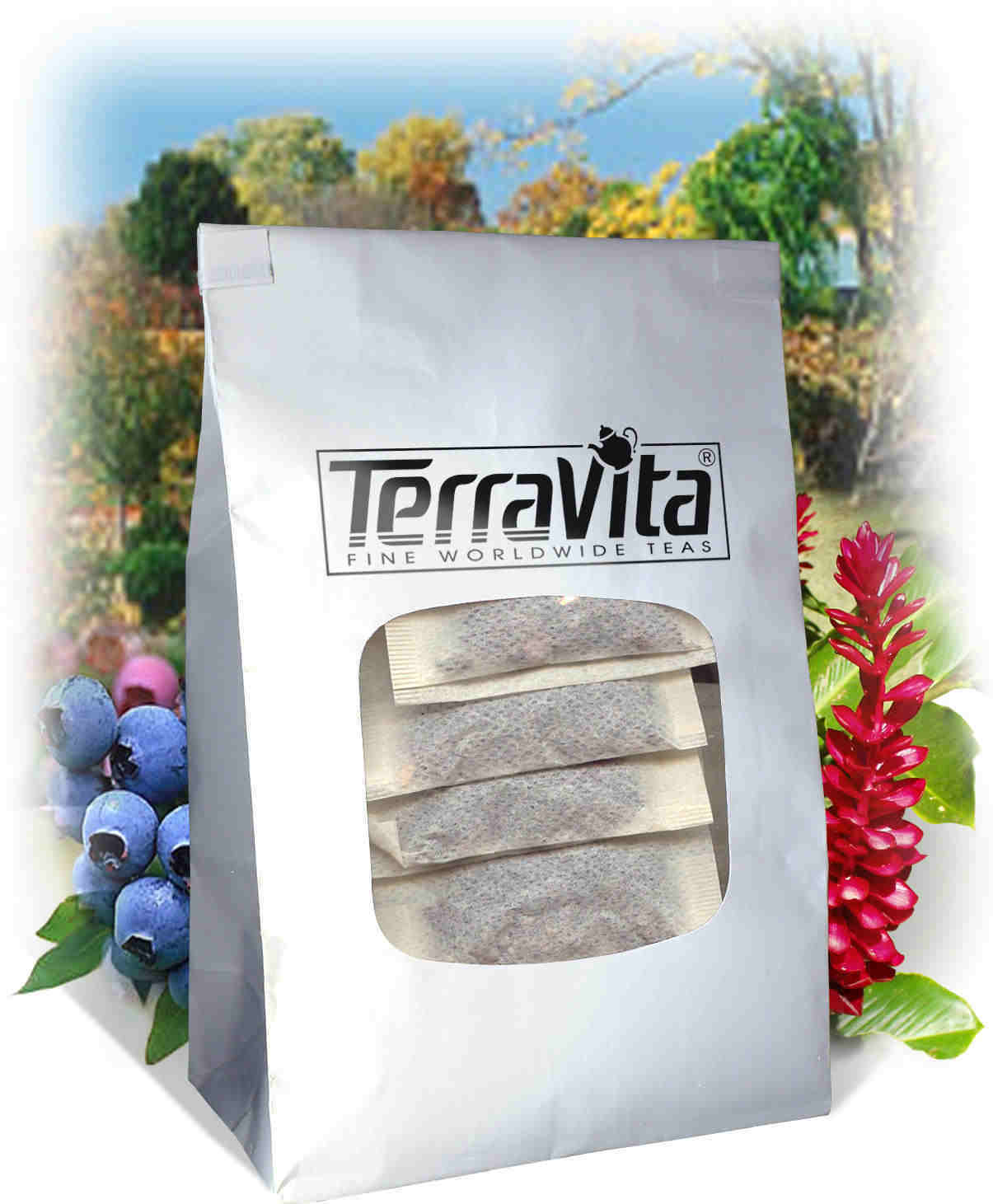Senna Combination
| Images | Product Name | Size | ZIN | Price | Quantity | Add to Cart |
| Senna Combination - Senna, Fennel, Ginger and Catnip - 450 mg | 100 capsules | 512576 | $22.69 | |||
| Senna Combination Powder - Senna, Fennel, Ginger and Catnip | 4 oz | 512577 | $19.08 | |||
| 1 oz | 512578 | $10.53 | ||||
| Senna Combination Cream | 2 oz | 524431 | $22.45 | |||
| Senna Combination Salve | 2 oz | 524432 | $24.62 | |||
| Senna Combination Tea (Loose) - Senna, Fennel, Ginger and Catnip | 4 oz | 512579 | $17.77 | |||
| 8 oz | 512580 | $26.83 | ||||
| Senna Combination Tea - Senna, Fennel, Ginger and Catnip | 25 tea bags | 512581 | $17.48 | |||
| 50 tea bags | 512582 | $26.58 | ||||
| Senna Combination Glycerite Liquid Extract (1:5) | 1 oz - No Flavor | 522992 | $20.94 | |||
| 1 oz - Strawberry | 522993 | $23.15 | ||||
| 1 oz - Vanilla | 522994 | $23.15 | ||||
| 1 oz - Chocolate | 522995 | $23.15 | ||||
| 1 oz - Mint | 522996 | $23.15 |
TerraVita strives to make all of our products affordable and reliable and are constantly searching the market to maintain our affordability and to look for new ways to serve you and the ones you love. TerraVita has become a trusted household name for many families and can bring you and yours the very best herbal supplements, blends, teas and spices that are on the market today.
TerraVita is packed in tamper-proof, food-grade, recyclable containers.
ZooScape is proud to be the exclusive distributor of TerraVita teas, herbs and supplements in the United States, Canada and around the world. Please direct all wholesale and bulk inquiries to 1-844-449-0444.
Bianca Rosa is an exclusive line of premium-quality natural products sourced from only the finest and purest ingredients from around the world. Bianca Rosa is hallmarked by the highest possible standards of purity, stability and freshness. All Bianca Rosa products are prepared with the highest level of quality control, from the raw materials used through the entire manufacturing process, up to and including the moment that the finished product is sealed for freshness and shipped to you. Our highest possible standards backed by our personal guarantee.
Bianca Rosa makes all products as affordable as possible and we are constantly searching the market to maintain our affordability and to look for new ways to serve you. Bianca Rosa has been a trusted household name for many families throughout the world since the 1990s. Bianca Rosa is packed in tamper-proof, recyclable containers.
ZooScape is proud to be the exclusive distributor of all Bianca Rosa products, including creams, salves and oils in the United States, Canada and around the world. Please direct all wholesale and bulk inquiries to 1-844-449-0444.
These statements have not been evaluated by the Food and Drug Administration (FDA). Products are intended to support general well being and are not intended to treat, diagnose, prevent, or cure any condition or disease.
Papaya, Lobelia, Ginger, and More Formula
| Images | Product Name | Size | ZIN | Price | Quantity | Add to Cart |
| Papaya, Lobelia, Ginger, and More Formula Tea (Loose) | 4 oz | 512468 | $17.41 | |||
| 8 oz | 512469 | $27.69 | ||||
| Papaya, Lobelia, Ginger, and More Formula Tea | 25 tea bags | 512470 | $20.61 | |||
| 50 tea bags | 512471 | $31.83 | ||||
| Papaya, Lobelia, Ginger, and More Formula Glycerite Liquid Extract (1:5) | 1 oz - No Flavor | 523441 | $20.94 | |||
| 1 oz - Strawberry | 523442 | $23.15 | ||||
| 1 oz - Vanilla | 523443 | $23.15 | ||||
| 1 oz - Chocolate | 523444 | $23.15 | ||||
| 1 oz - Mint | 523445 | $23.15 | ||||
| Papaya, Lobelia, Ginger, and More Formula - 450 mg | 100 capsules | 512465 | $24.11 | |||
| Papaya, Lobelia, Ginger, and More Formula Powder | 4 oz | 512466 | $21.53 | |||
| 1 oz | 512467 | $11.21 |
TerraVita strives to make all of our products affordable and reliable and are constantly searching the market to maintain our affordability and to look for new ways to serve you and the ones you love. TerraVita has become a trusted household name for many families and can bring you and yours the very best herbal supplements, blends, teas and spices that are on the market today.
TerraVita is packed in tamper-proof, food-grade, recyclable containers.
ZooScape is proud to be the exclusive distributor of TerraVita teas, herbs and supplements in the United States, Canada and around the world. Please direct all wholesale and bulk inquiries to 1-844-449-0444.
These statements have not been evaluated by the Food and Drug Administration (FDA). Products are intended to support general well being and are not intended to treat, diagnose, prevent, or cure any condition or disease.
Cramp Bark, Barberry, Wild Yam, and More Formula
| Images | Product Name | Size | ZIN | Price | Quantity | Add to Cart |
| Cramp Bark, Barberry, Wild Yam, and More Formula - 450 mg | 100 capsules | 512472 | $24.18 | |||
| Cramp Bark, Barberry, Wild Yam, and More Formula Powder | 4 oz | 512473 | $21.66 | |||
| 1 oz | 512474 | $11.25 | ||||
| Cramp Bark, Barberry, Wild Yam, and More Formula Tea (Loose) | 4 oz | 512475 | $18.96 | |||
| 8 oz | 512476 | $30.59 | ||||
| Cramp Bark, Barberry, Wild Yam, and More Formula Tea | 25 tea bags | 512477 | $21.61 | |||
| 50 tea bags | 512478 | $33.61 | ||||
| Cramp Bark, Barberry, Wild Yam, and More Formula Glycerite Liquid Extract (1:5) | 1 oz - No Flavor | 523541 | $20.94 | |||
| 1 oz - Strawberry | 523542 | $23.15 | ||||
| 1 oz - Vanilla | 523543 | $23.15 | ||||
| 1 oz - Chocolate | 523544 | $23.15 | ||||
| 1 oz - Mint | 523545 | $23.15 |
TerraVita strives to make all of our products affordable and reliable and are constantly searching the market to maintain our affordability and to look for new ways to serve you and the ones you love. TerraVita has become a trusted household name for many families and can bring you and yours the very best herbal supplements, blends, teas and spices that are on the market today.
TerraVita is packed in tamper-proof, food-grade, recyclable containers.
ZooScape is proud to be the exclusive distributor of TerraVita teas, herbs and supplements in the United States, Canada and around the world. Please direct all wholesale and bulk inquiries to 1-844-449-0444.
These statements have not been evaluated by the Food and Drug Administration (FDA). Products are intended to support general well being and are not intended to treat, diagnose, prevent, or cure any condition or disease.
Catnip 4:1 Extract
| Images | Product Name | Size | ZIN | Price | Quantity | Add to Cart |
| Catnip 4:1 - 450 mg | 100 capsules | 519551 | $27.96 | |||
| Catnip 4:1 Powder | 1 oz | 519552 | $12.28 | |||
| 4 oz | 519553 | $25.96 | ||||
| Catnip 4:1 Cream | 2 oz | 519554 | $38.56 | |||
| Catnip 4:1 Salve | 2 oz | 519555 | $42.31 |
TerraVita strives to make all of our products affordable and reliable and are constantly searching the market to maintain our affordability and to look for new ways to serve you and the ones you love. TerraVita has become a trusted household name for many families and can bring you and yours the very best herbal supplements, blends, teas and spices that are on the market today.
TerraVita is packed in tamper-proof, food-grade, recyclable containers.
ZooScape is proud to be the exclusive distributor of TerraVita teas, herbs and supplements in the United States, Canada and around the world. Please direct all wholesale and bulk inquiries to 1-844-449-0444.
Bianca Rosa is an exclusive line of premium-quality natural products sourced from only the finest and purest ingredients from around the world. Bianca Rosa is hallmarked by the highest possible standards of purity, stability and freshness. All Bianca Rosa products are prepared with the highest level of quality control, from the raw materials used through the entire manufacturing process, up to and including the moment that the finished product is sealed for freshness and shipped to you. Our highest possible standards backed by our personal guarantee.
Bianca Rosa makes all products as affordable as possible and we are constantly searching the market to maintain our affordability and to look for new ways to serve you. Bianca Rosa has been a trusted household name for many families throughout the world since the 1990s. Bianca Rosa is packed in tamper-proof, recyclable containers.
ZooScape is proud to be the exclusive distributor of all Bianca Rosa products, including creams, salves and oils in the United States, Canada and around the world. Please direct all wholesale and bulk inquiries to 1-844-449-0444.
These statements have not been evaluated by the Food and Drug Administration (FDA). Products are intended to support general well being and are not intended to treat, diagnose, prevent, or cure any condition or disease.
Catnip
| Images | Product Name | Size | ZIN | Price | Quantity | Add to Cart |
| Catnip Tea (Loose) | 4 oz | 511690 | $13.63 | |||
| 8 oz | 511691 | $20.71 | ||||
| Catnip Tea | 25 tea bags | 511692 | $18.21 | |||
| 50 tea bags | 511693 | $27.48 | ||||
| Catnip - Glycerite Liquid Extract (1:5) | 1 fl oz - No Flavor | 428567 | $18.51 | |||
| 1 fl oz - Strawberry | 428568 | $19.44 | ||||
| 1 fl oz - Chocolate | 428569 | $19.44 | ||||
| 1 fl oz - Vanilla | 428570 | $19.44 | ||||
| 1 fl oz - Mint | 428571 | $19.44 | ||||
| Catnip - Cream | 2 oz | 428572 | $28.54 | |||
| Catnip - Salve Ointment | 2 oz | 428573 | $35.57 | |||
| Catnip - 450 mg | 100 capsules | 511687 | $23.84 | |||
| Catnip Powder | 4 oz | 511688 | $21.04 | |||
| 1 oz | 511689 | $11.08 | ||||
| Catnip and Fennel Combination - 450 mg | 100 capsules | 512491 | $23.05 | |||
| Catnip and Fennel Combination Powder | 4 oz | 512492 | $26.96 | |||
| 1 oz | 512493 | $14.37 | ||||
| Catnip & Fennel Combination Cream | 2 oz | 524305 | $22.45 | |||
| Catnip & Fennel Combination Salve | 2 oz | 524306 | $24.62 | |||
| Catnip and Fennel Combination Tea (Loose) | 4 oz | 512494 | $19.31 | |||
| 8 oz | 512495 | $29.72 | ||||
| Catnip and Fennel Combination Tea | 25 tea bags | 512496 | $18.26 | |||
| 50 tea bags | 512497 | $28.07 | ||||
| Catnip & Fennel Combination Glycerite Liquid Extract (1:5) | 1 oz - No Flavor | 522232 | $20.94 | |||
| 1 oz - Strawberry | 522233 | $23.15 | ||||
| 1 oz - Vanilla | 522234 | $23.15 | ||||
| 1 oz - Chocolate | 522235 | $23.15 | ||||
| 1 oz - Mint | 522236 | $23.15 | ||||
| Catnip (Certified Organic) - 450 mg | 100 capsules | 517598 | $24.41 | |||
| Catnip (Certified Organic) Powder | 4 oz | 517599 | $30.88 | |||
| 1 oz | 517600 | $15.45 | ||||
| Catnip (Certified Organic) Tea (Loose) | 4 oz | 517601 | $20.83 | |||
| 8 oz | 517602 | $34.18 | ||||
| Catnip (Certified Organic) Tea | 25 tea bags | 517603 | $22.28 | |||
| 50 tea bags | 517604 | $34.92 |
TerraVita strives to make all of our products affordable and reliable and are constantly searching the market to maintain our affordability and to look for new ways to serve you and the ones you love. TerraVita has become a trusted household name for many families and can bring you and yours the very best herbal supplements, blends, teas and spices that are on the market today.
TerraVita is packed in tamper-proof, food-grade, recyclable containers.
ZooScape is proud to be the exclusive distributor of TerraVita teas, herbs and supplements in the United States, Canada and around the world. Please direct all wholesale and bulk inquiries to 1-844-449-0444.
Bianca Rosa is an exclusive line of premium-quality natural products sourced from only the finest and purest ingredients from around the world. Bianca Rosa is hallmarked by the highest possible standards of purity, stability and freshness. All Bianca Rosa products are prepared with the highest level of quality control, from the raw materials used through the entire manufacturing process, up to and including the moment that the finished product is sealed for freshness and shipped to you. Our highest possible standards backed by our personal guarantee.
Bianca Rosa makes all products as affordable as possible and we are constantly searching the market to maintain our affordability and to look for new ways to serve you. Bianca Rosa has been a trusted household name for many families throughout the world since the 1990s. Bianca Rosa is packed in tamper-proof, recyclable containers.
ZooScape is proud to be the exclusive distributor of all Bianca Rosa products, including creams, salves and oils in the United States, Canada and around the world. Please direct all wholesale and bulk inquiries to 1-844-449-0444.
These statements have not been evaluated by the Food and Drug Administration (FDA). Products are intended to support general well being and are not intended to treat, diagnose, prevent, or cure any condition or disease.
